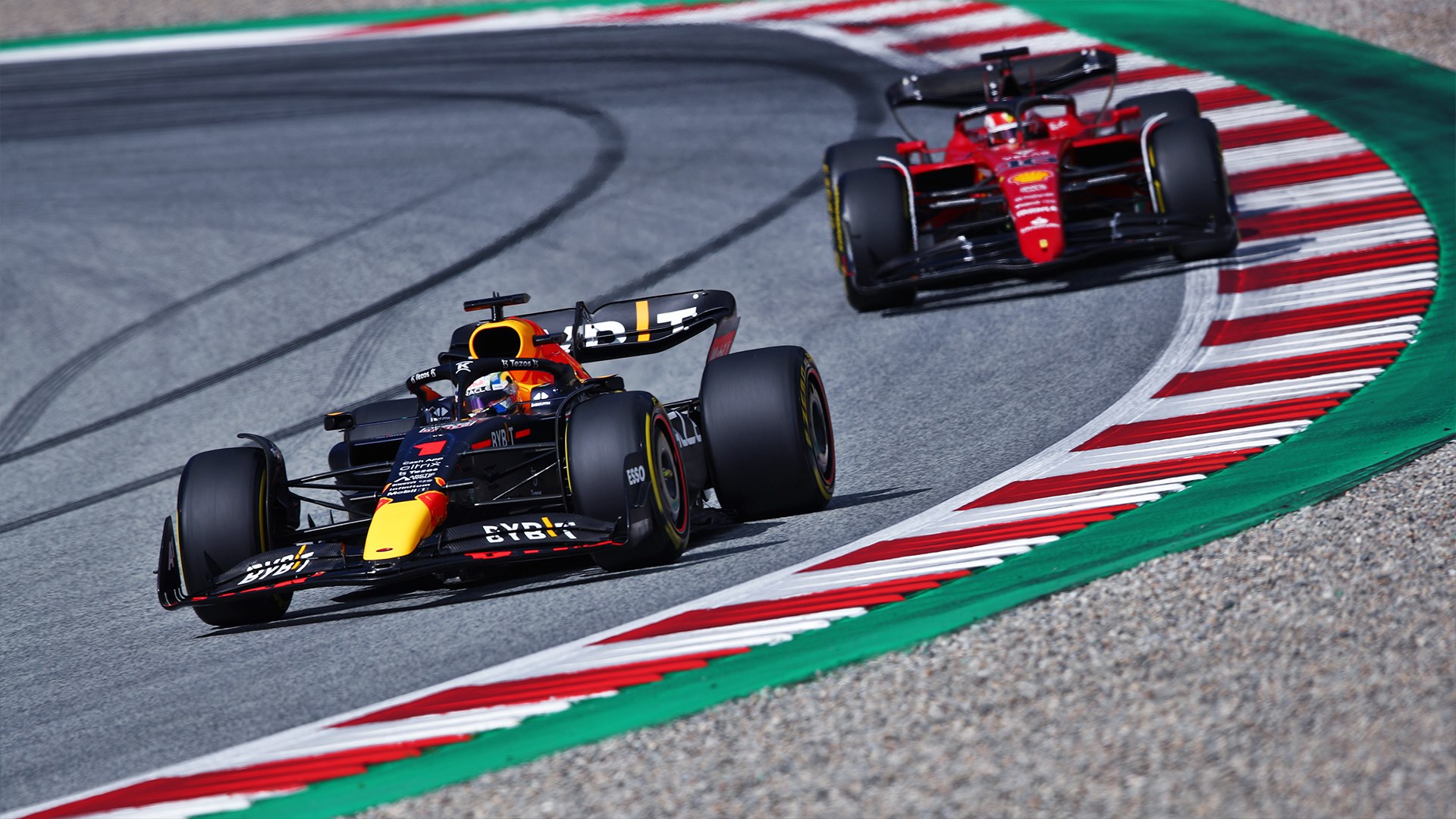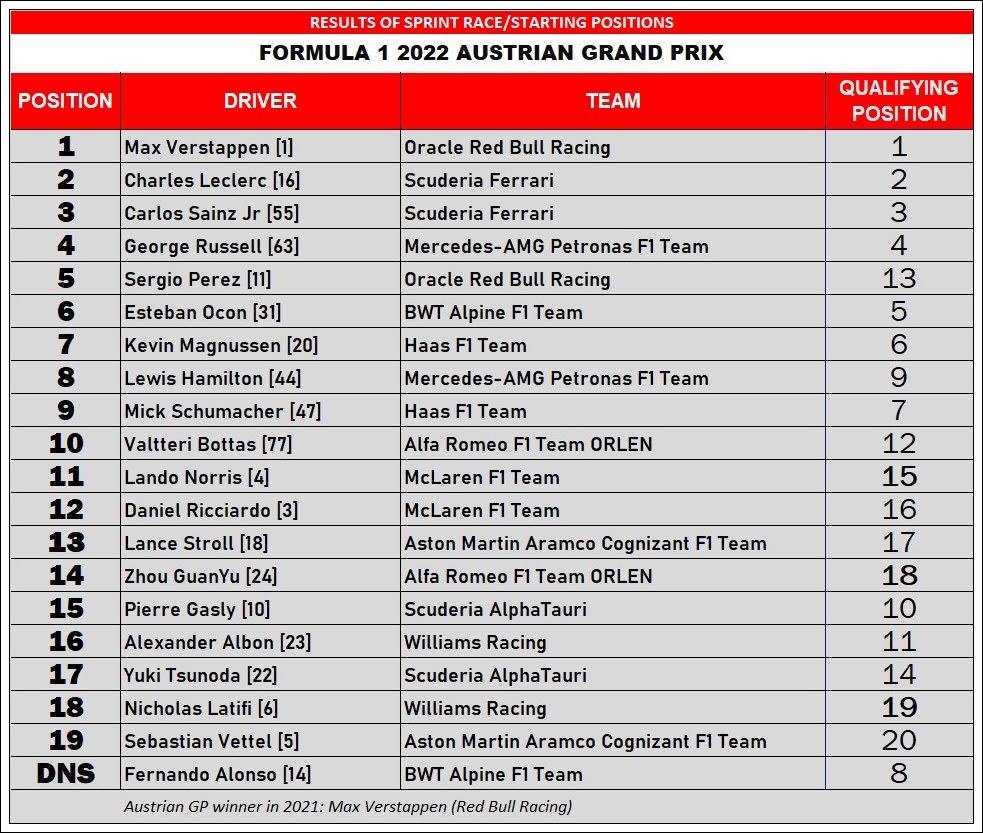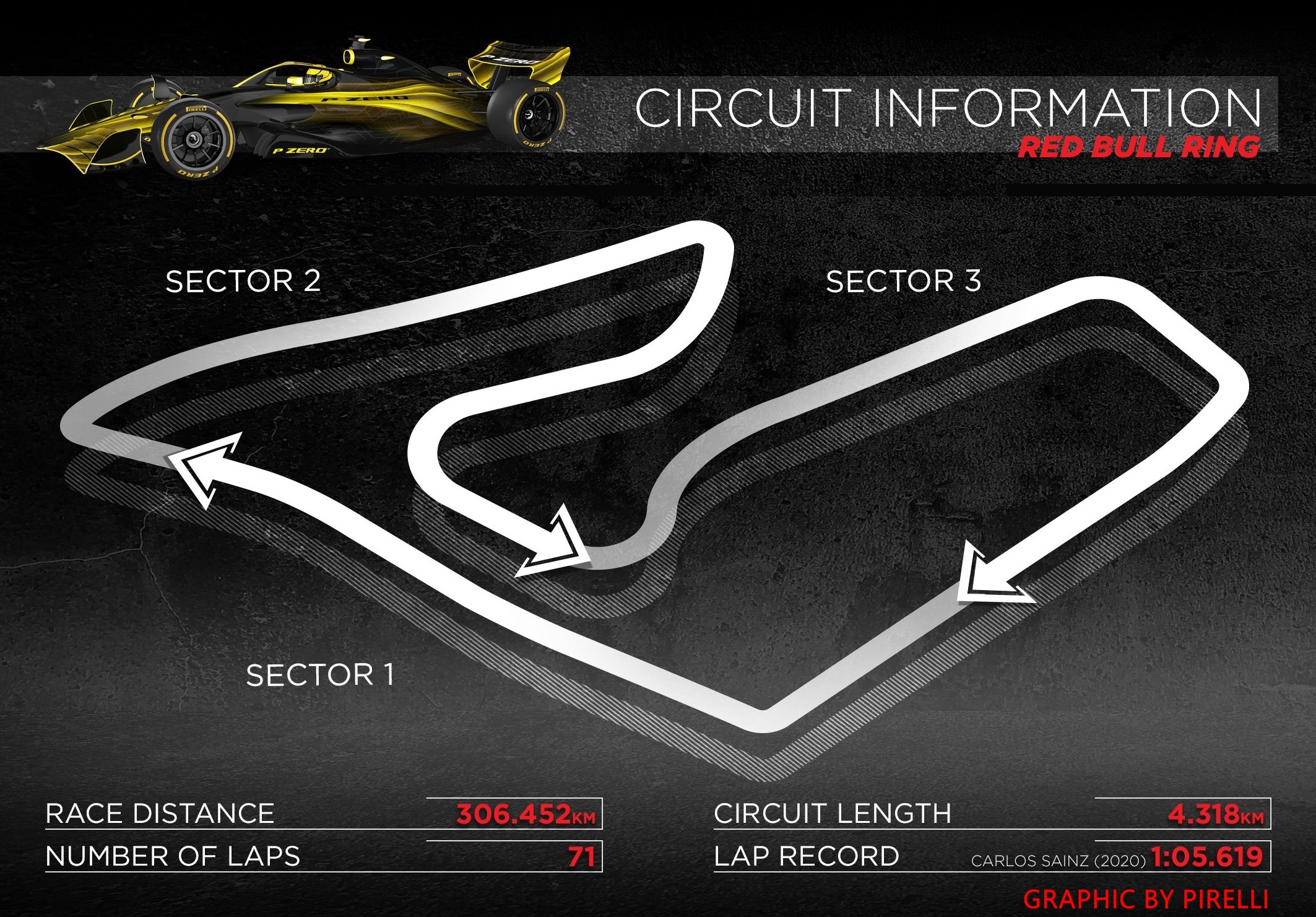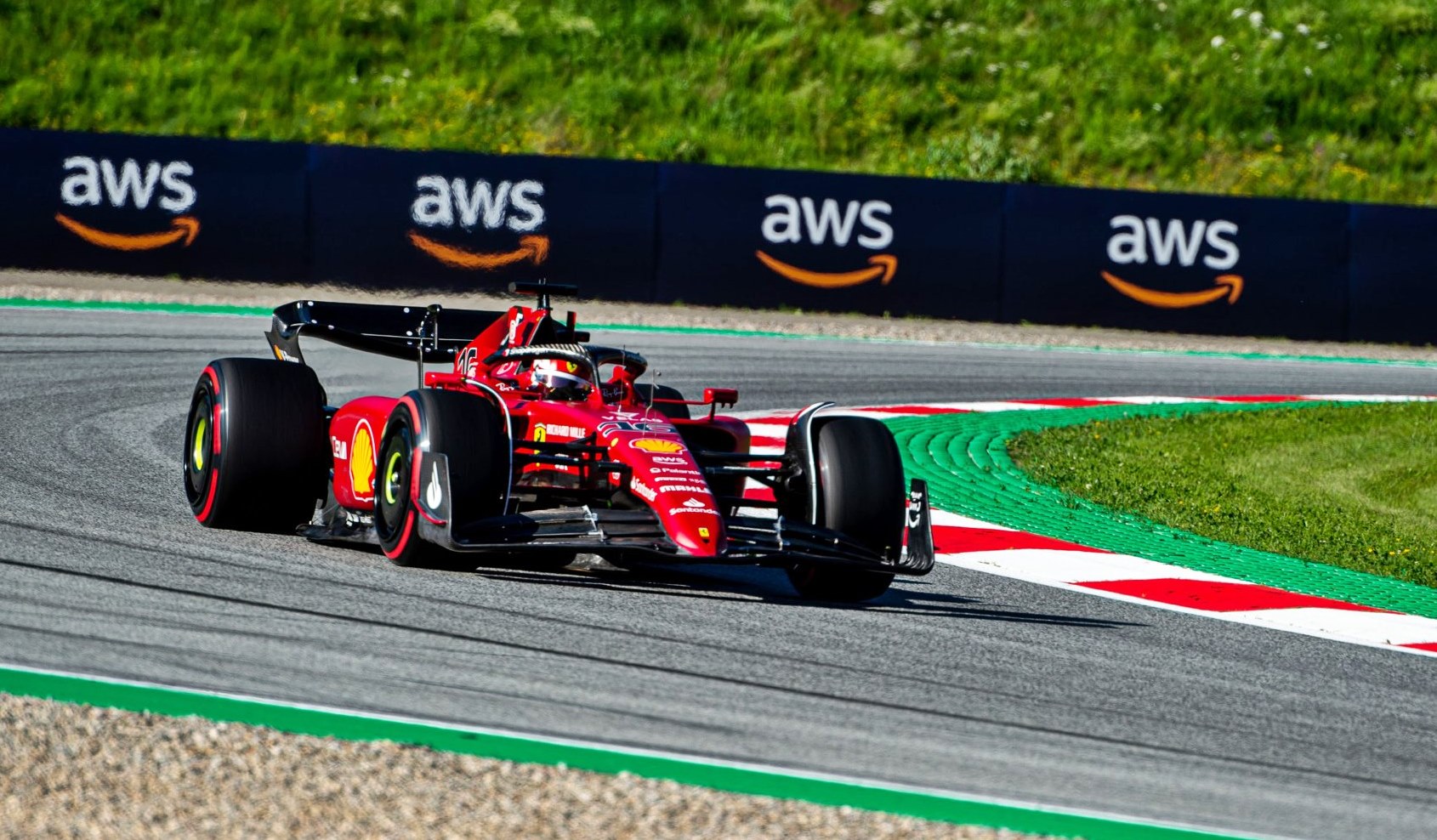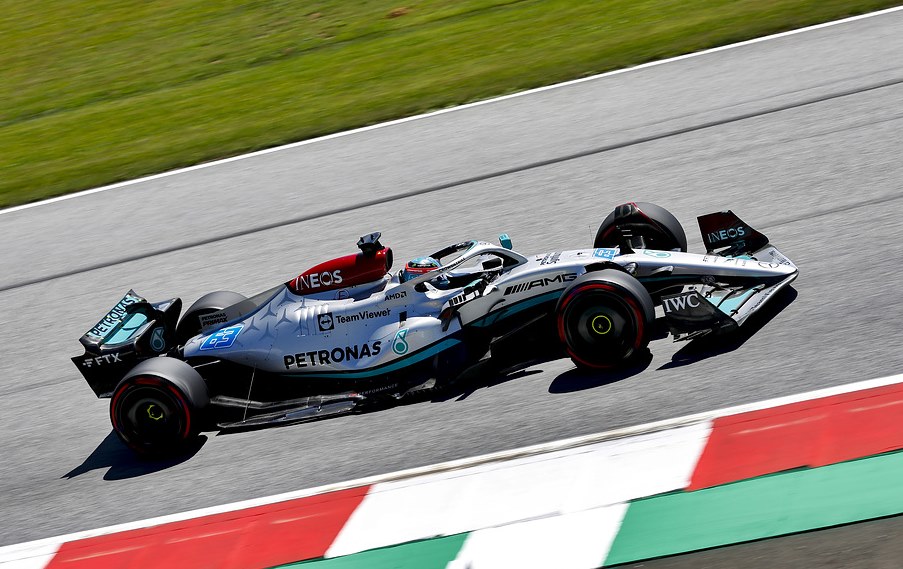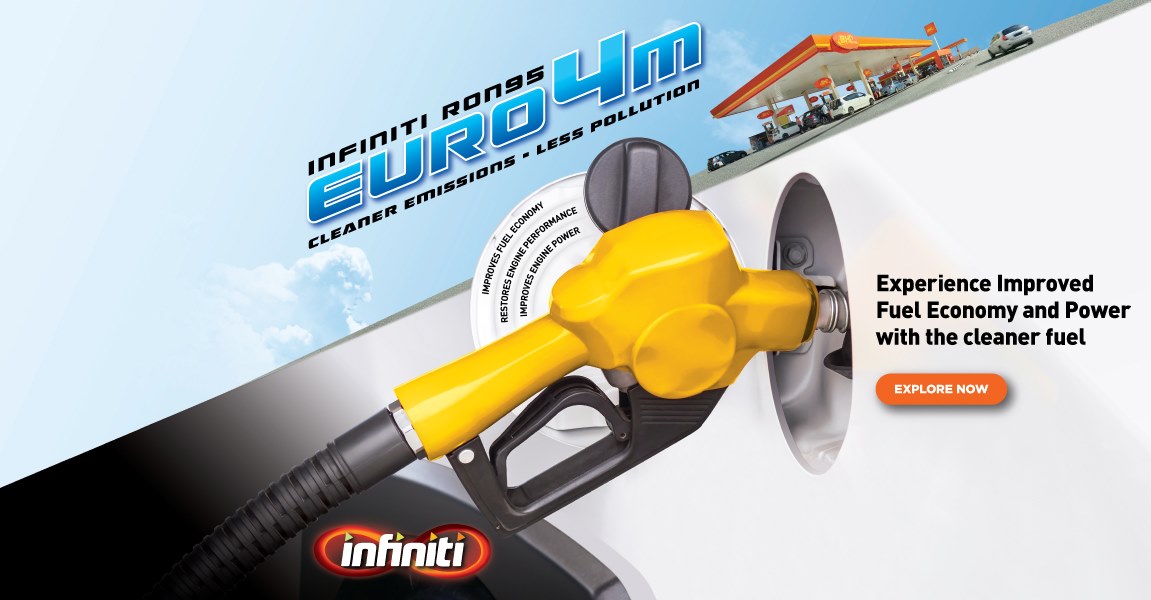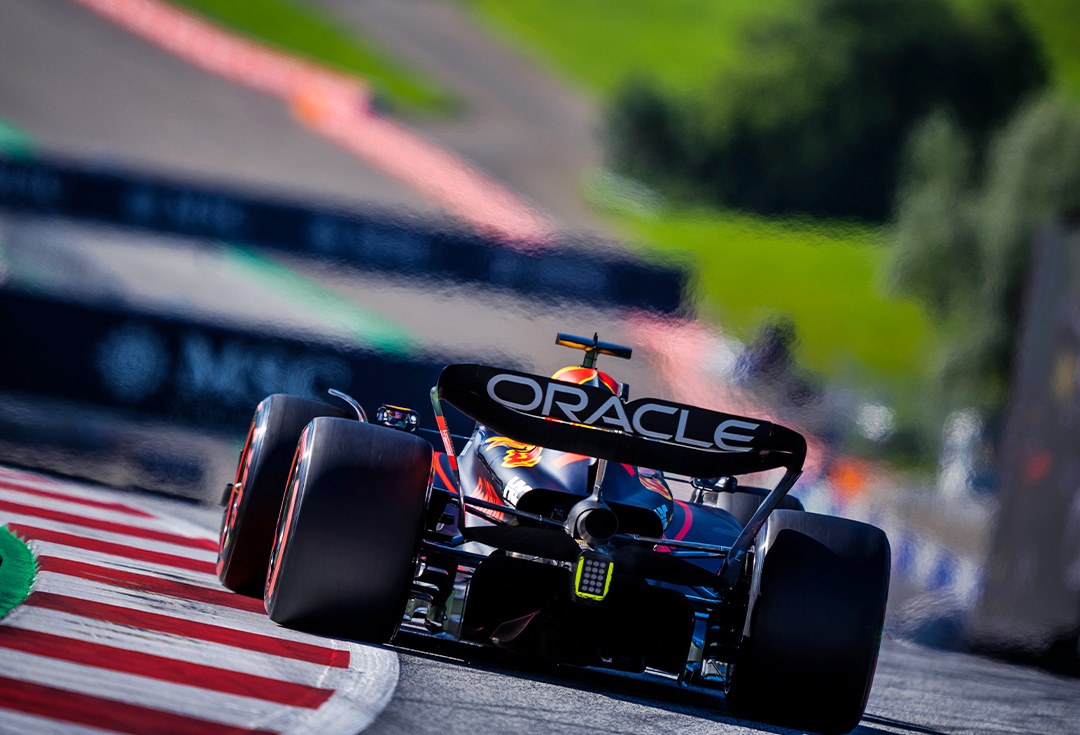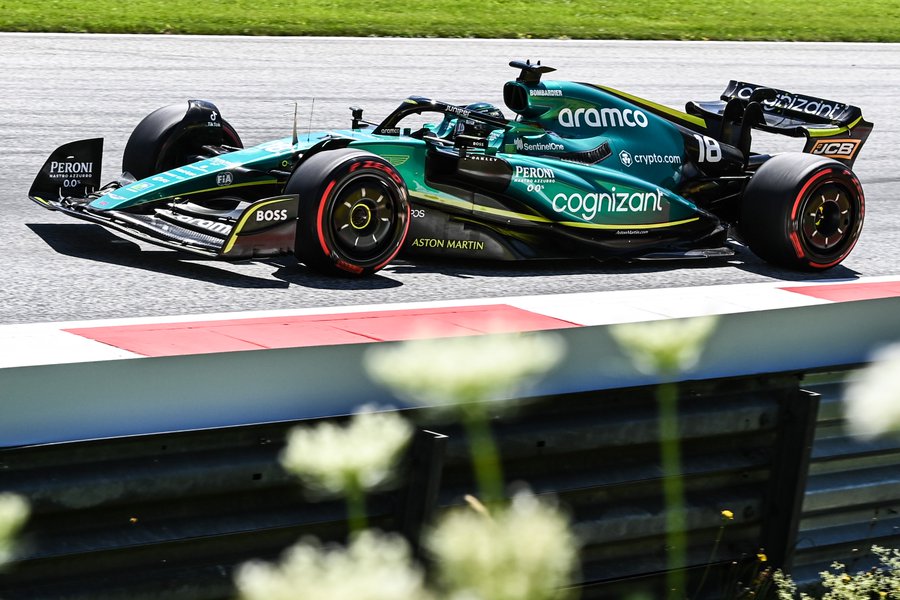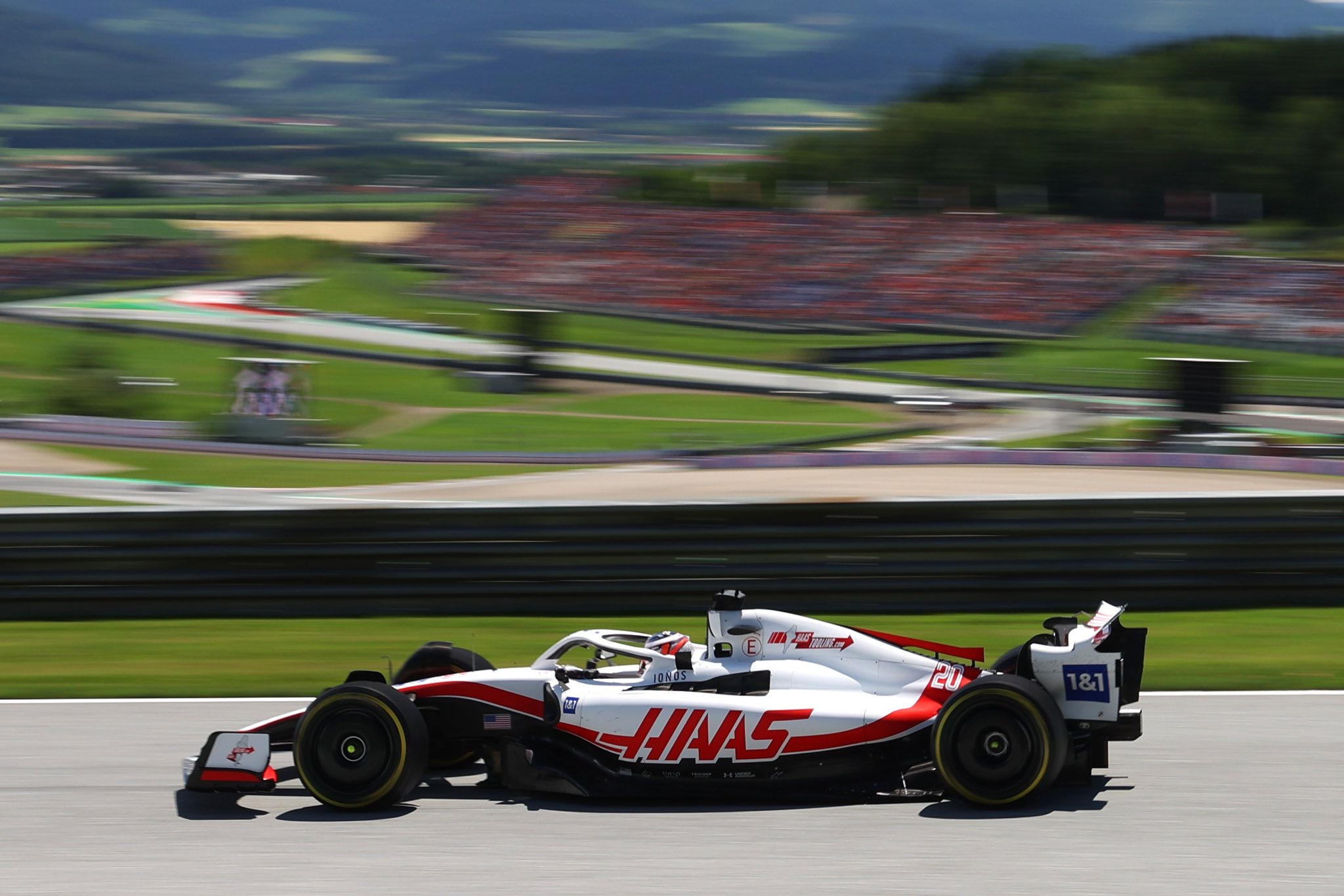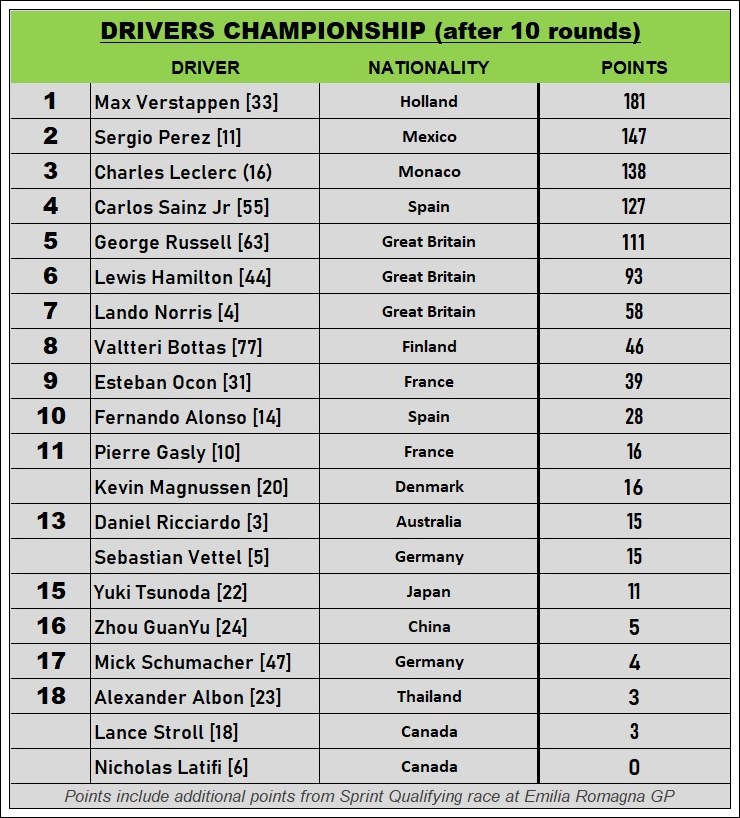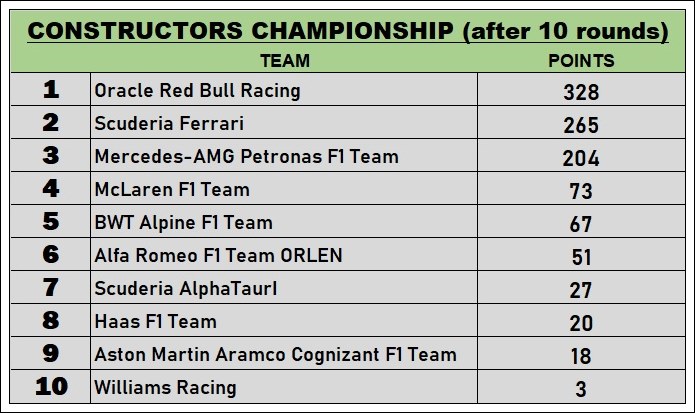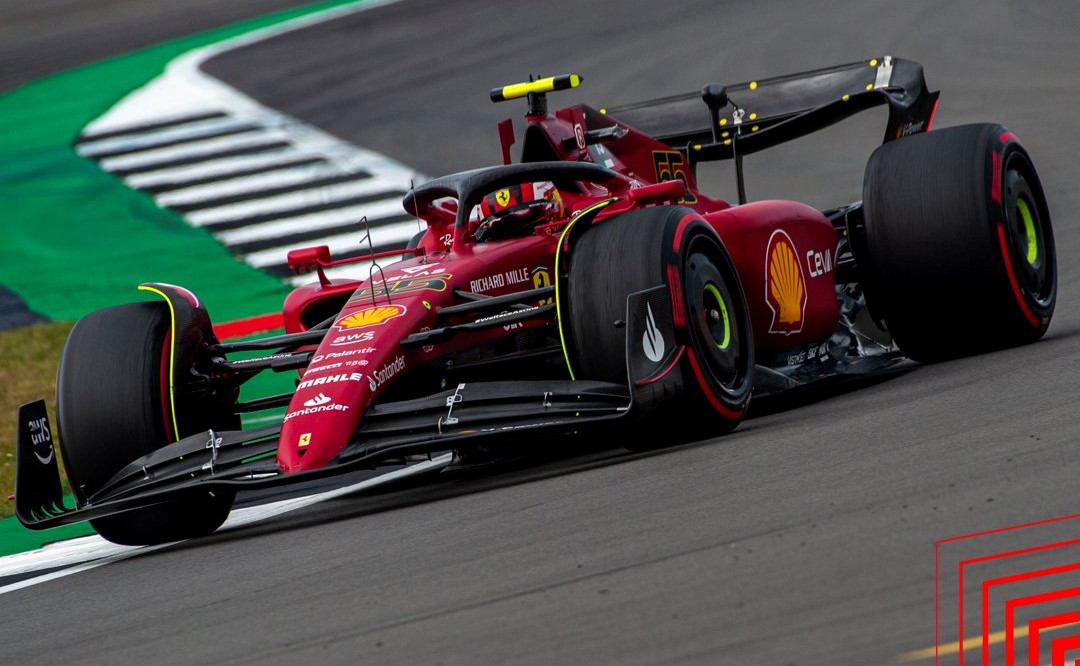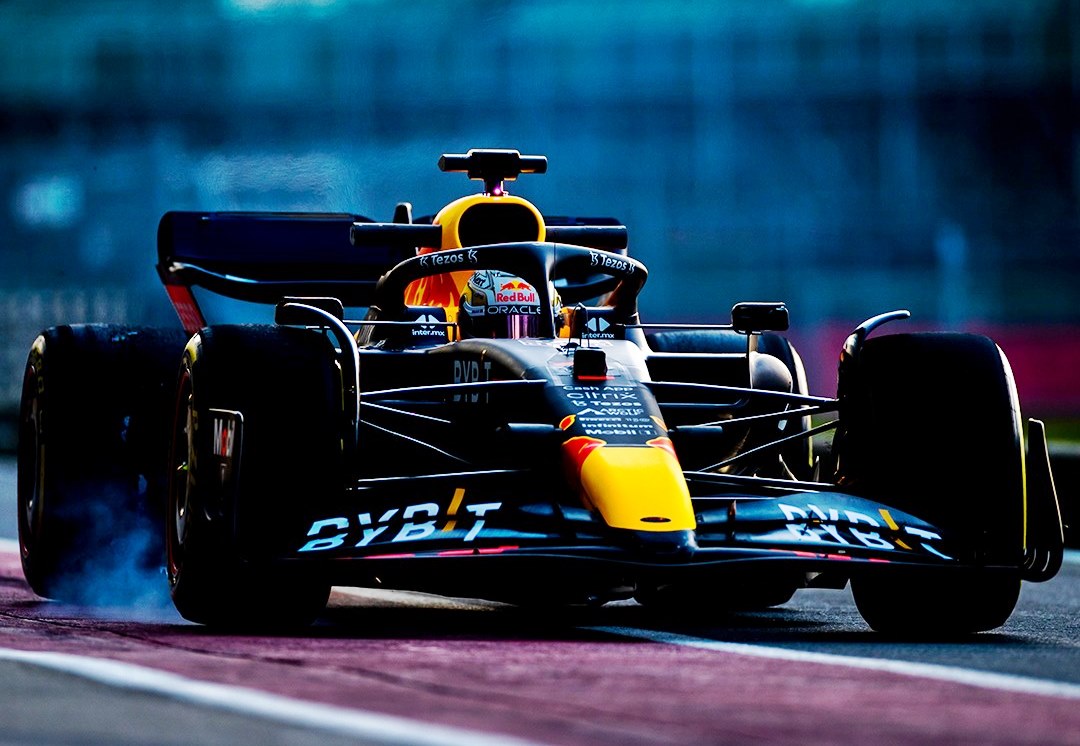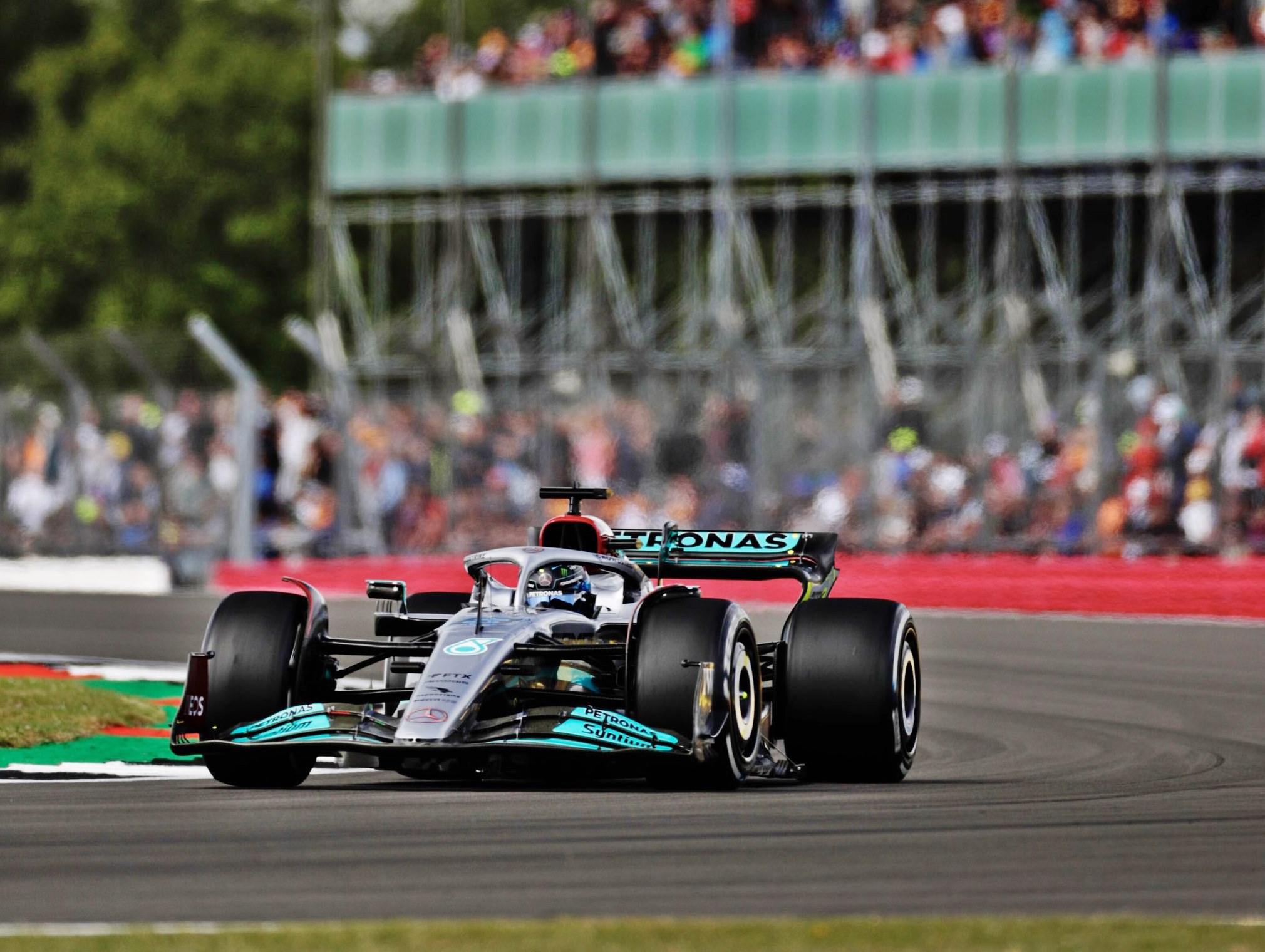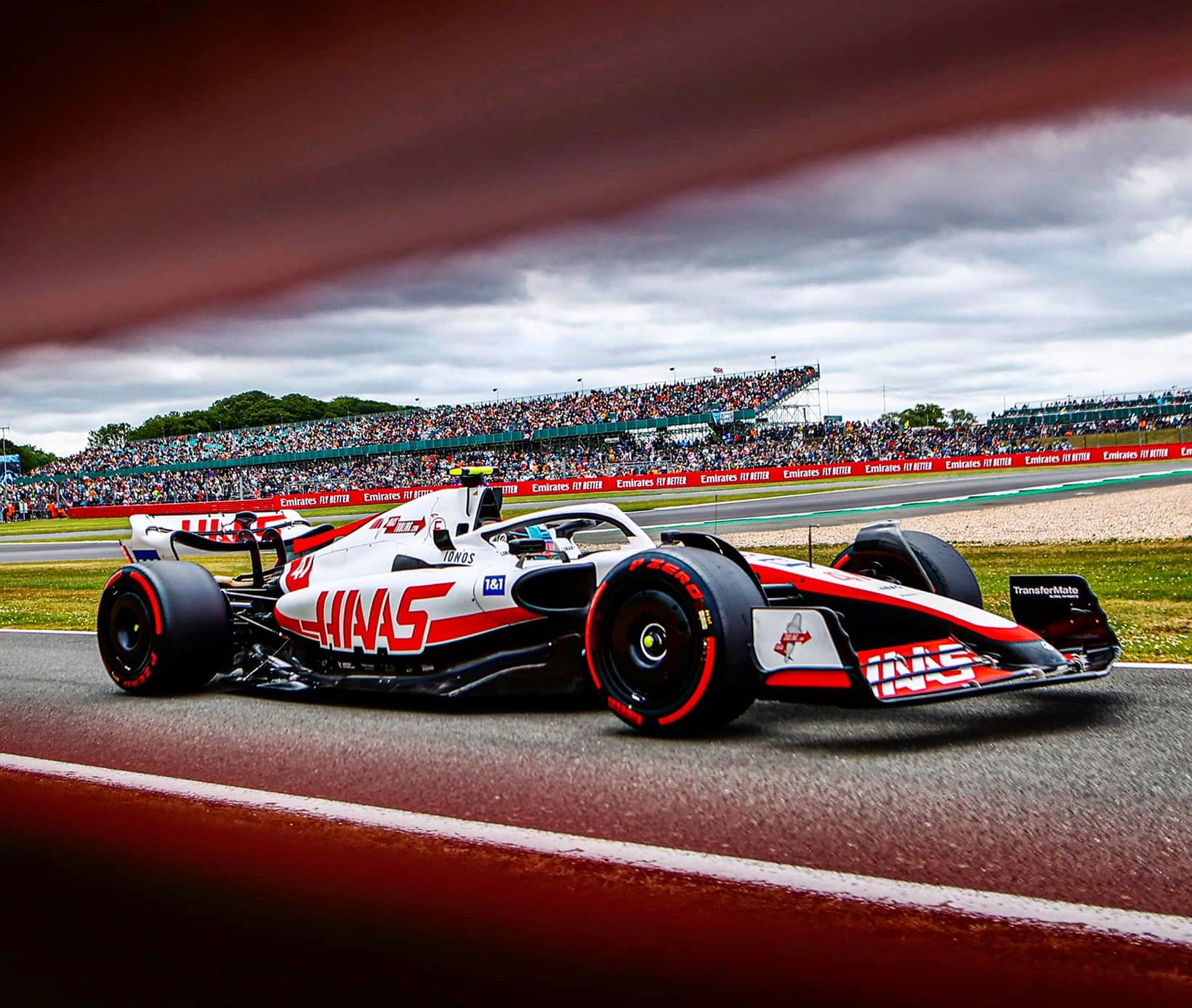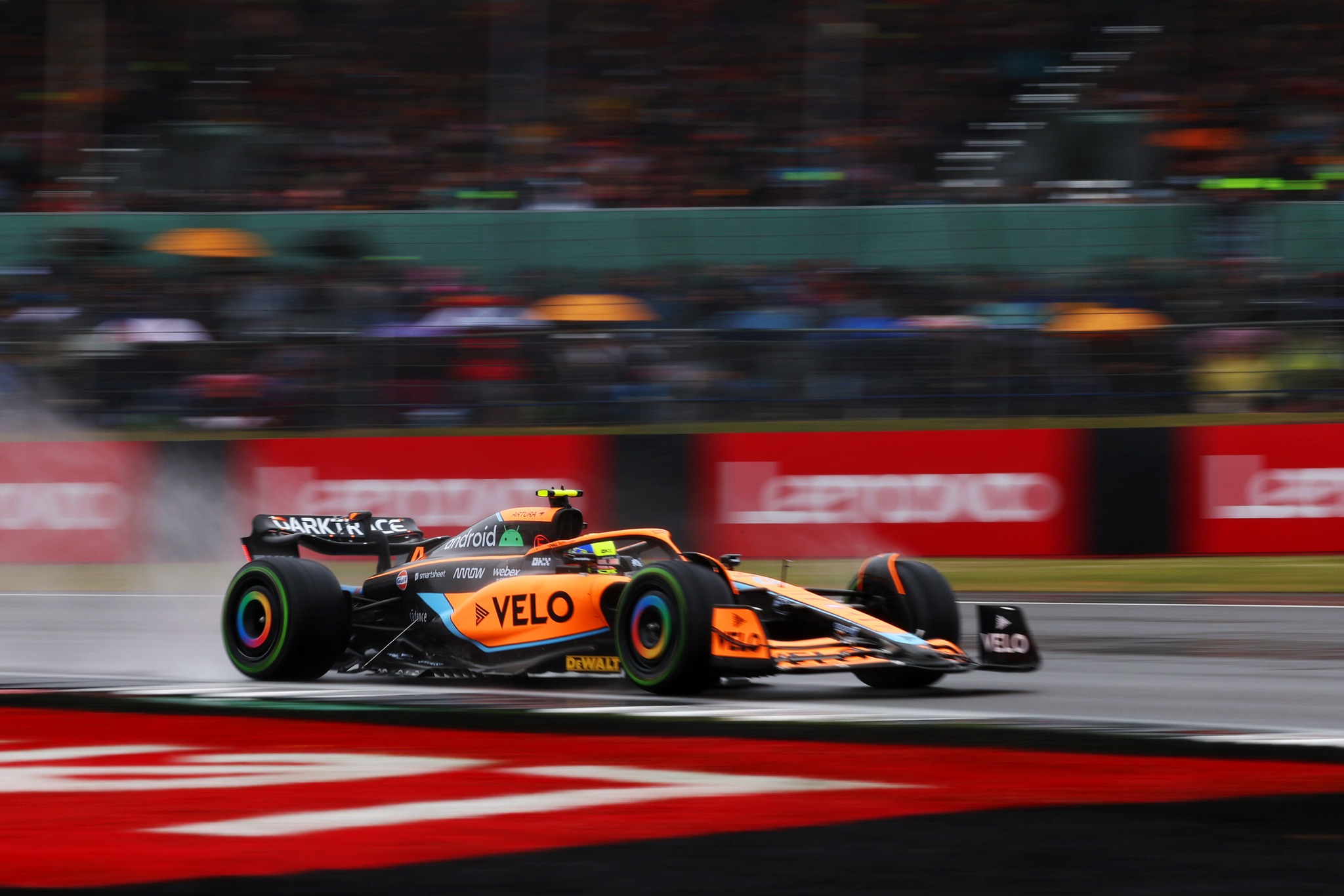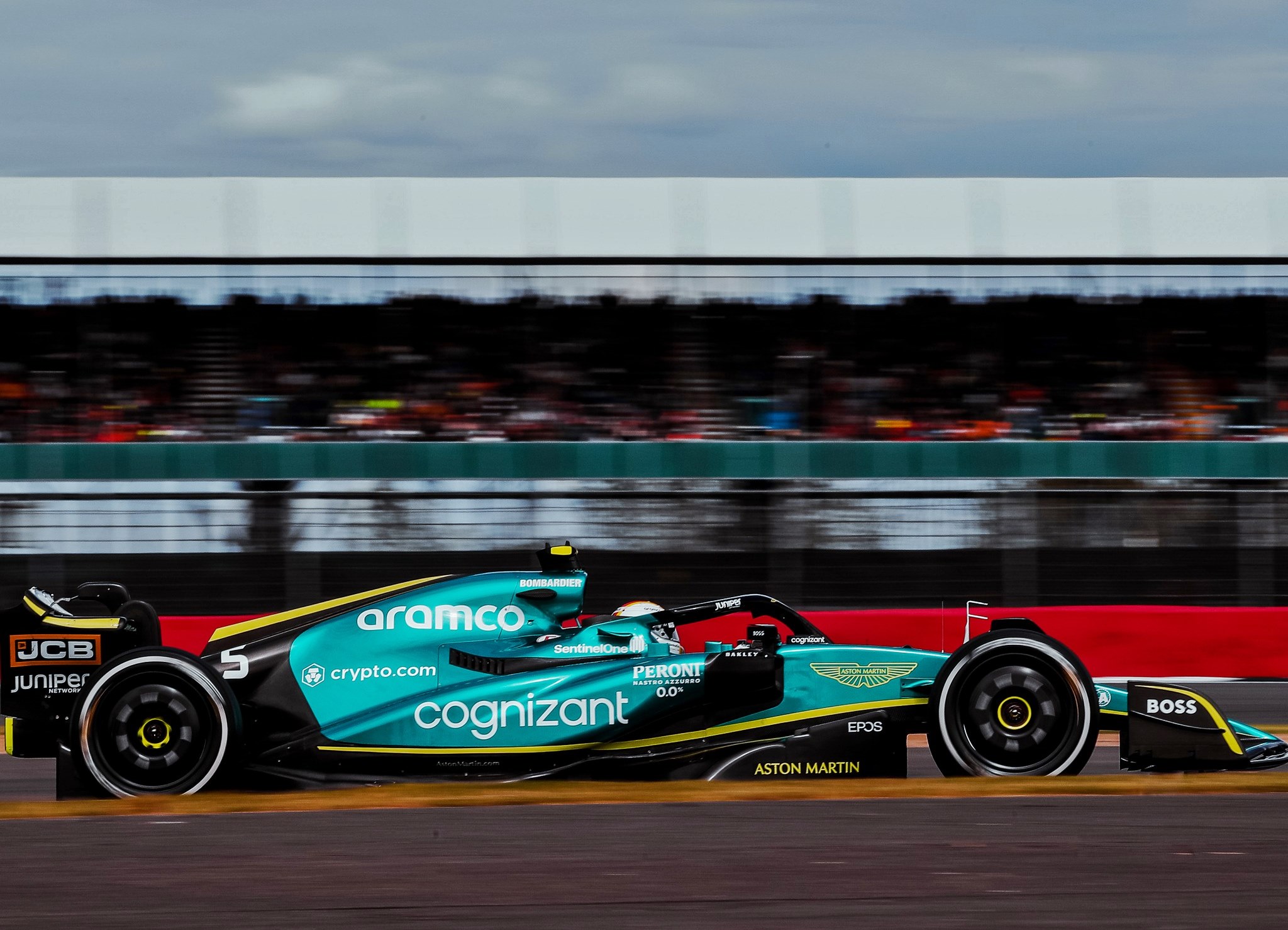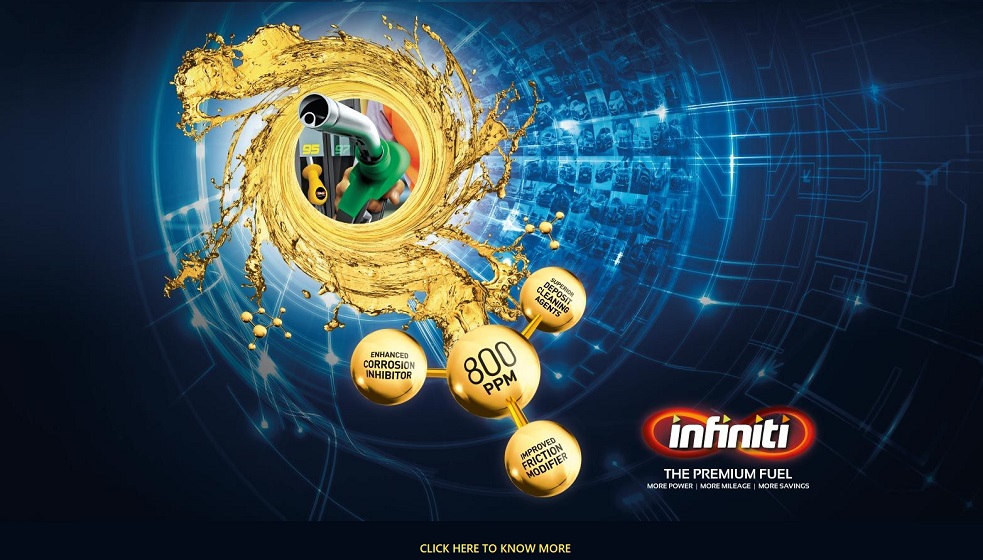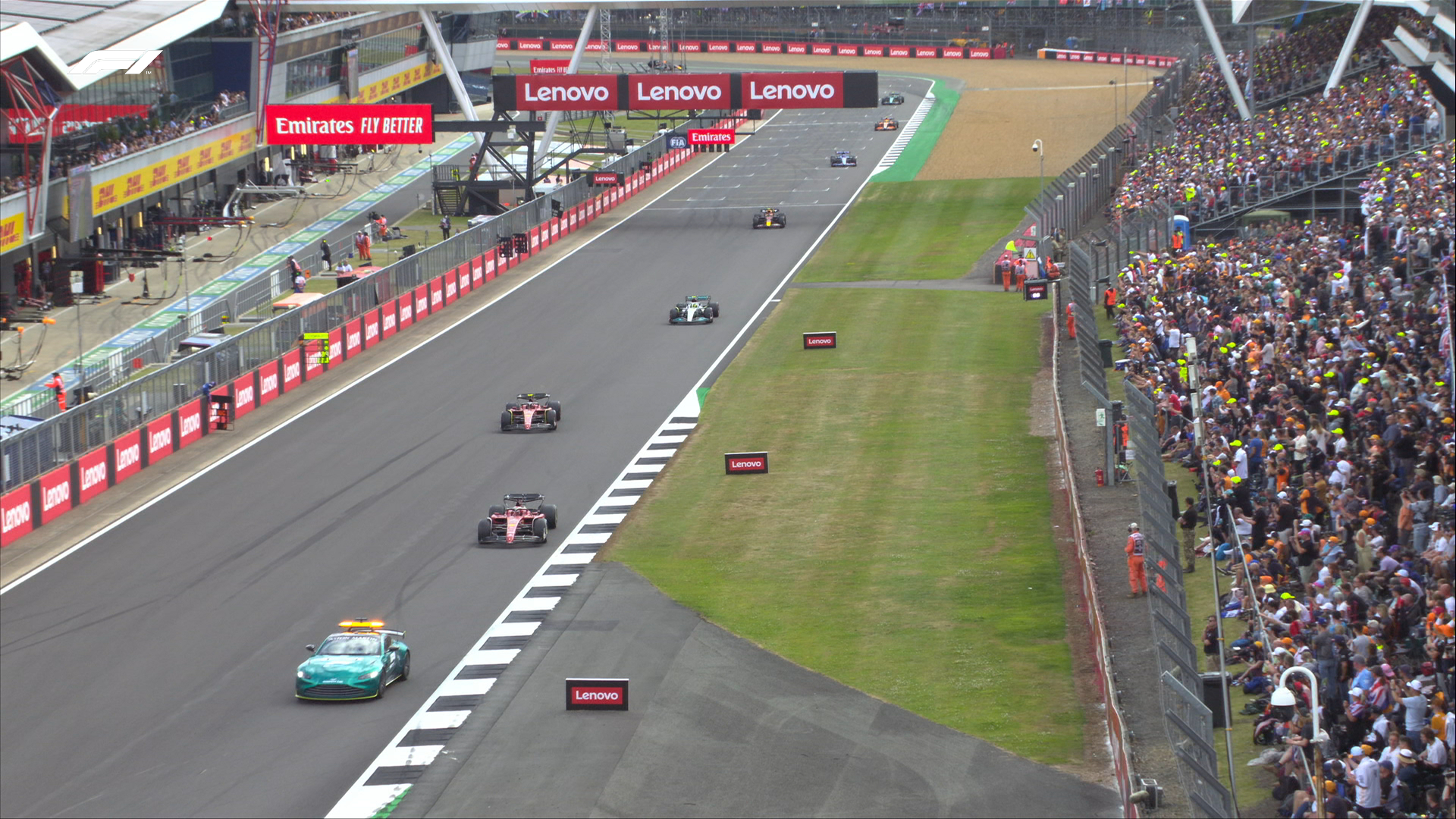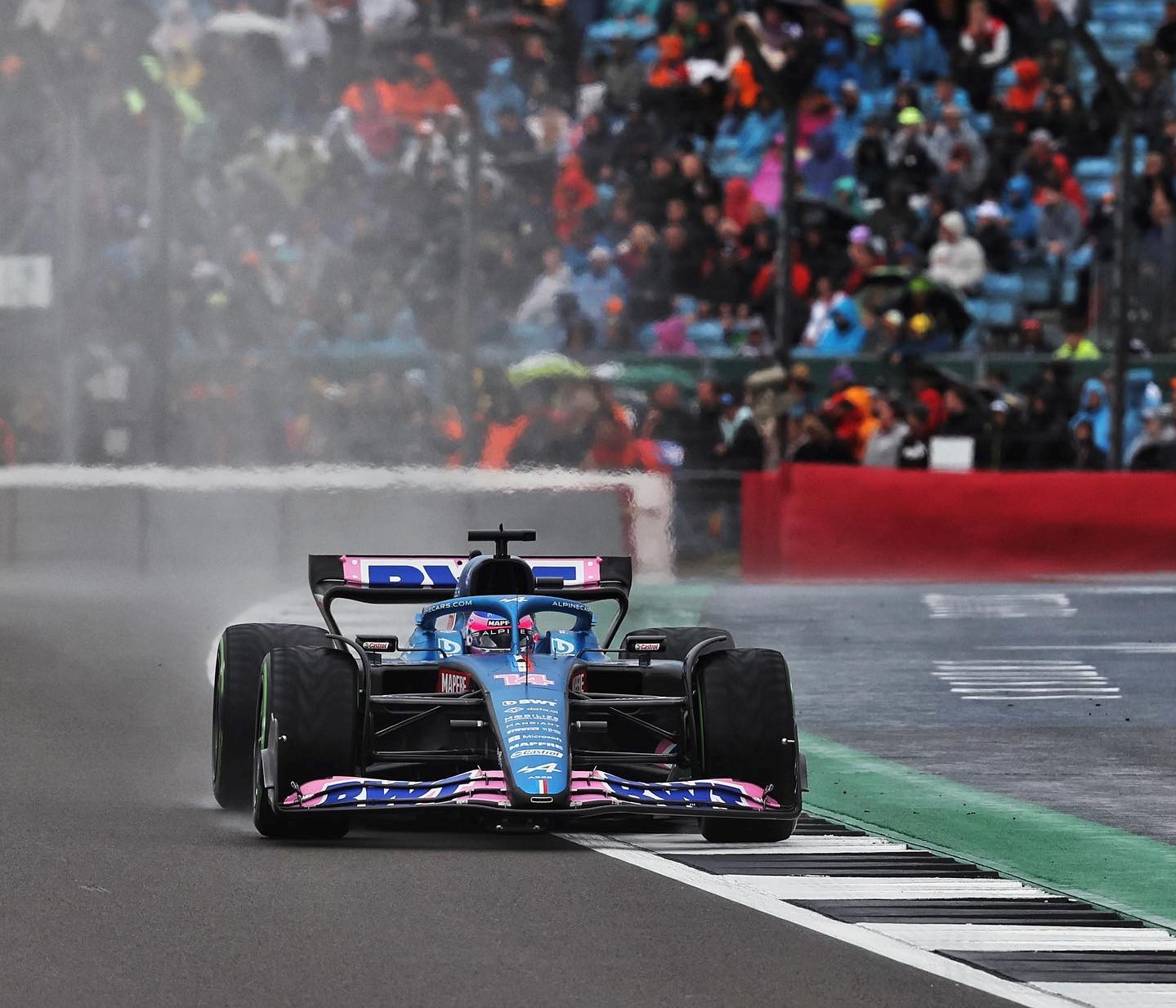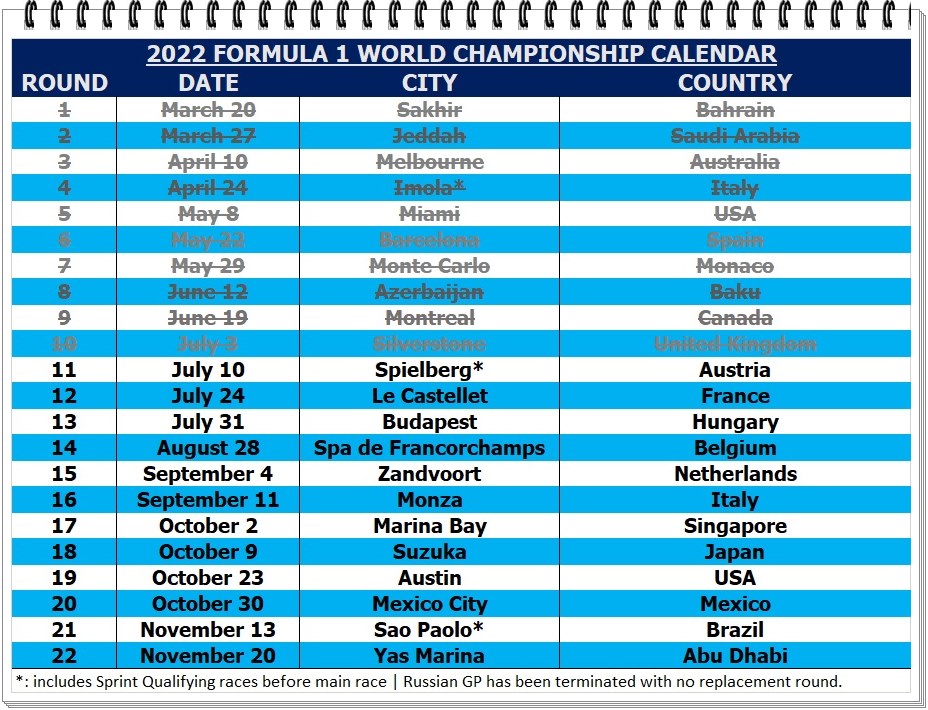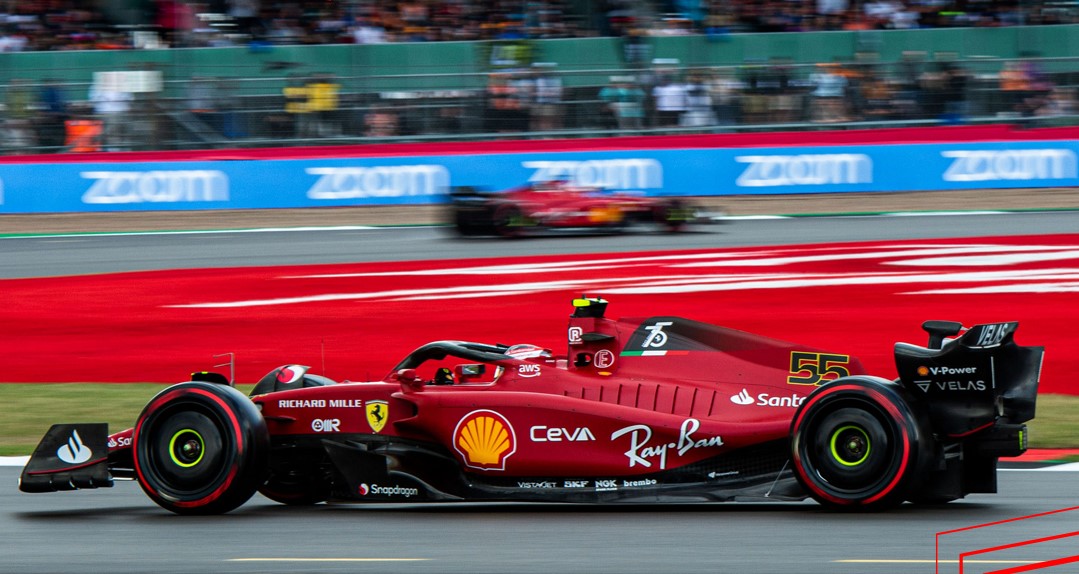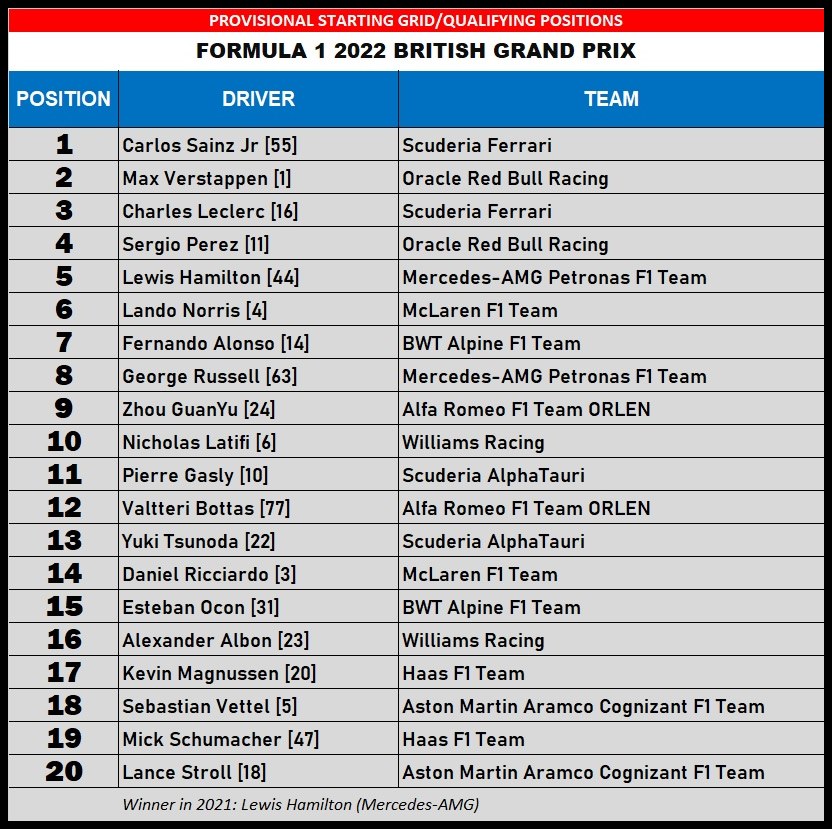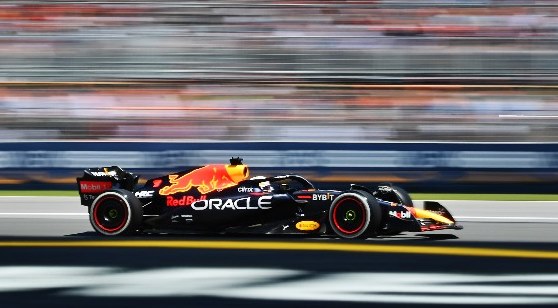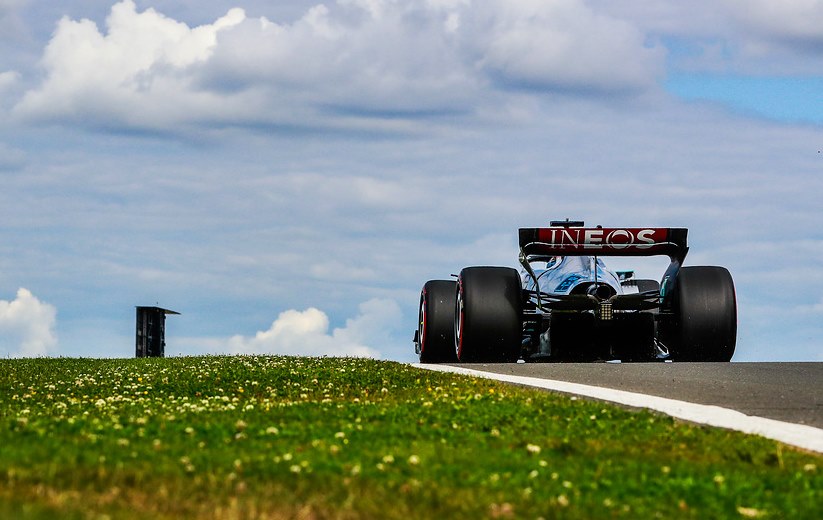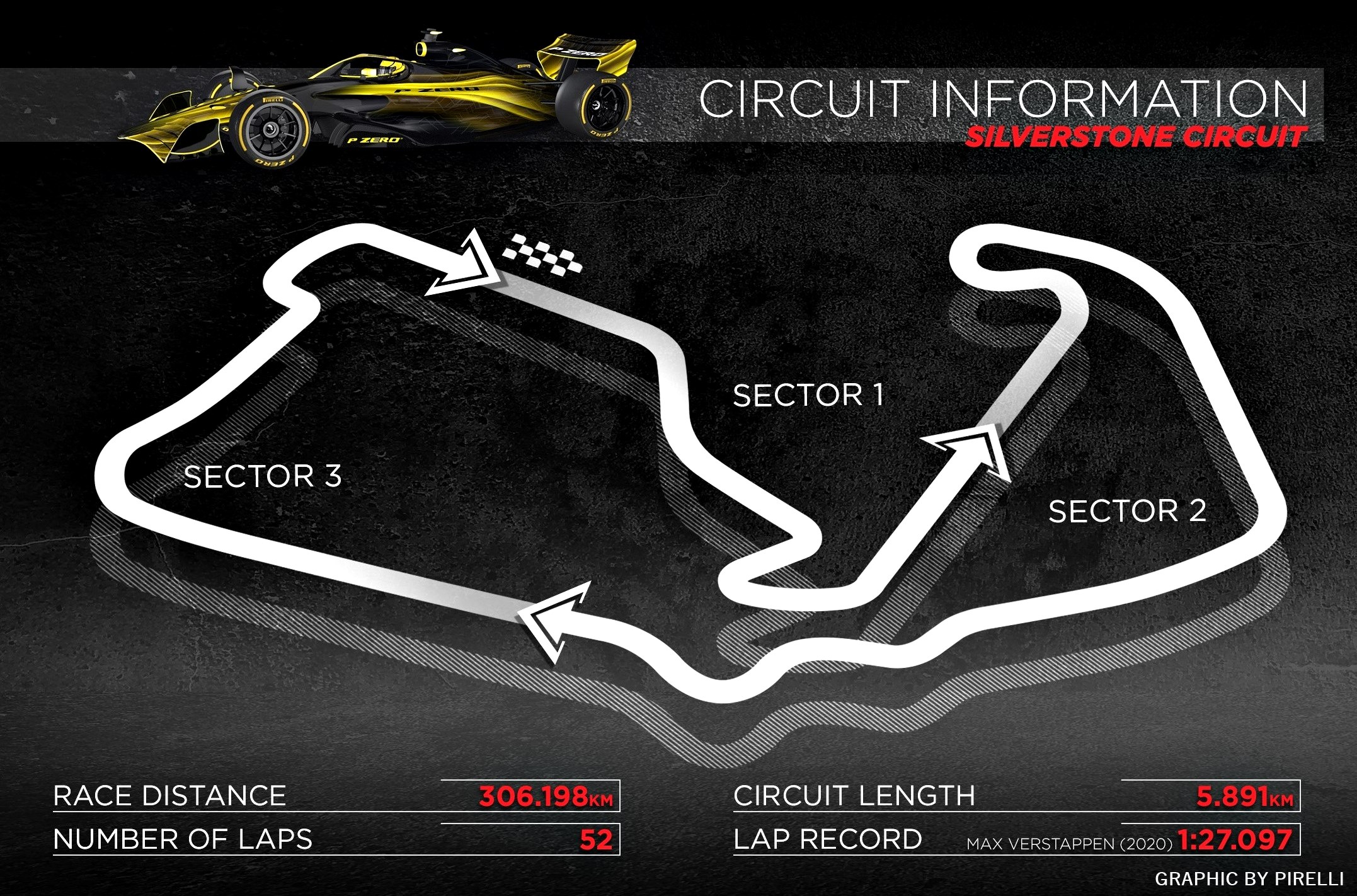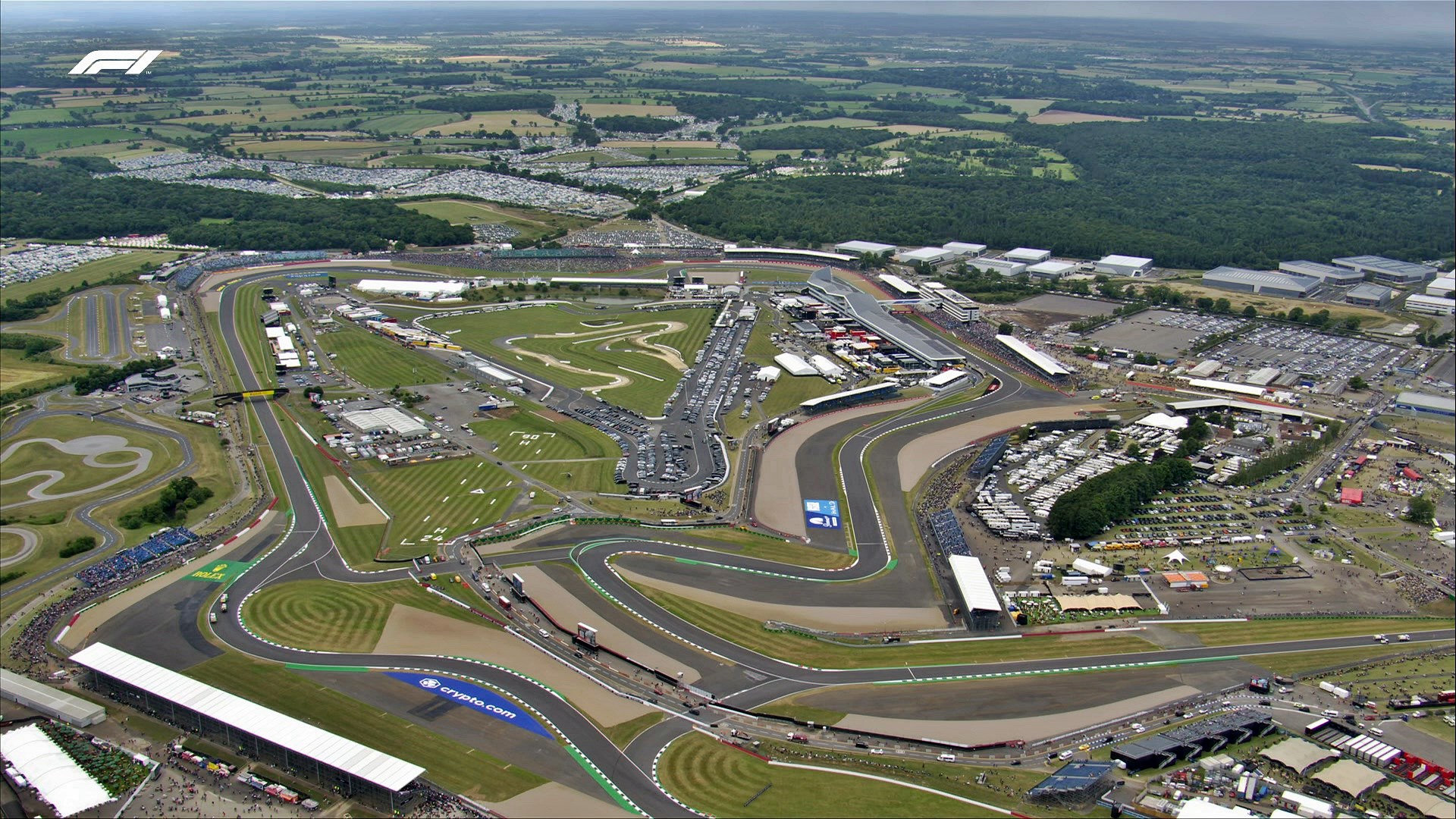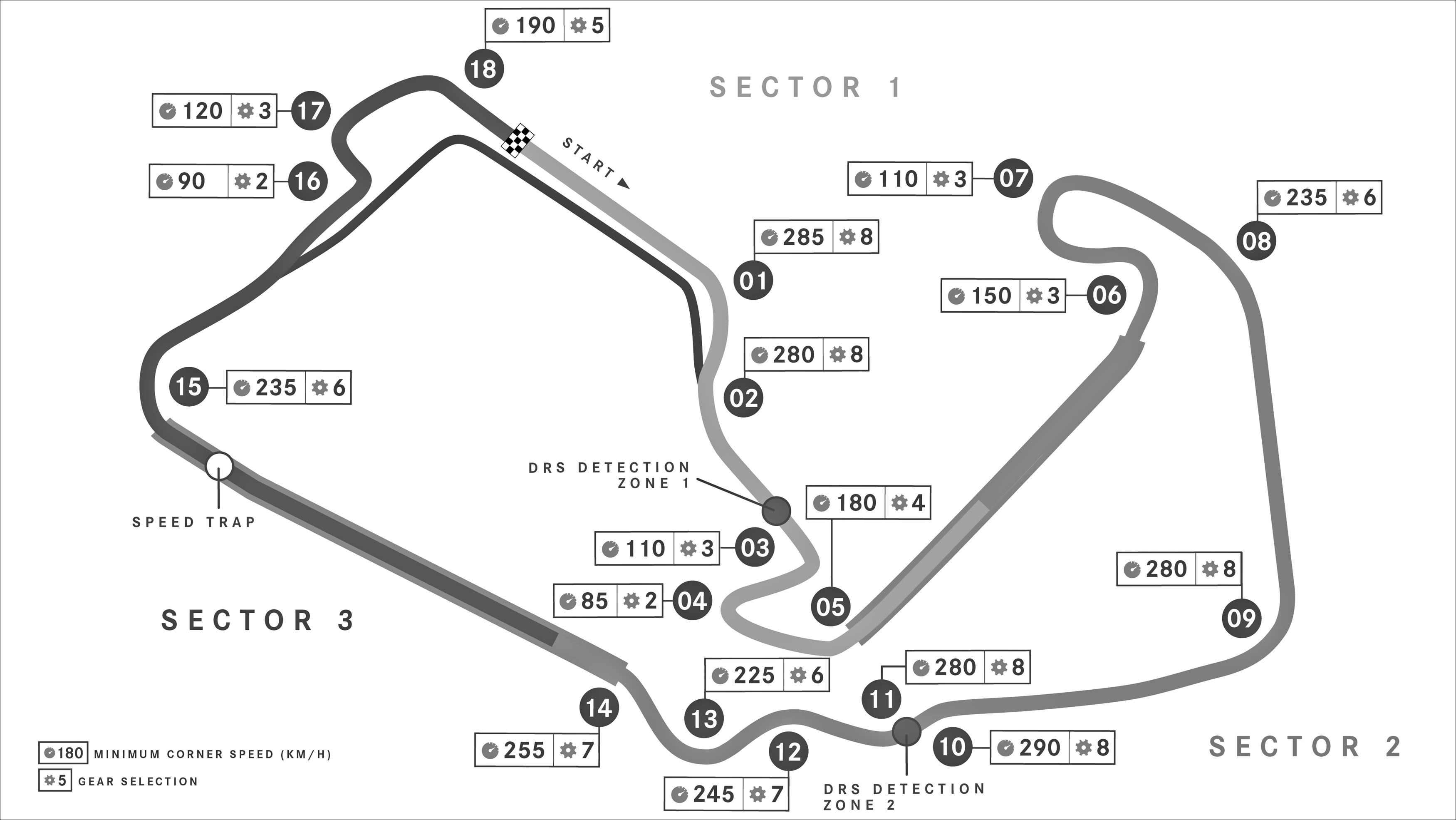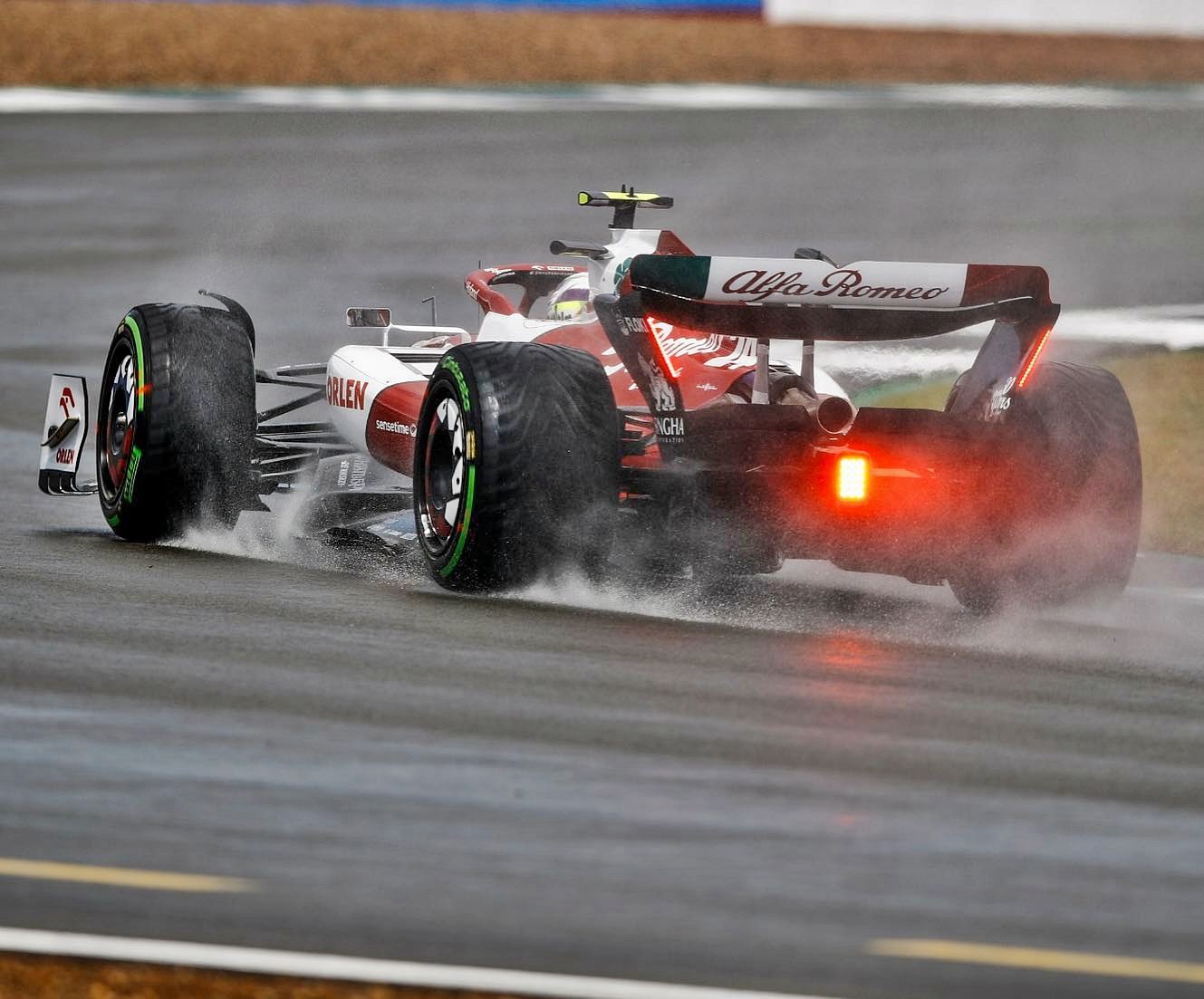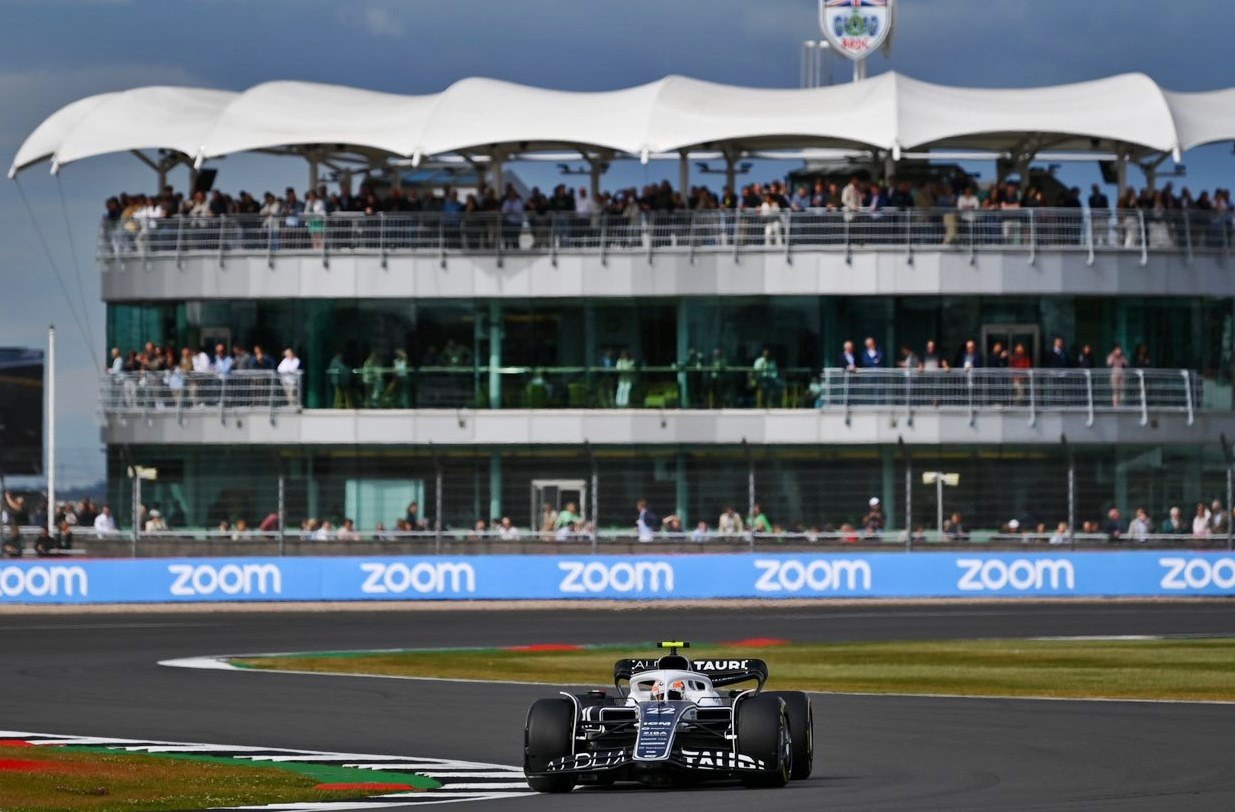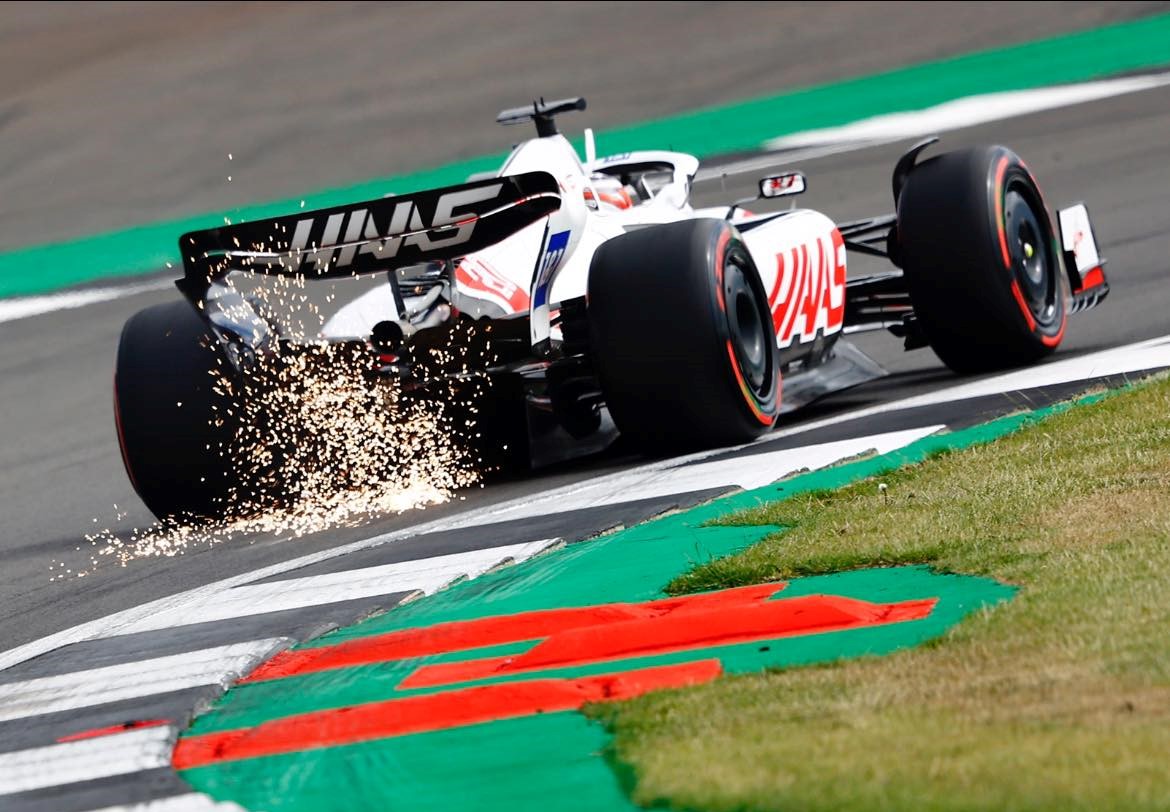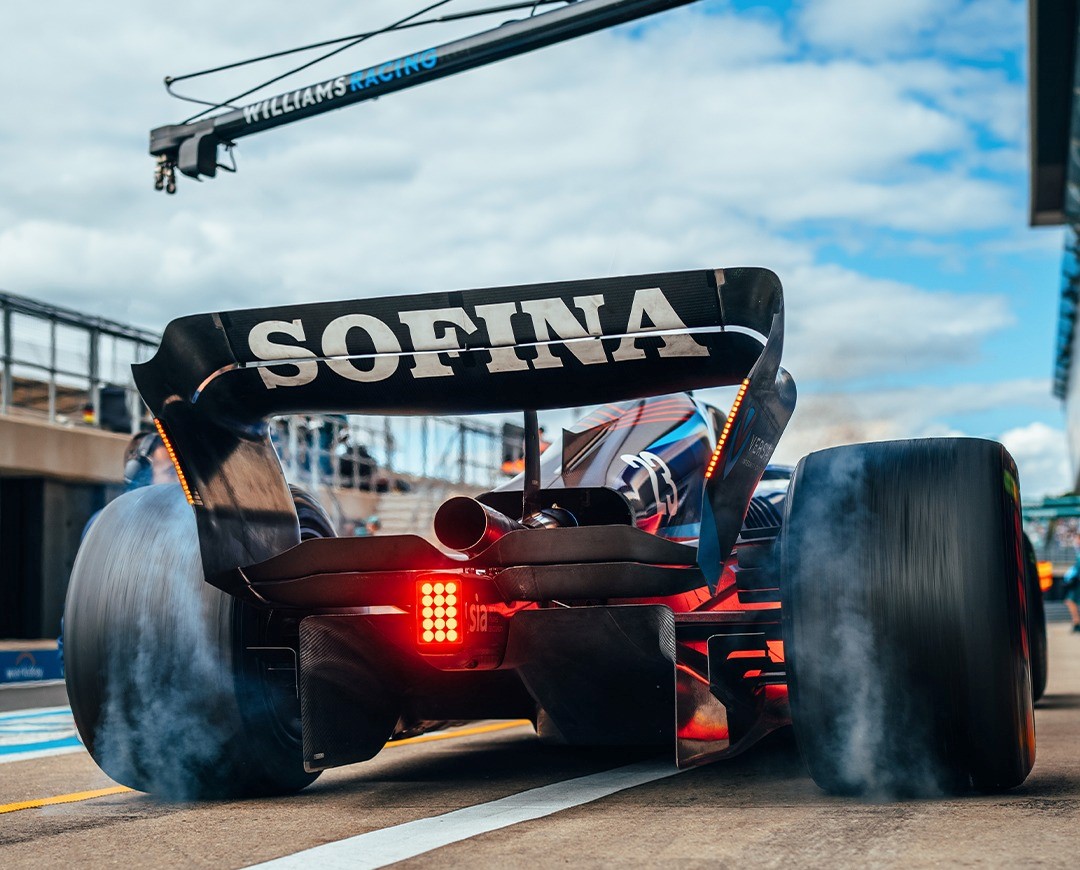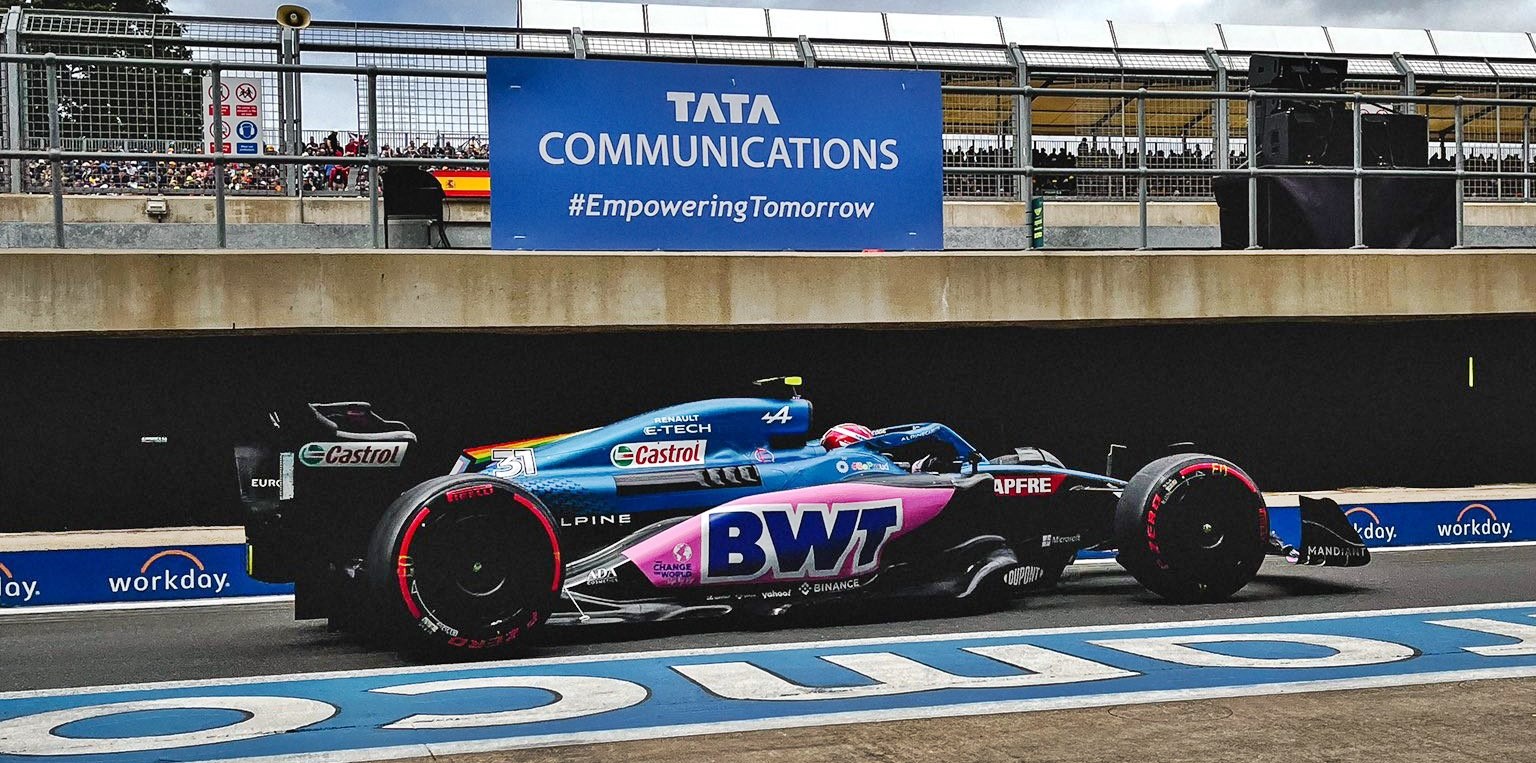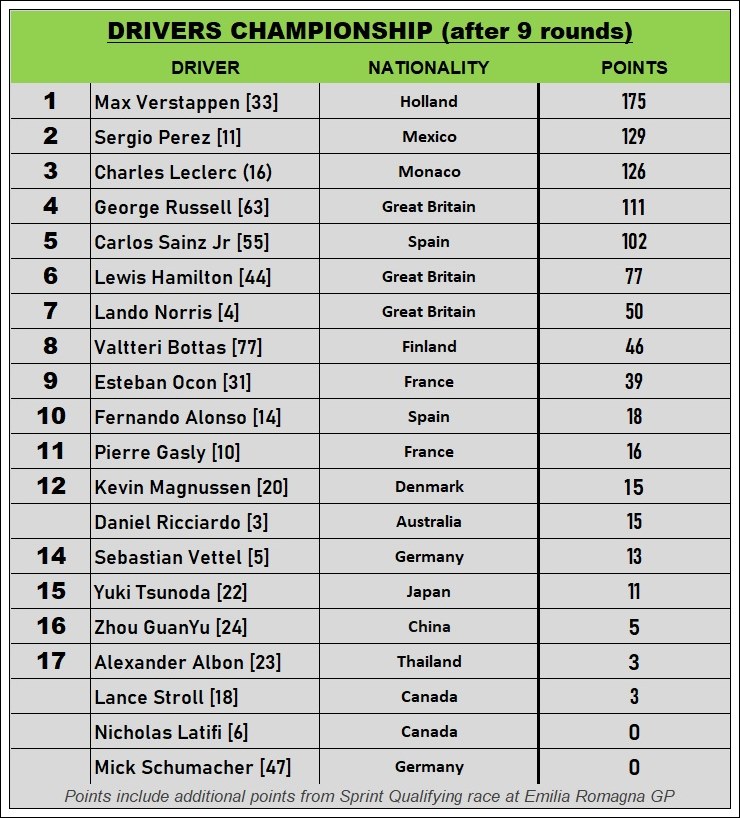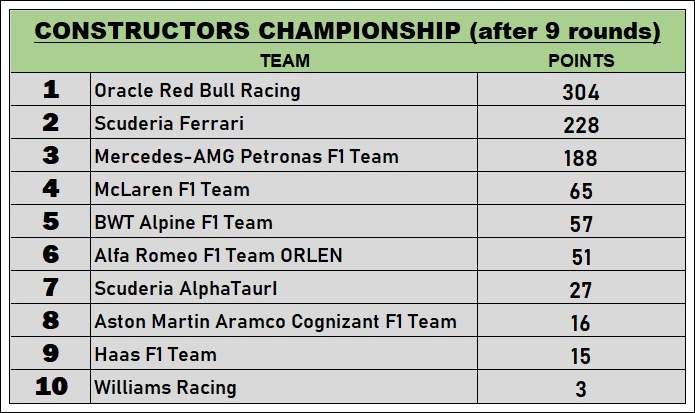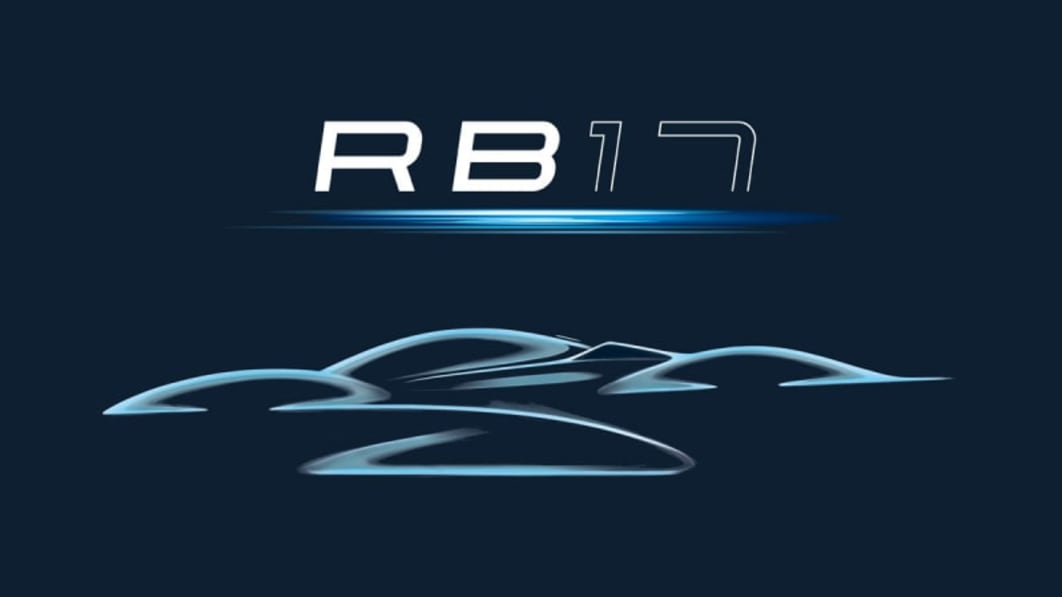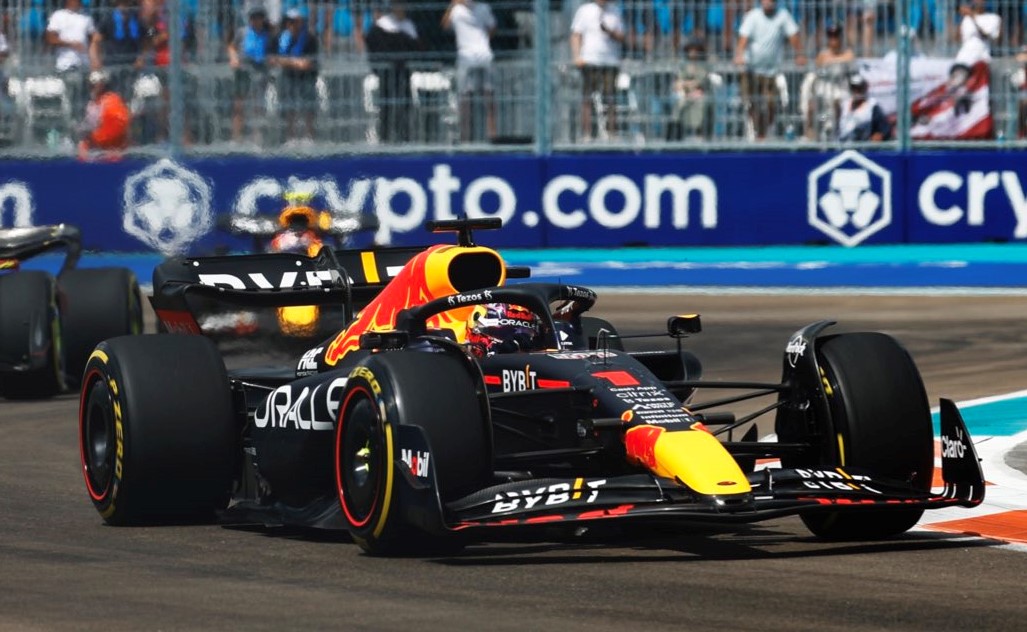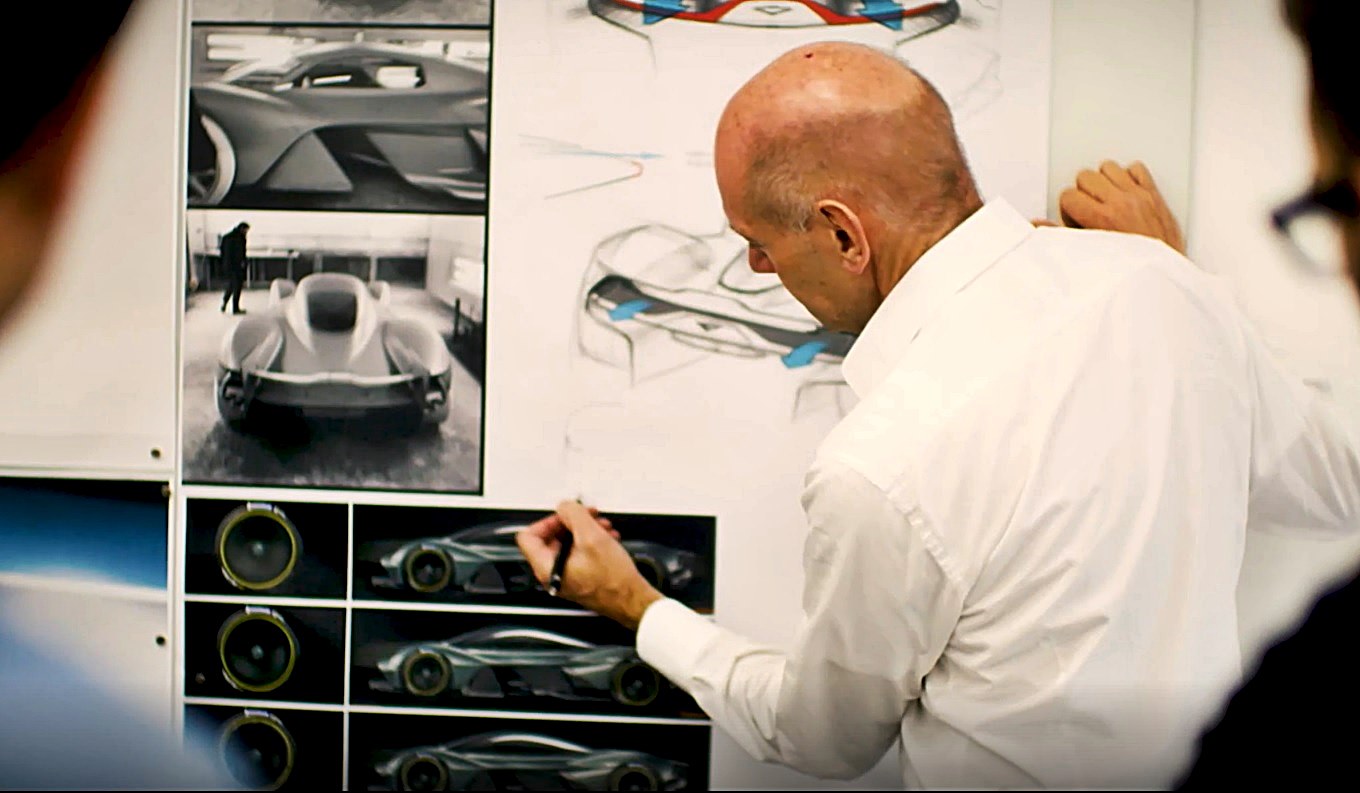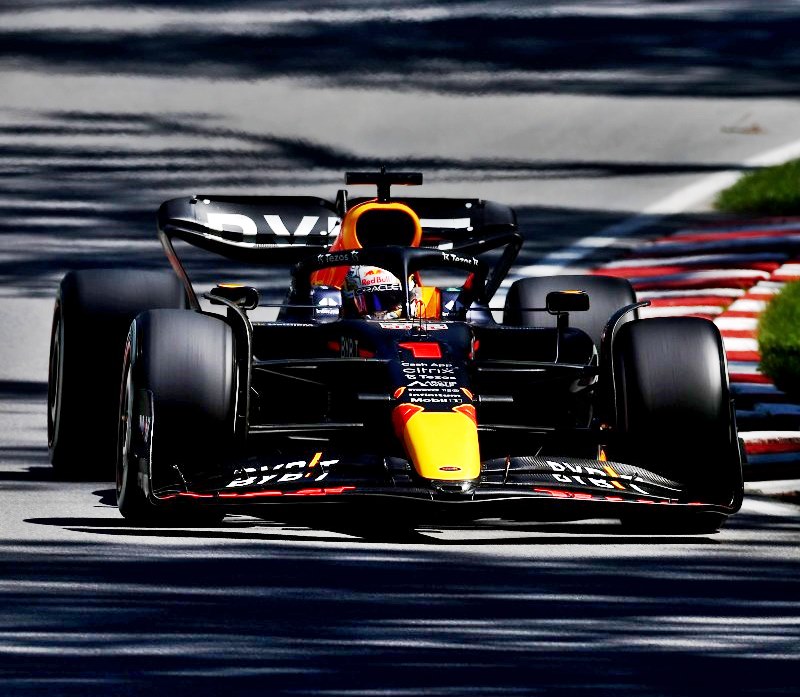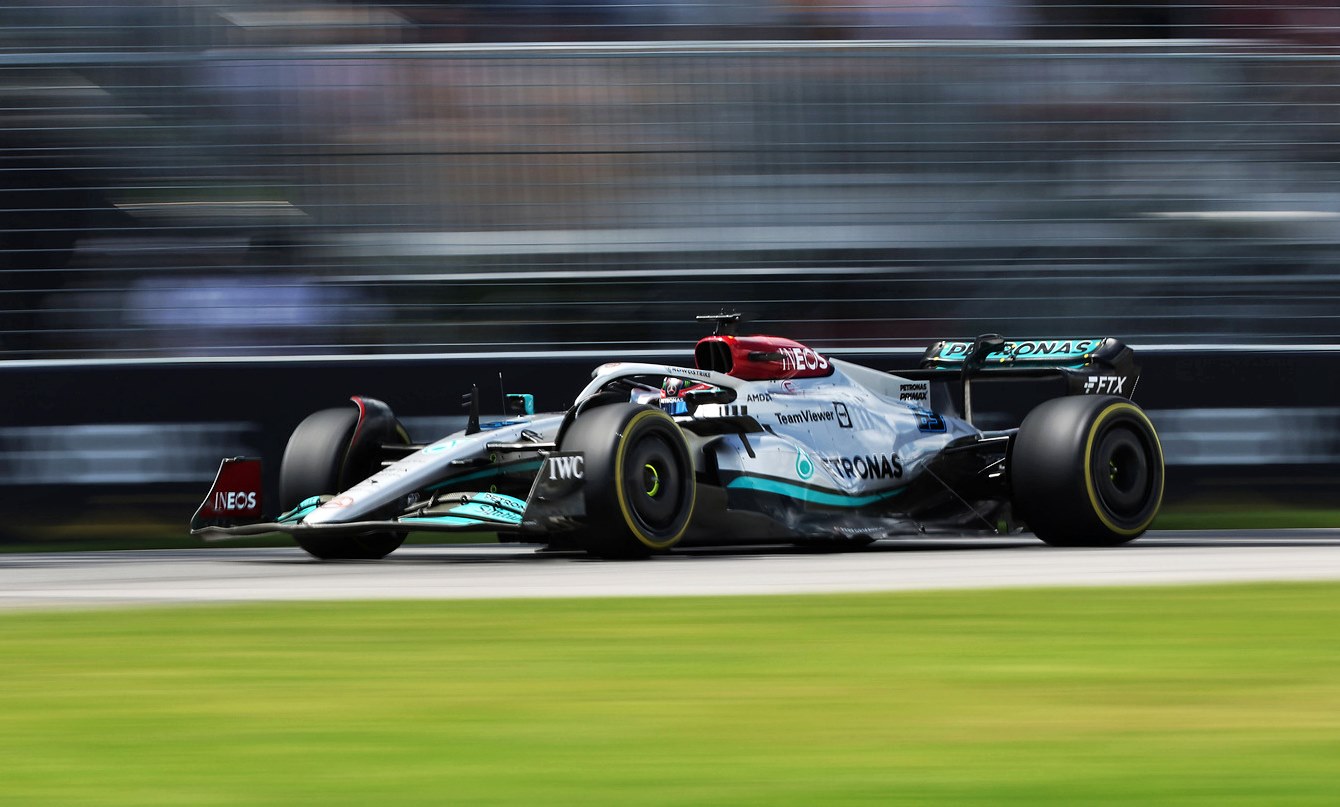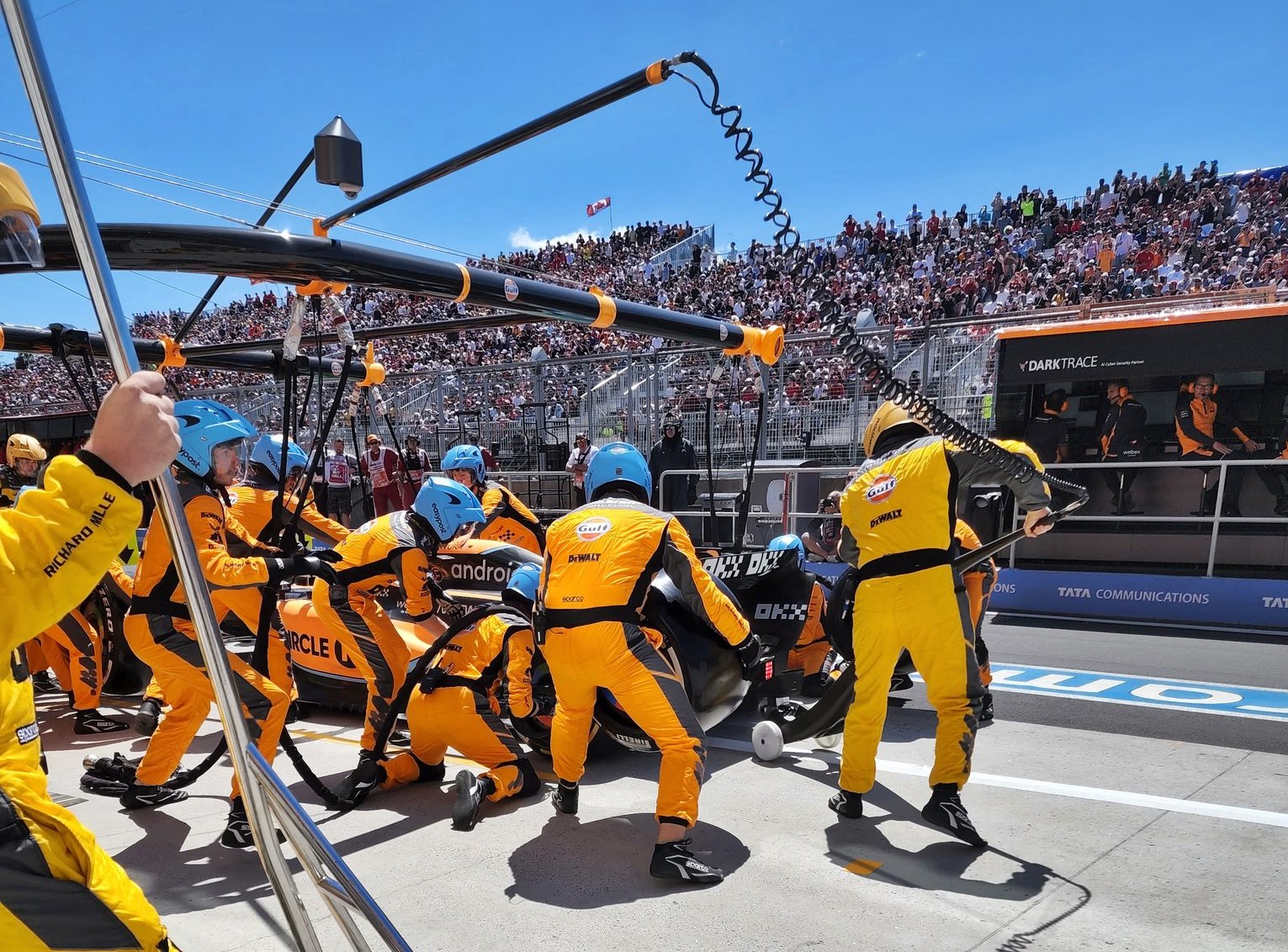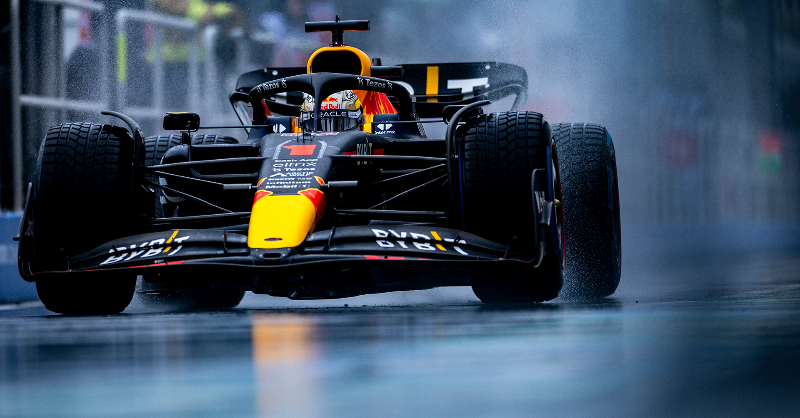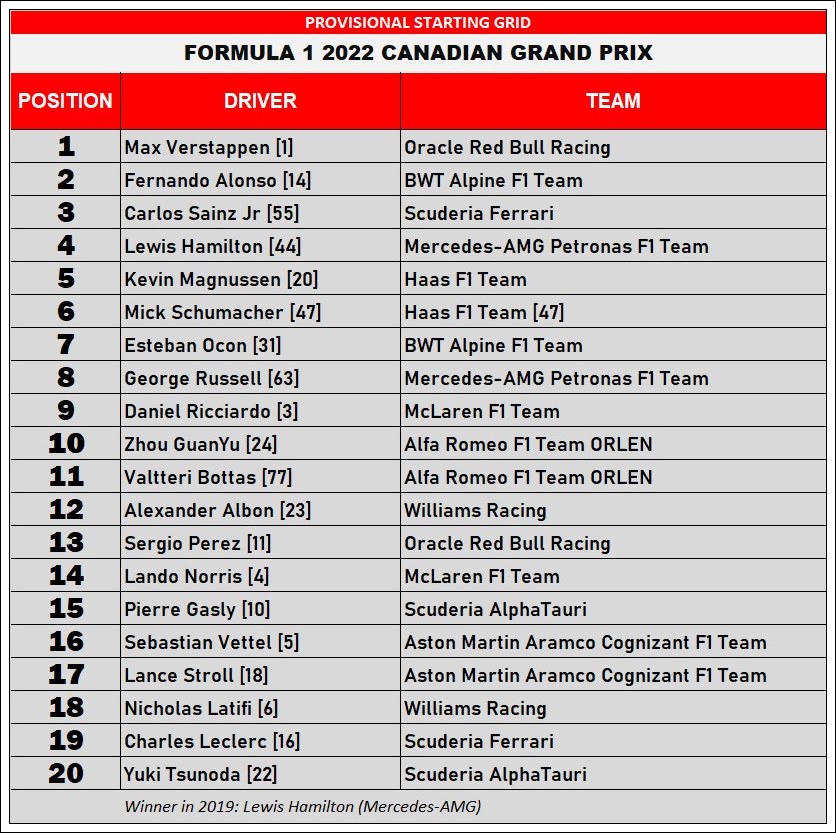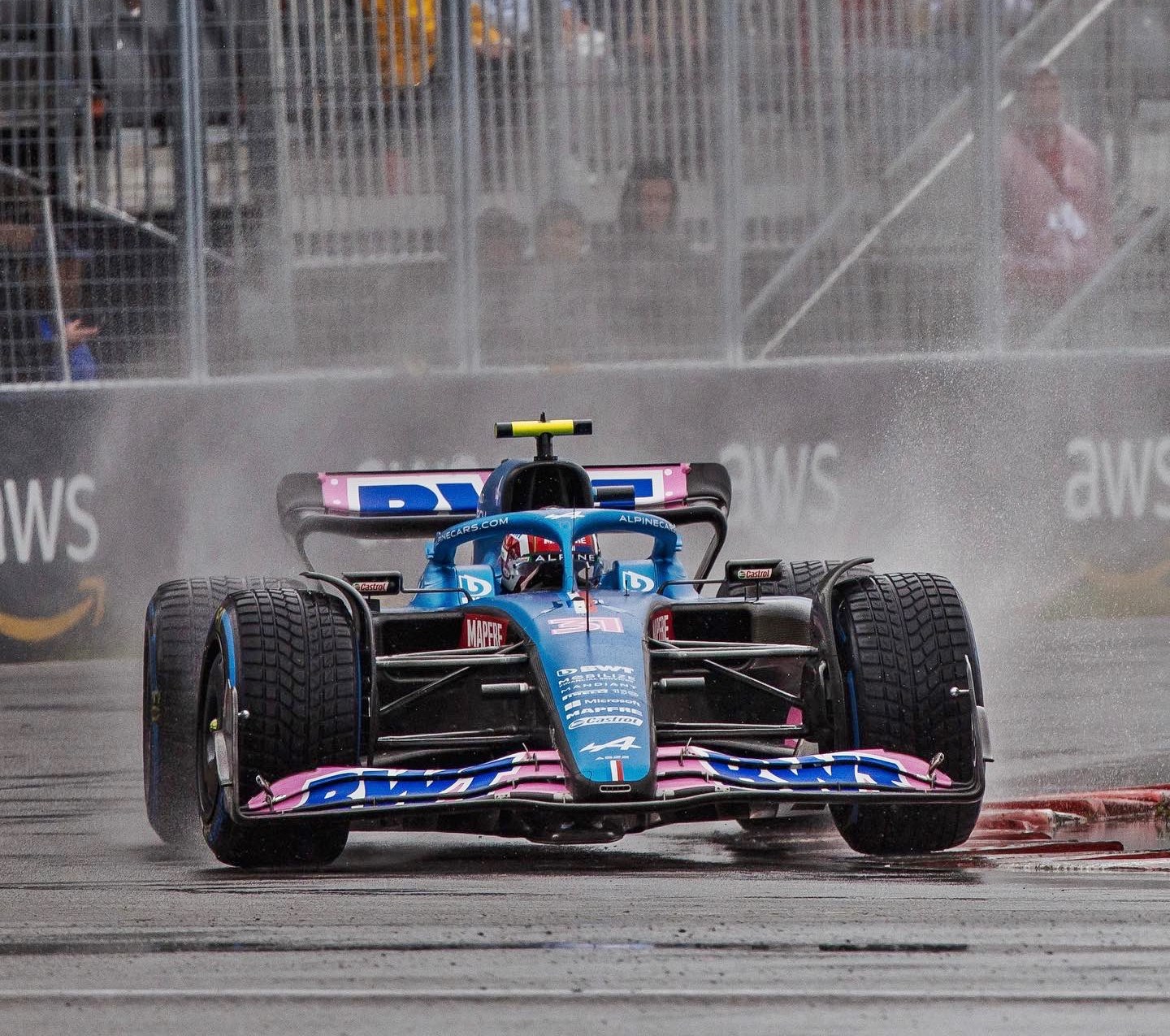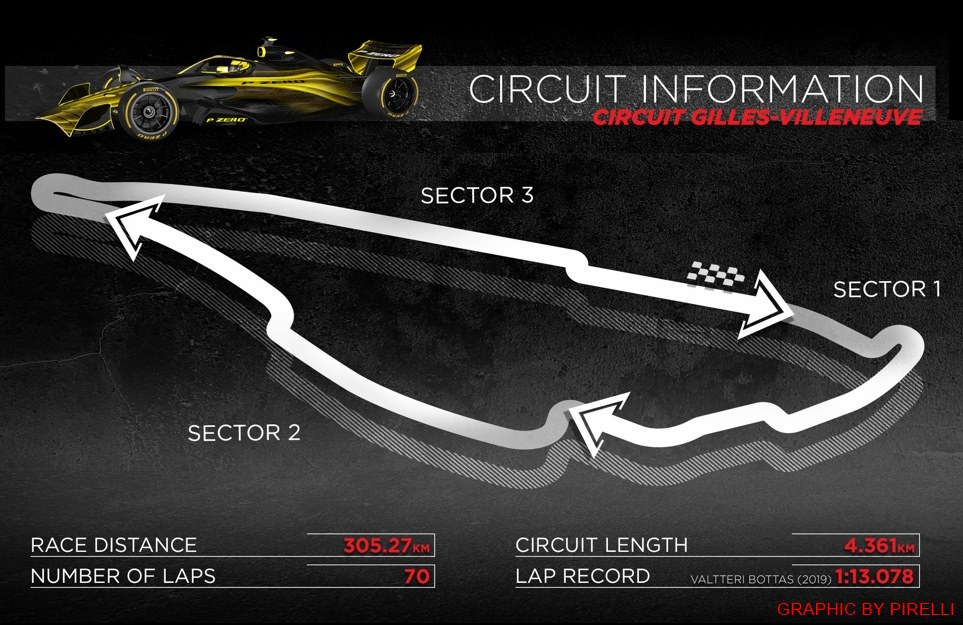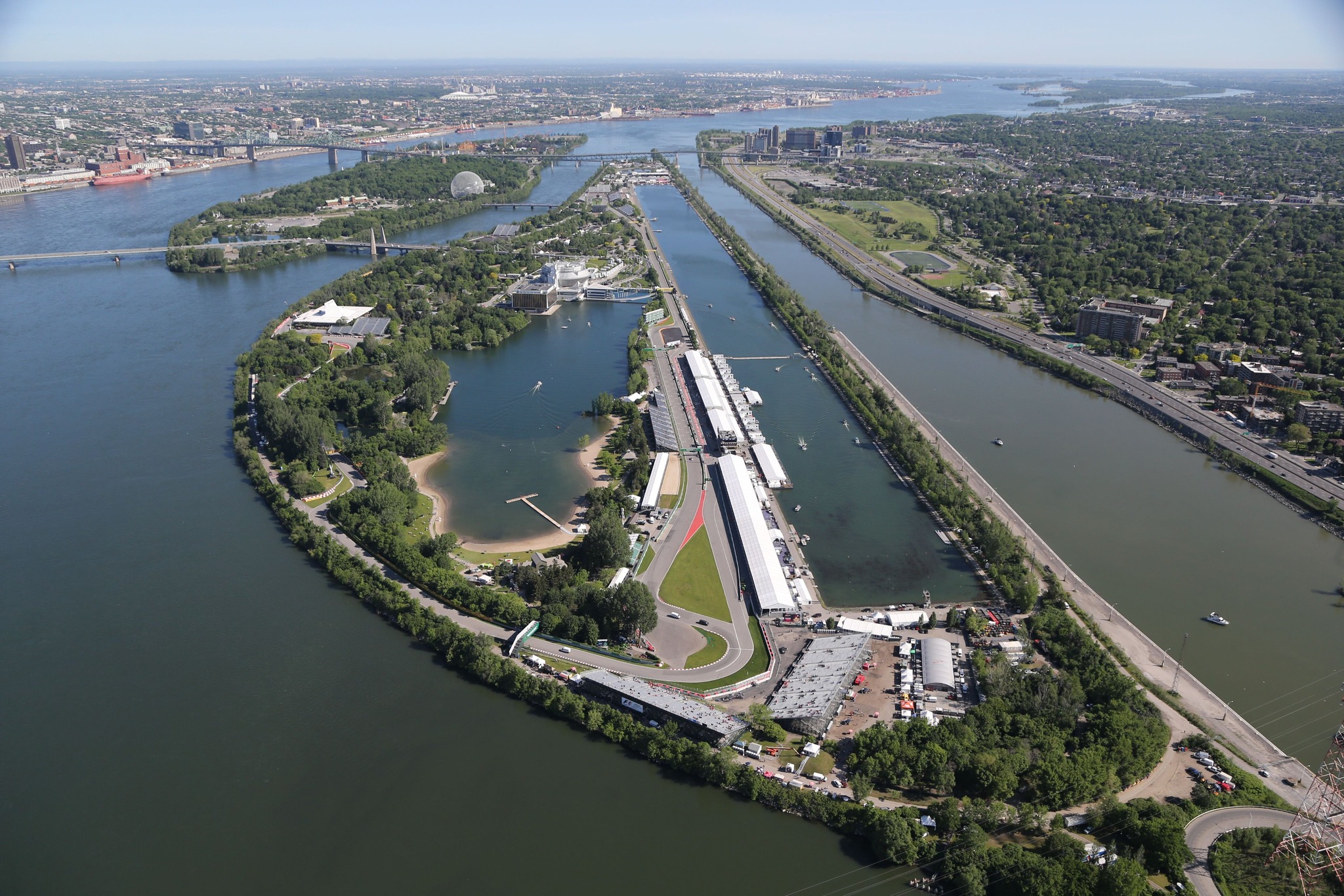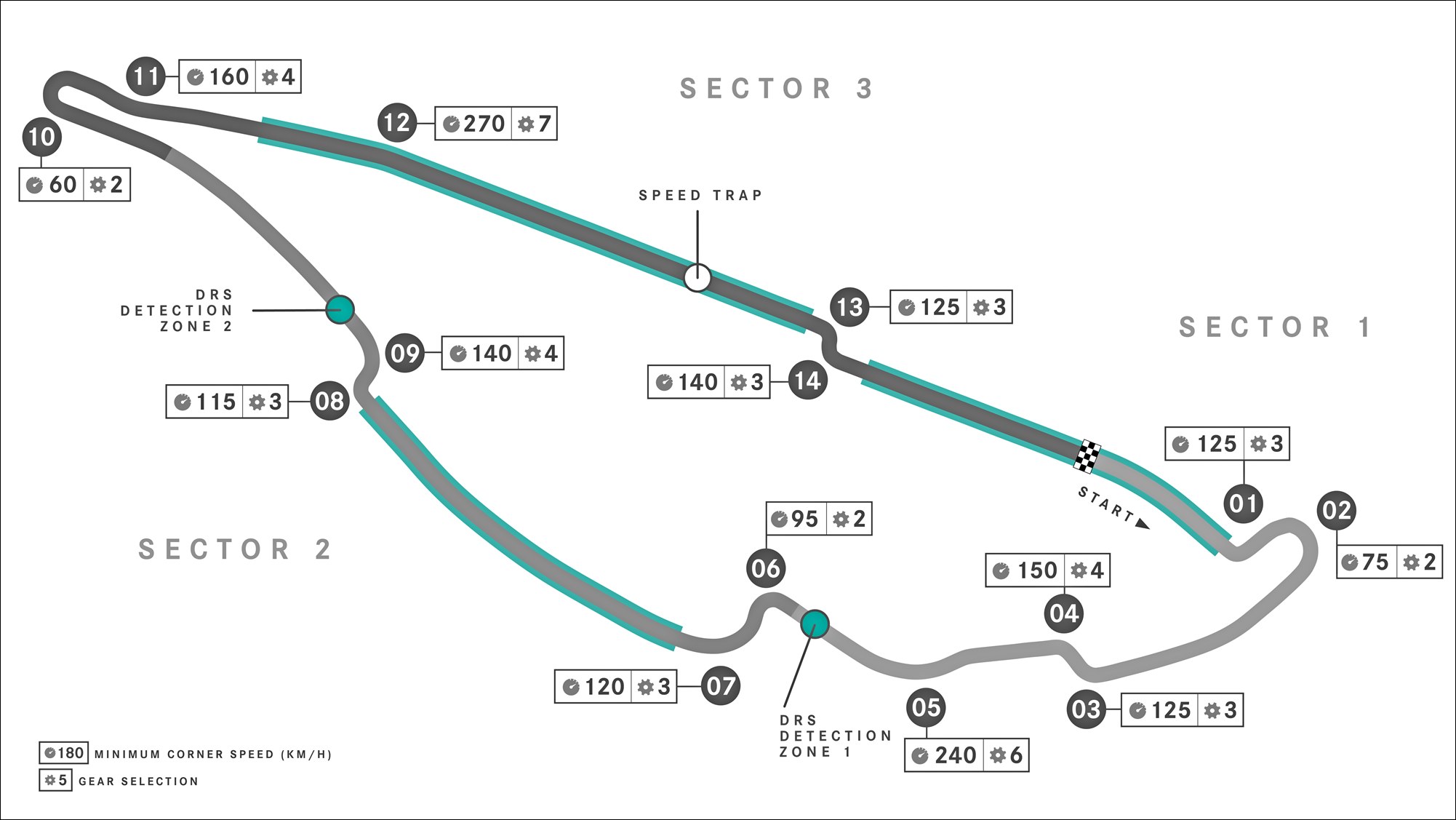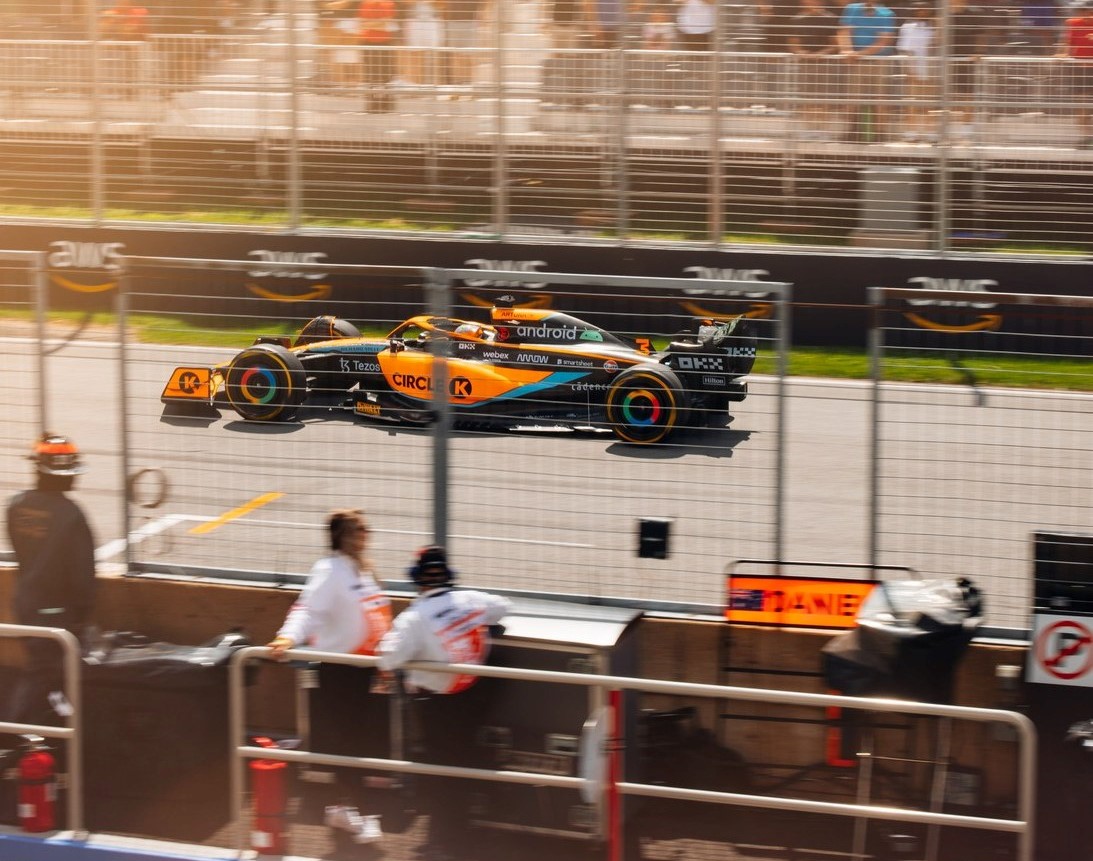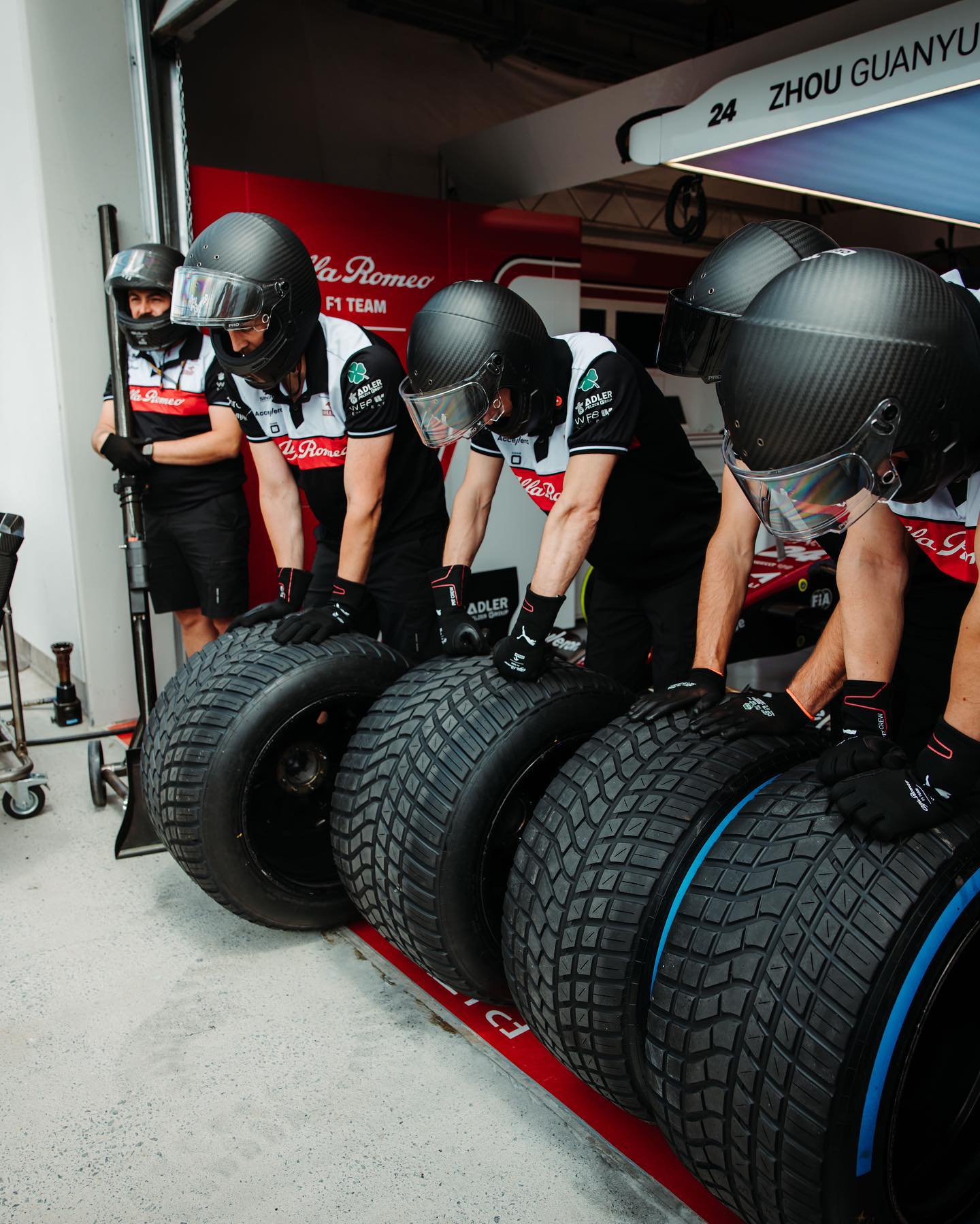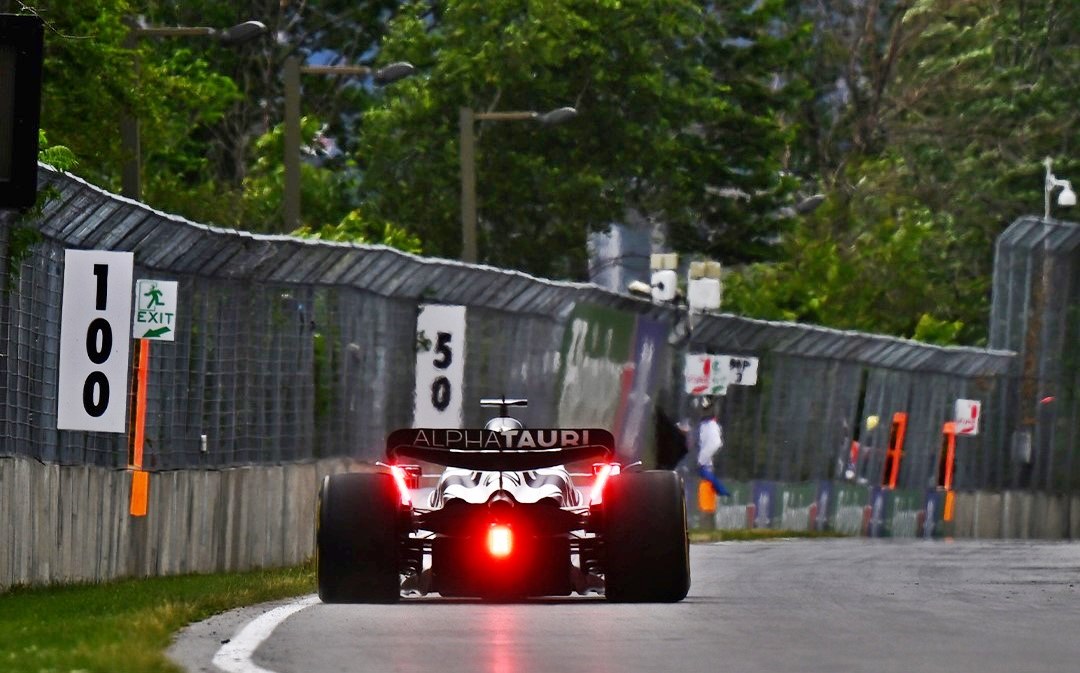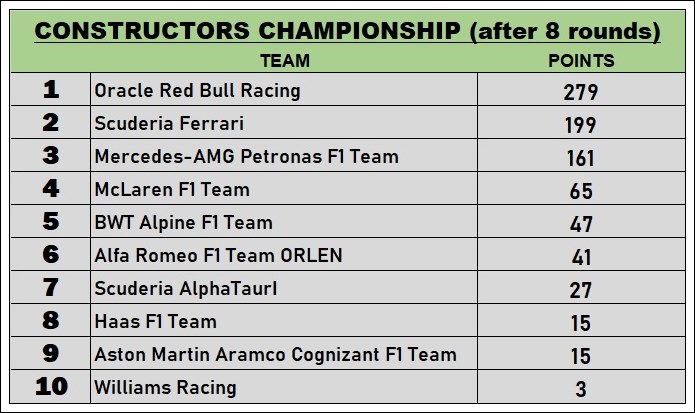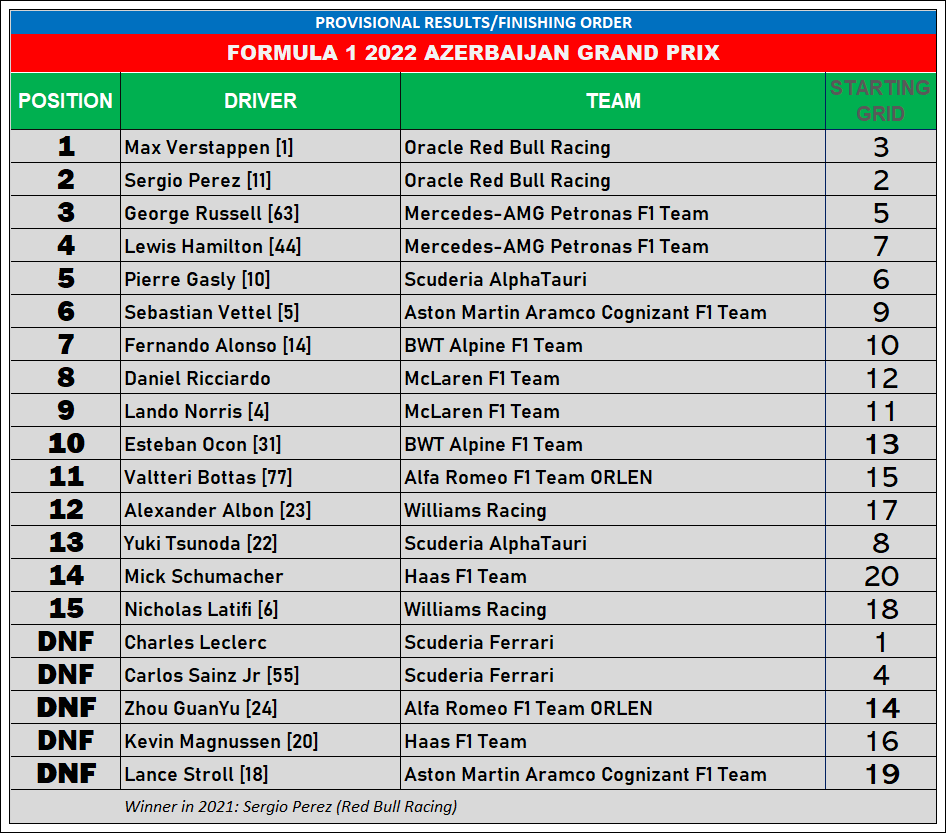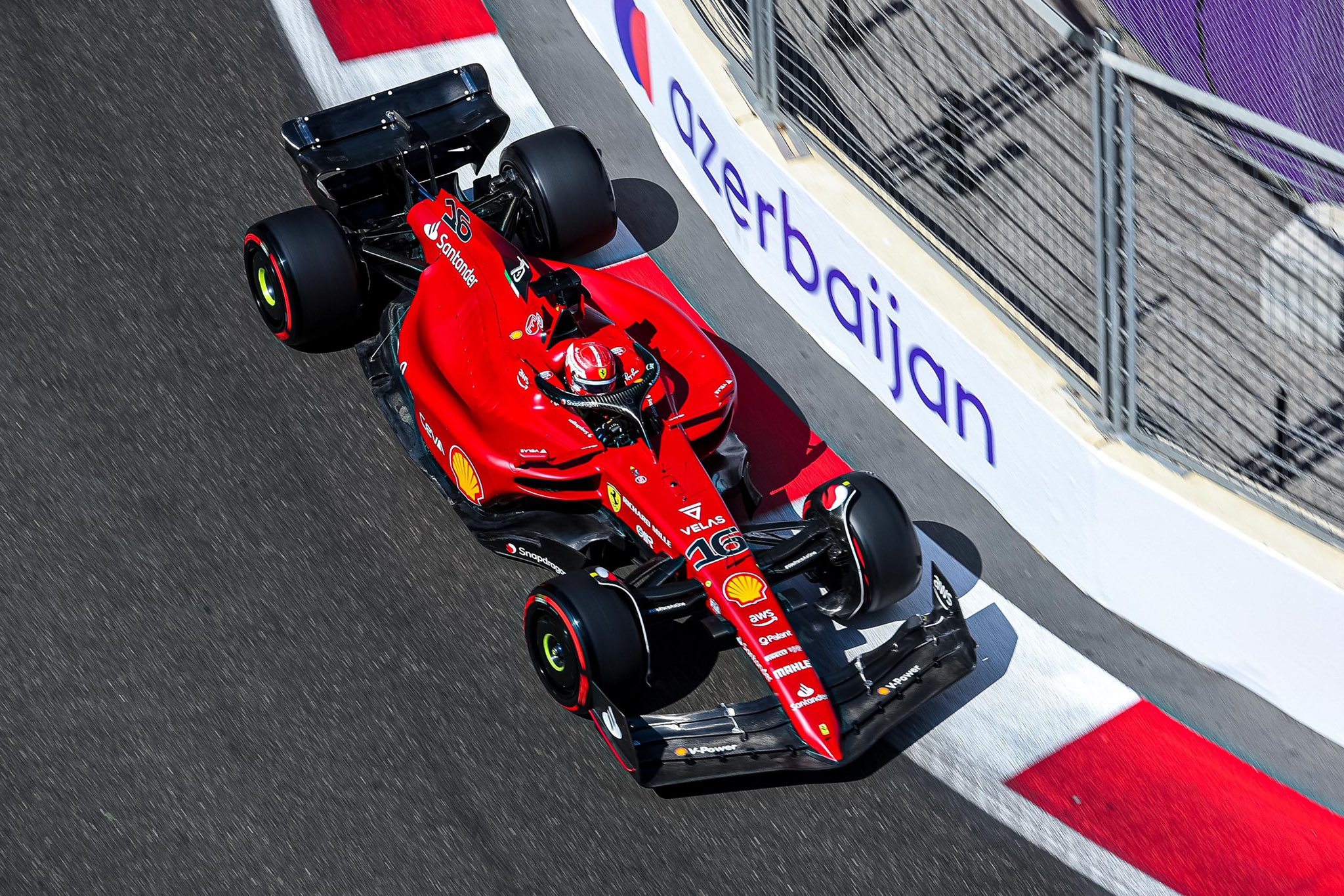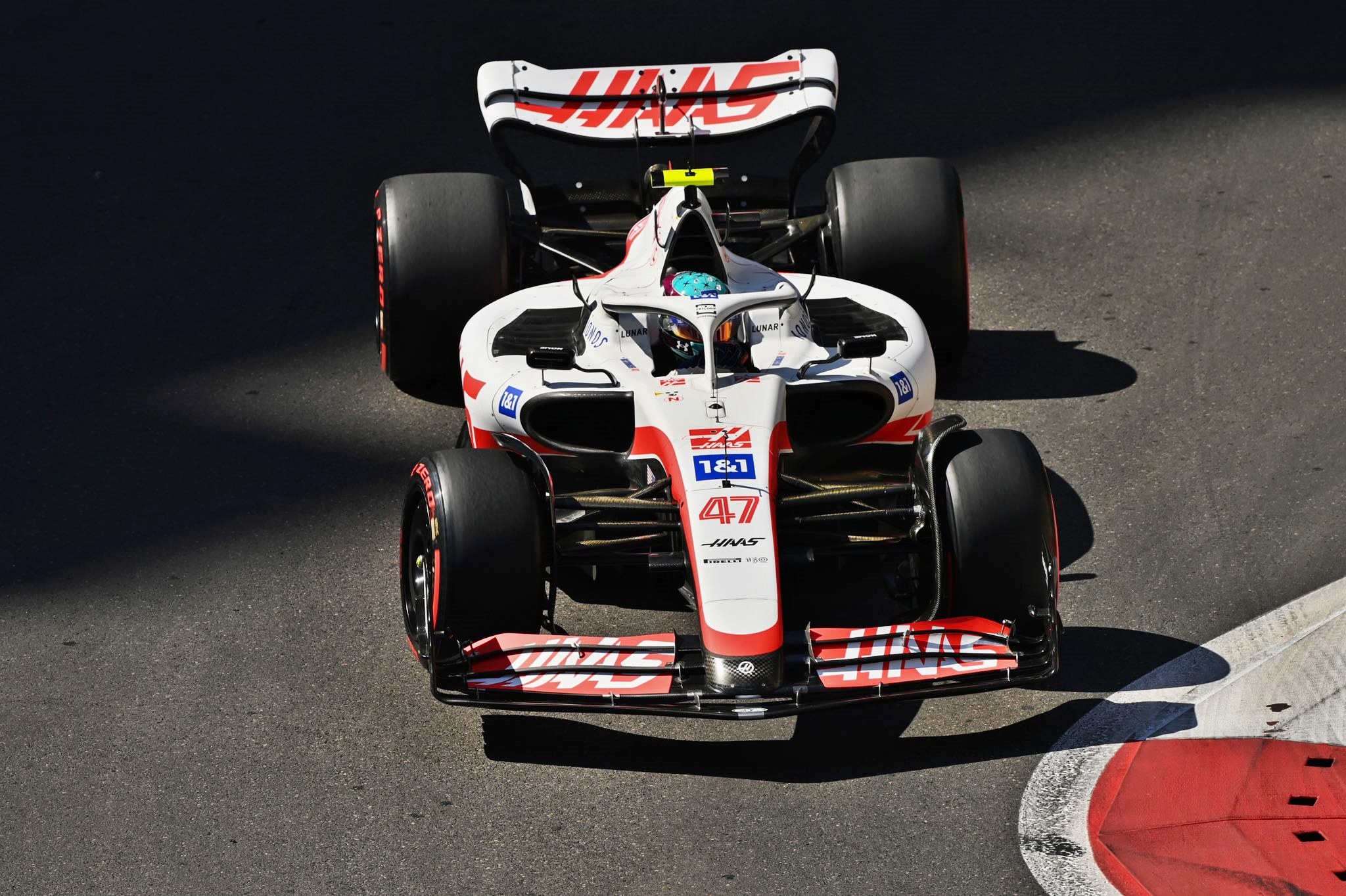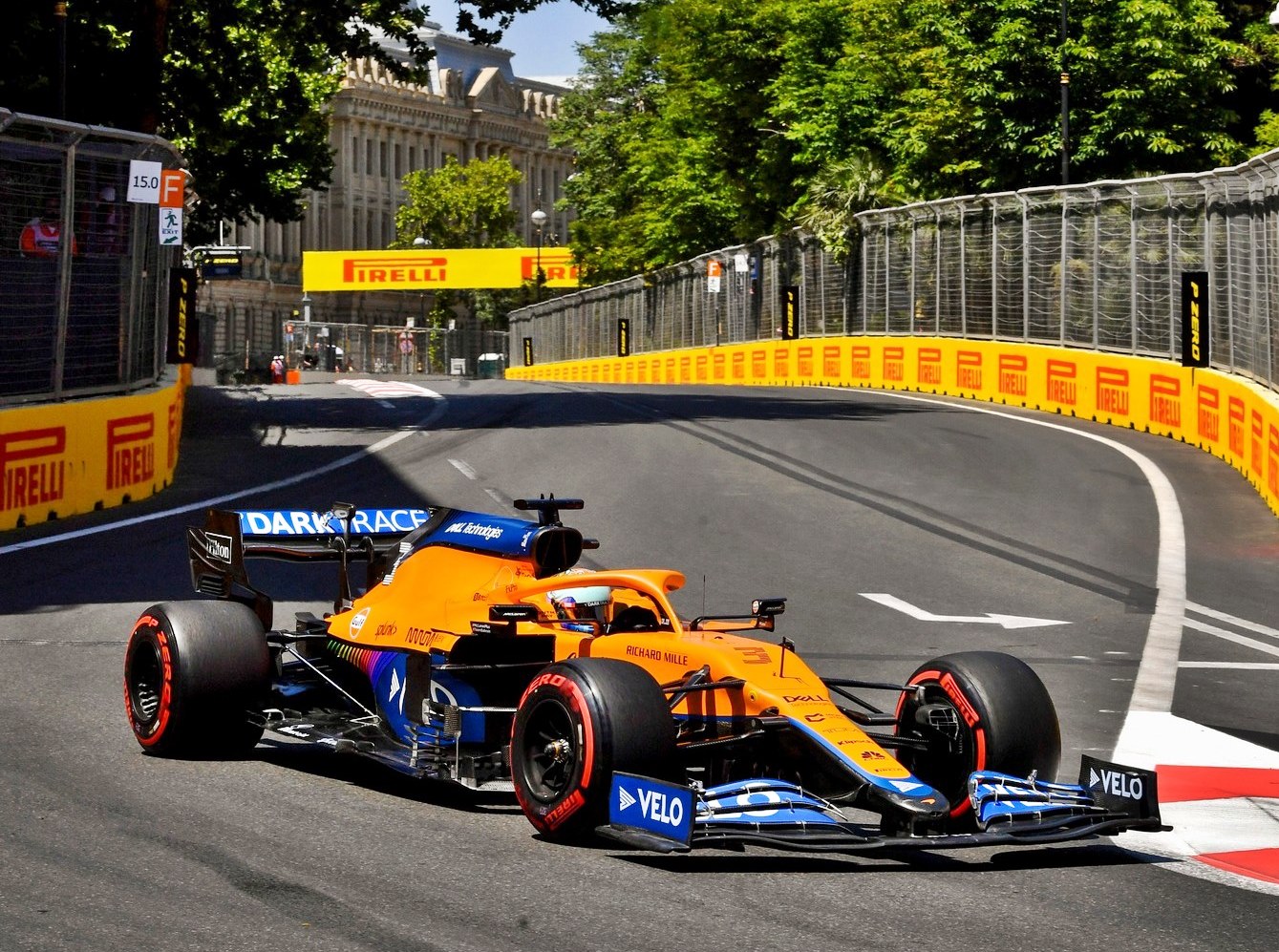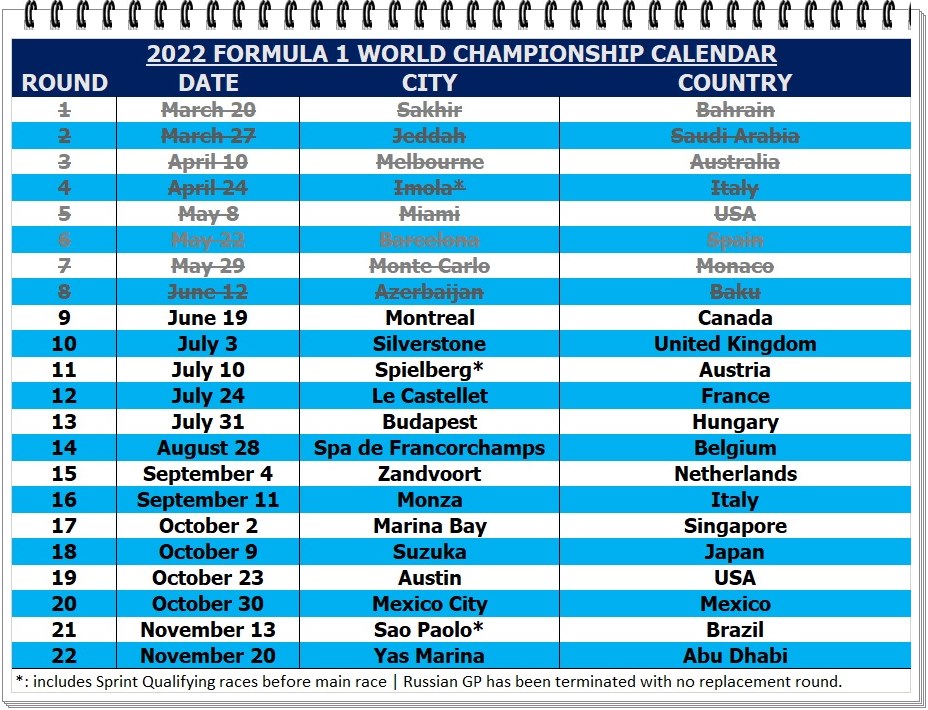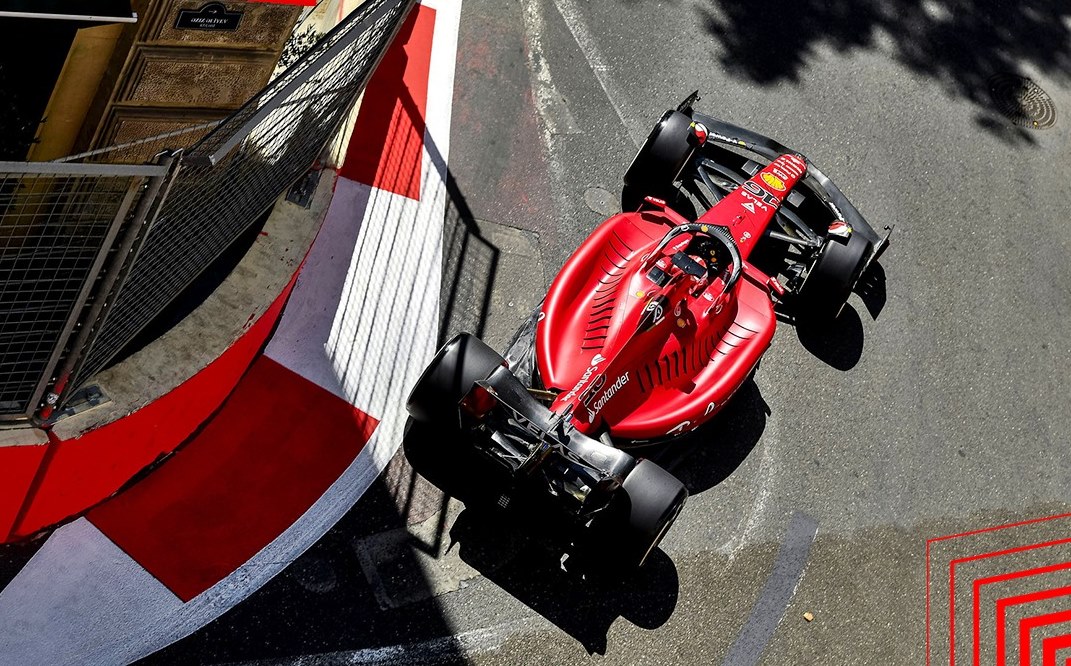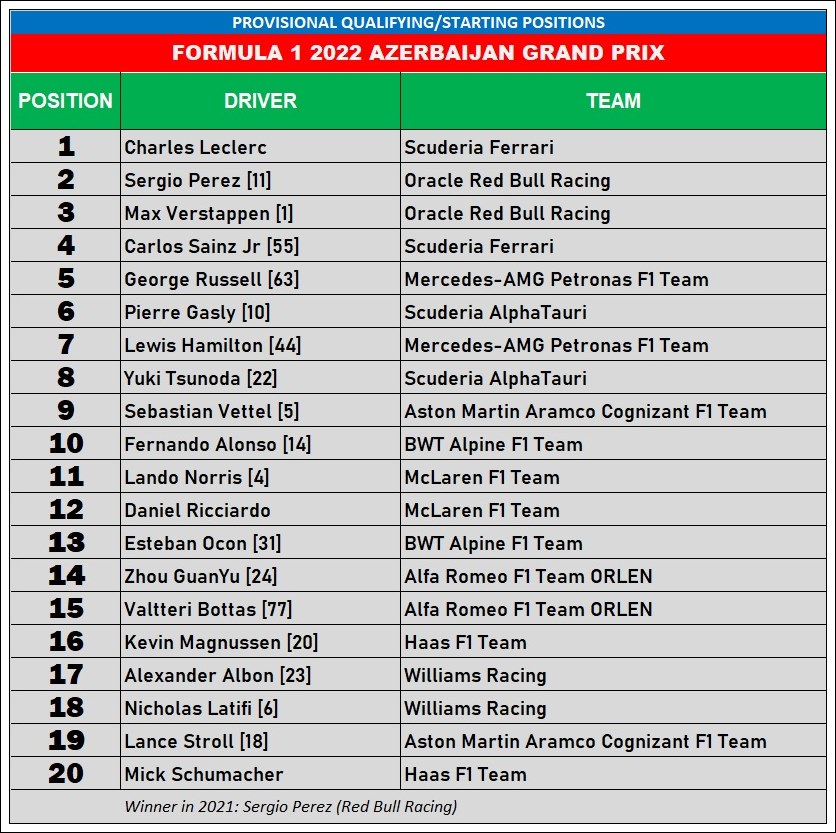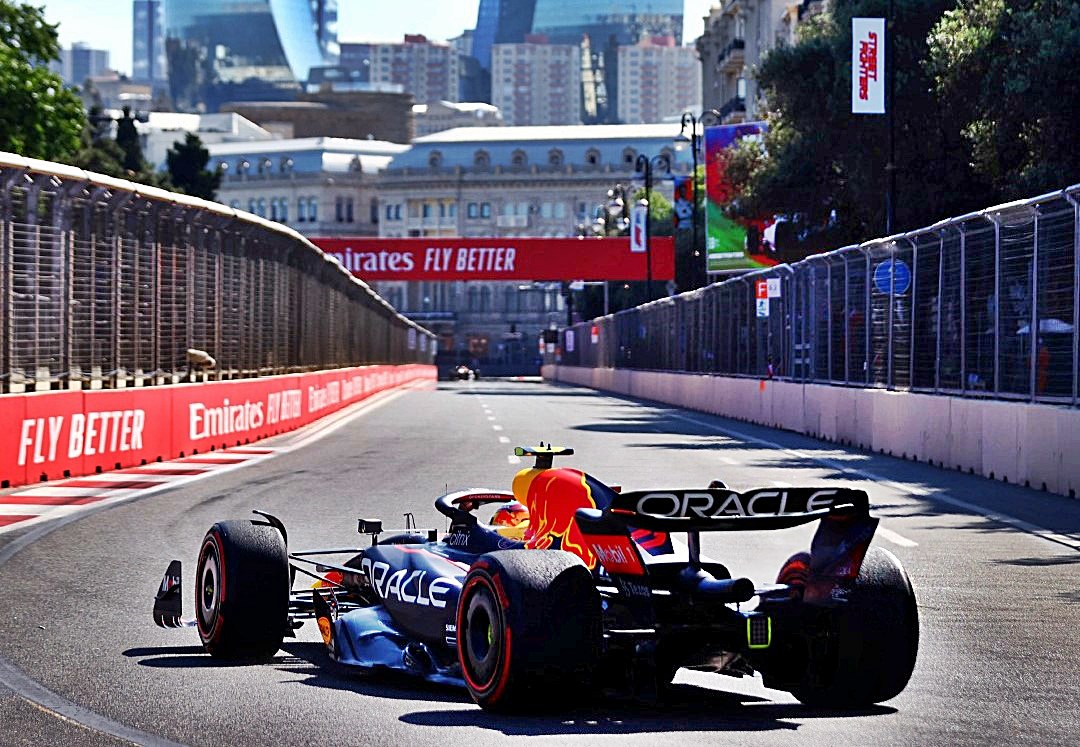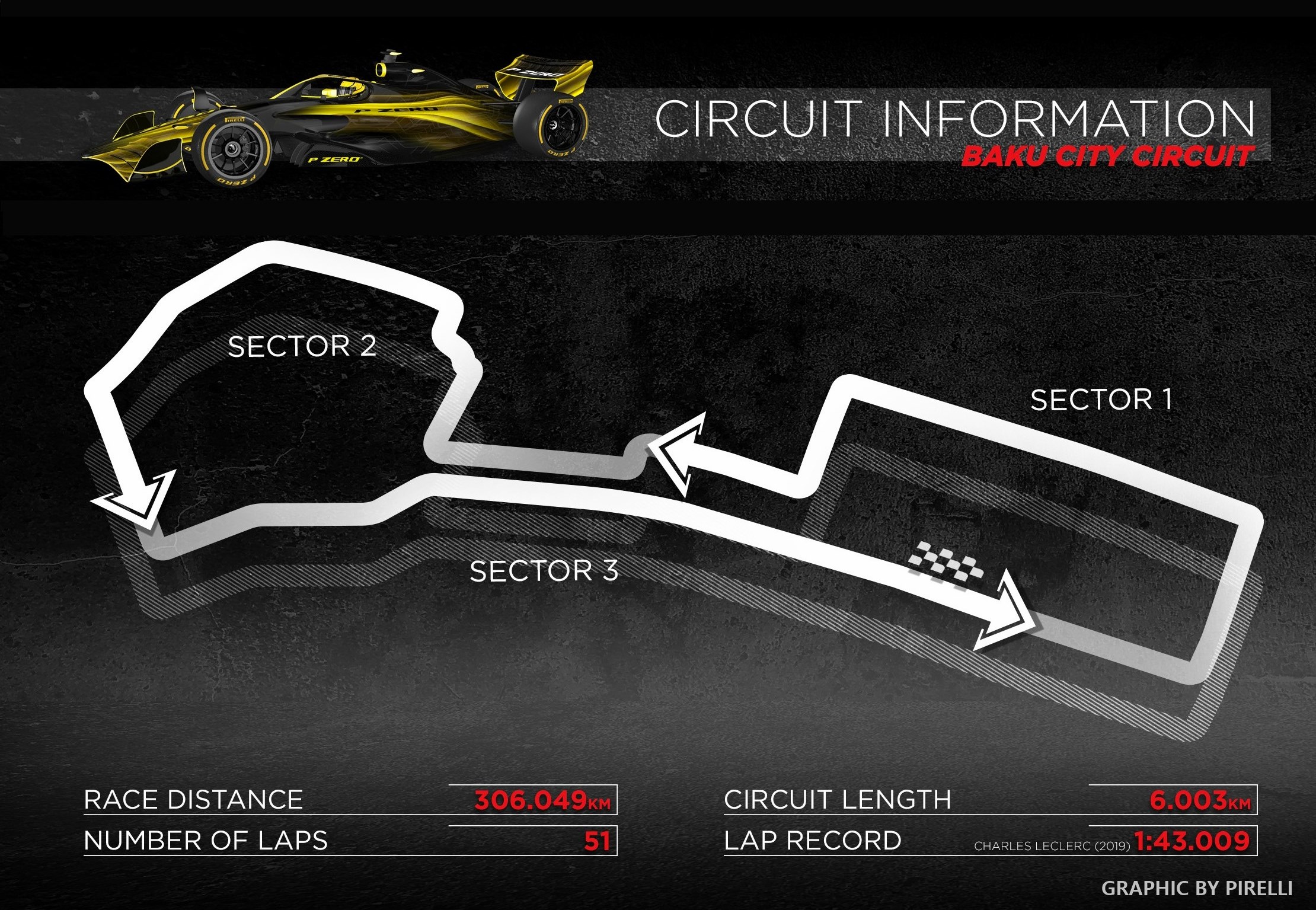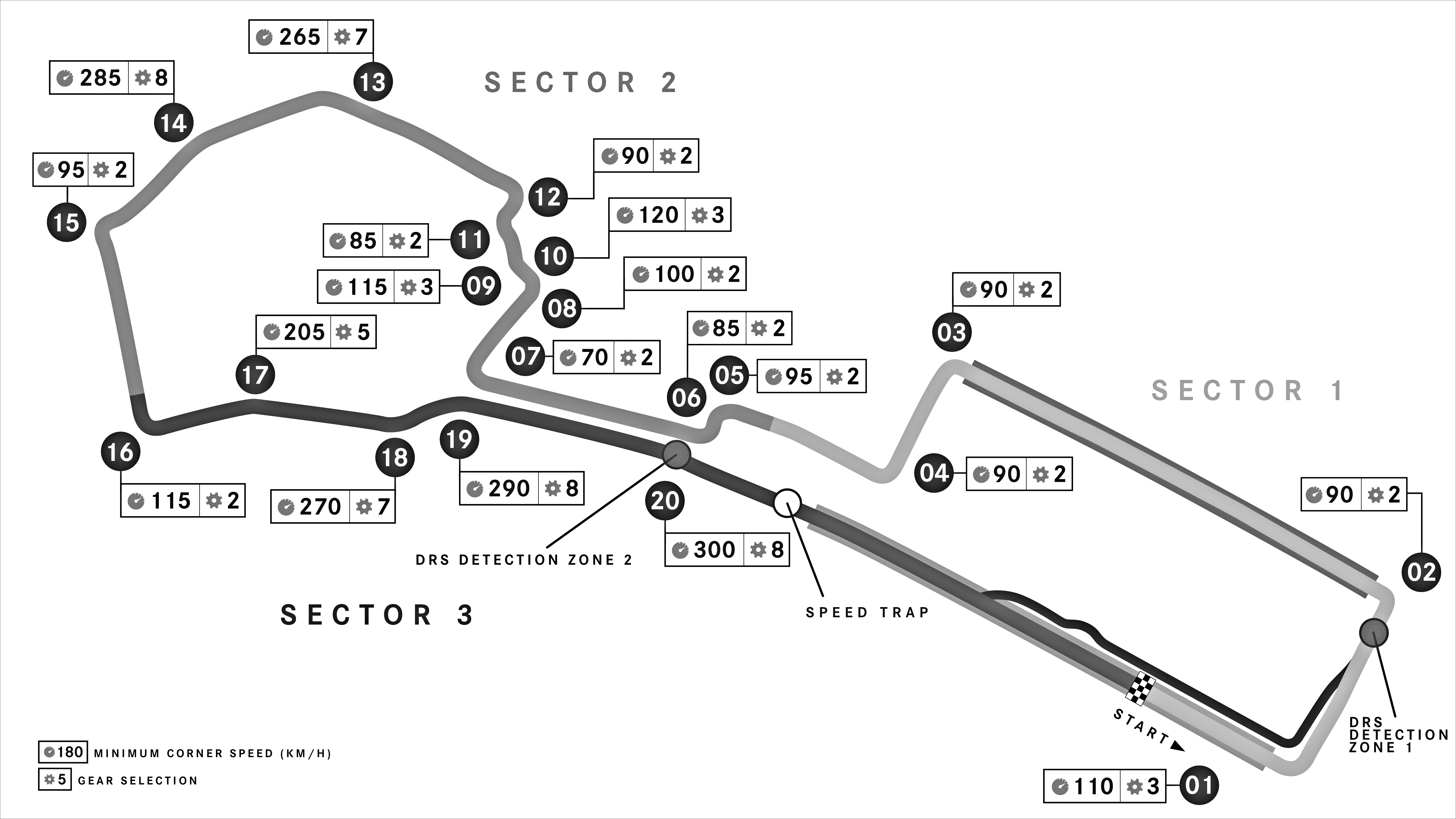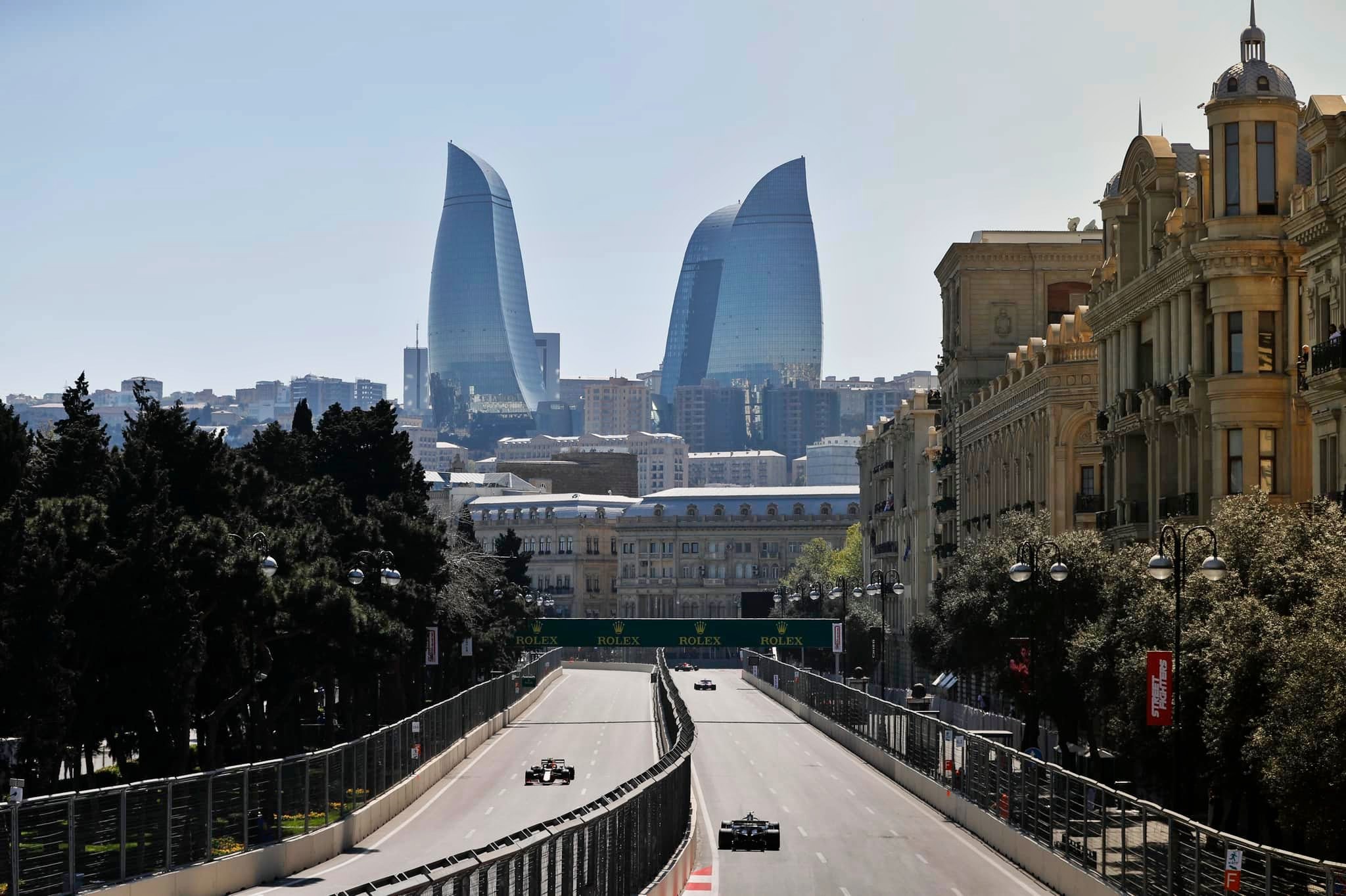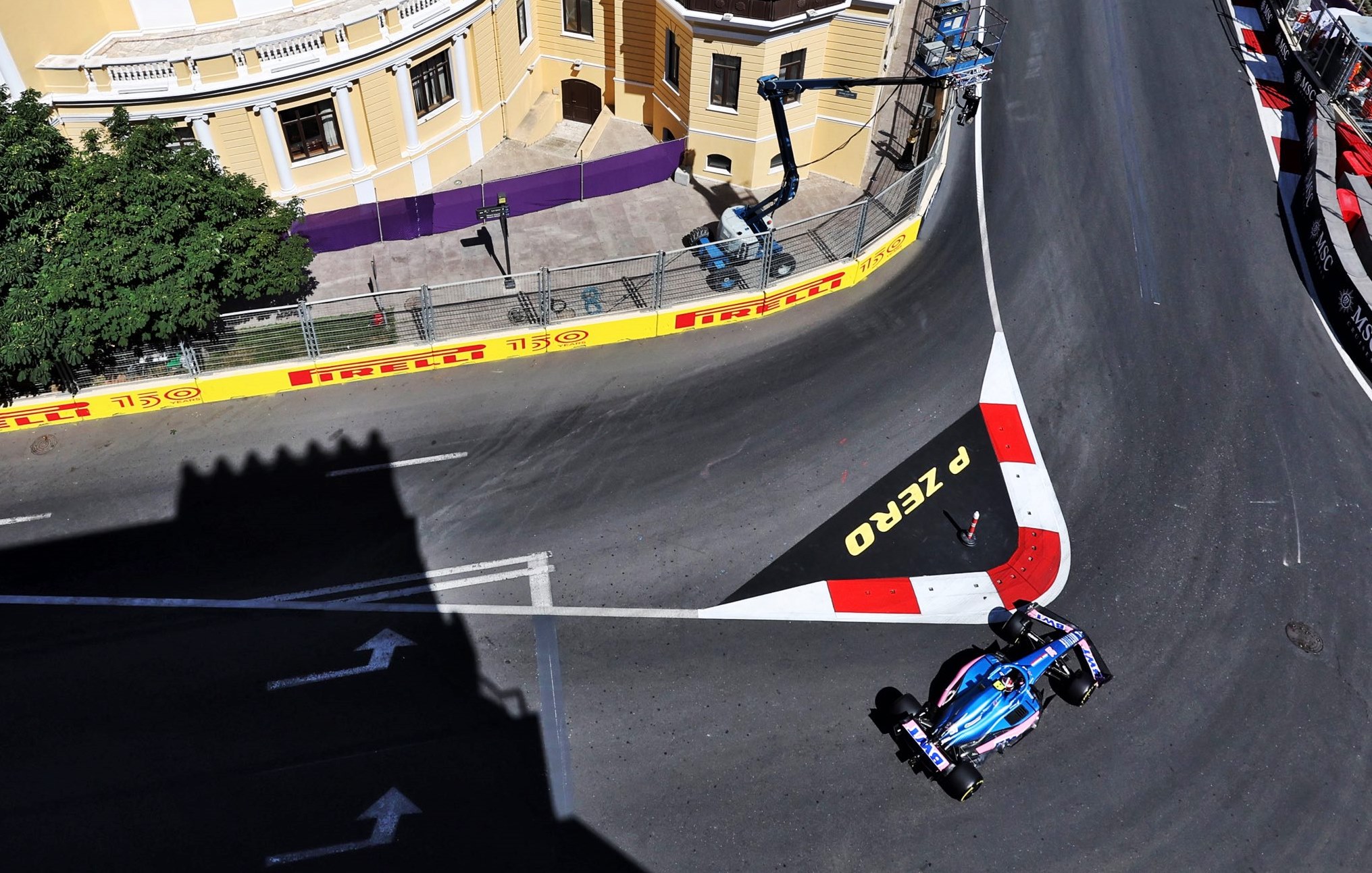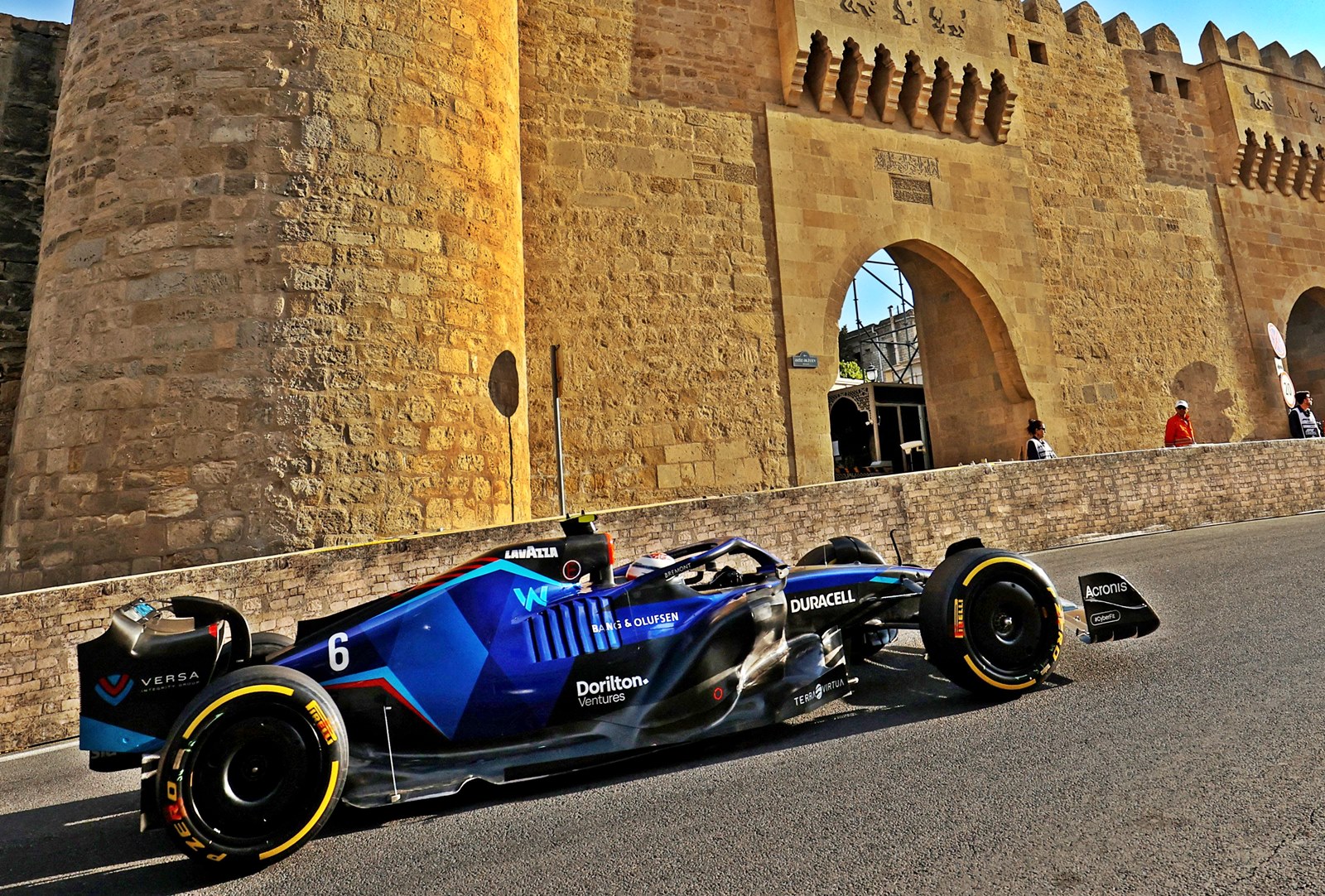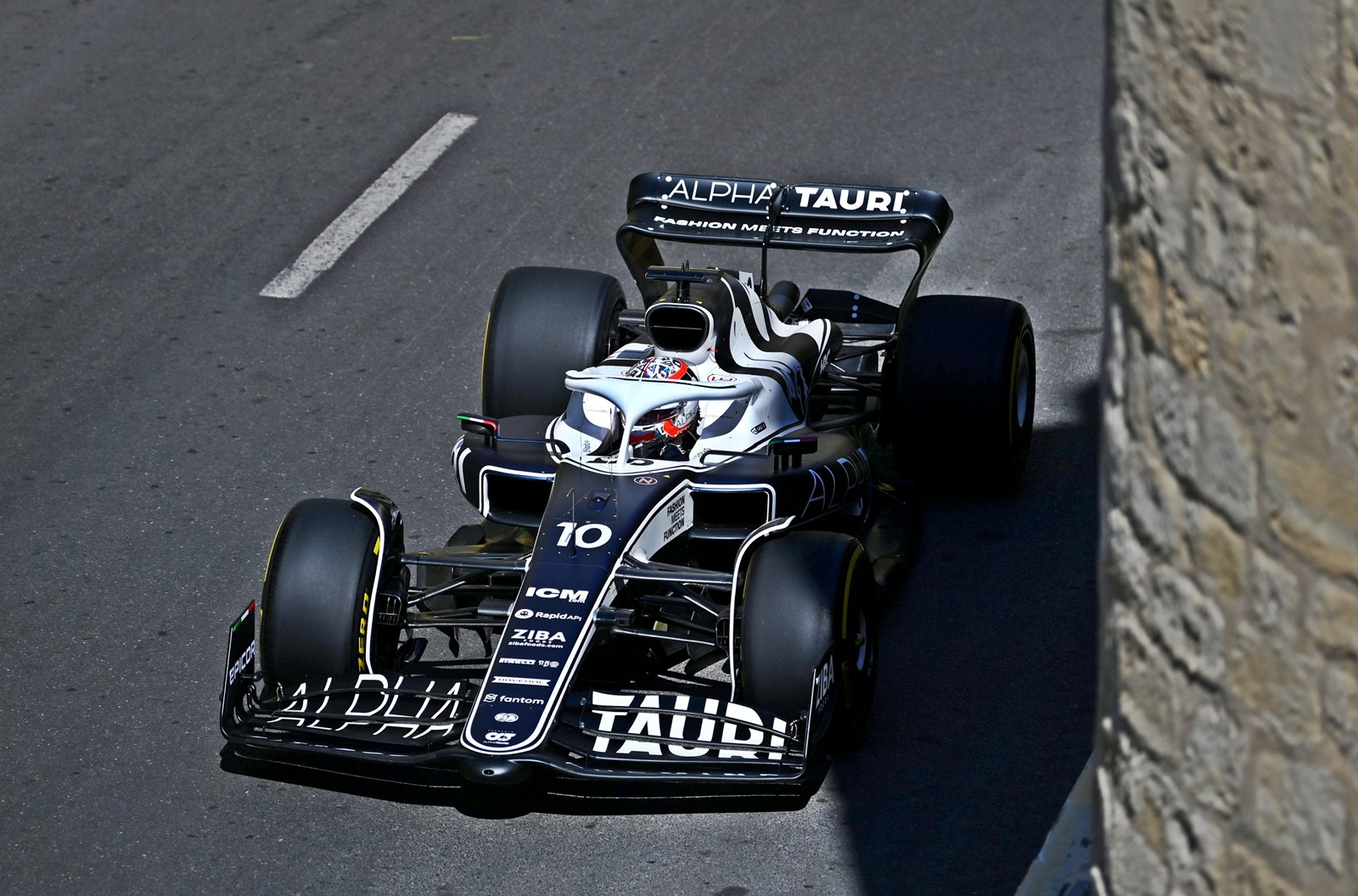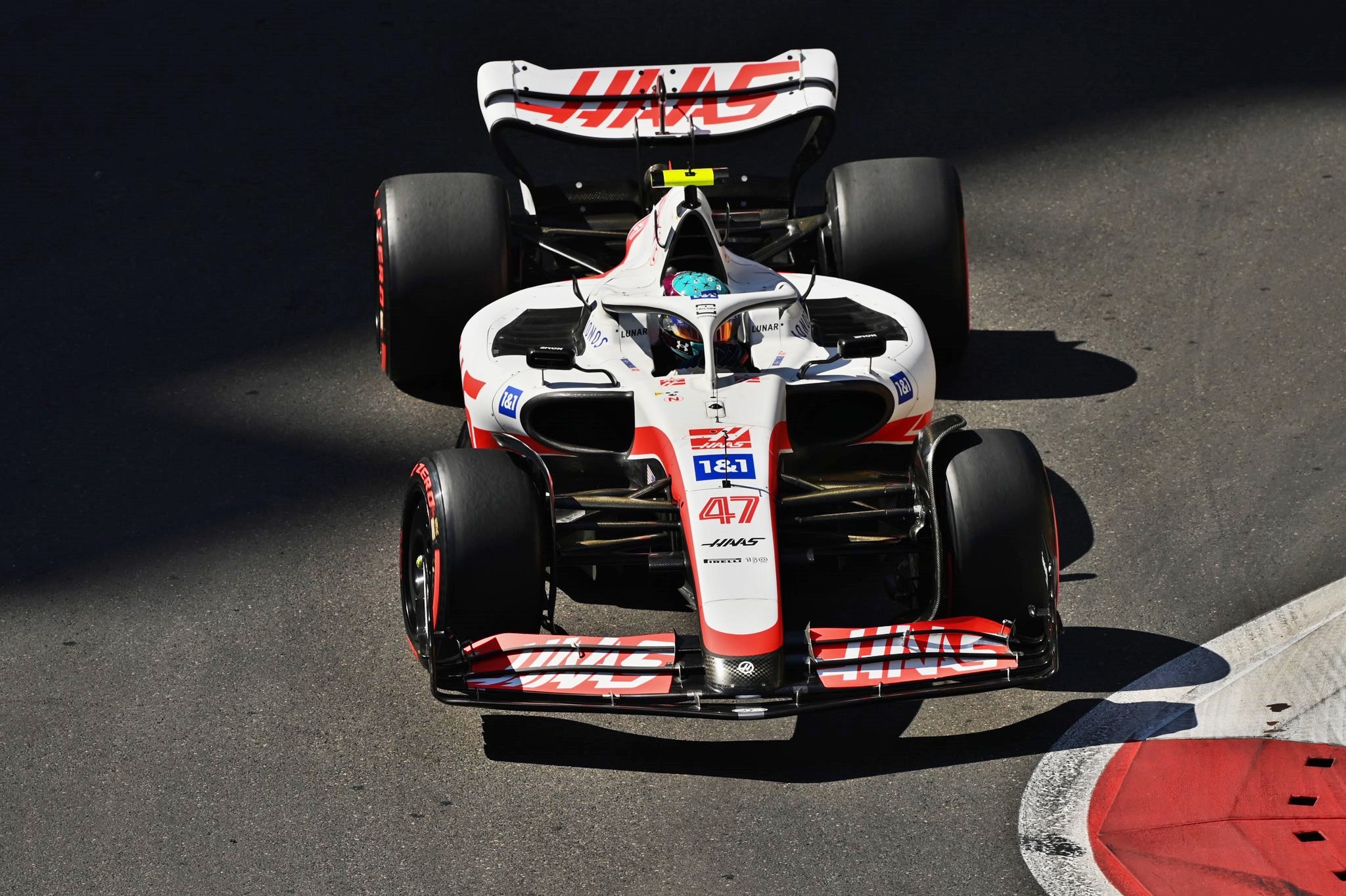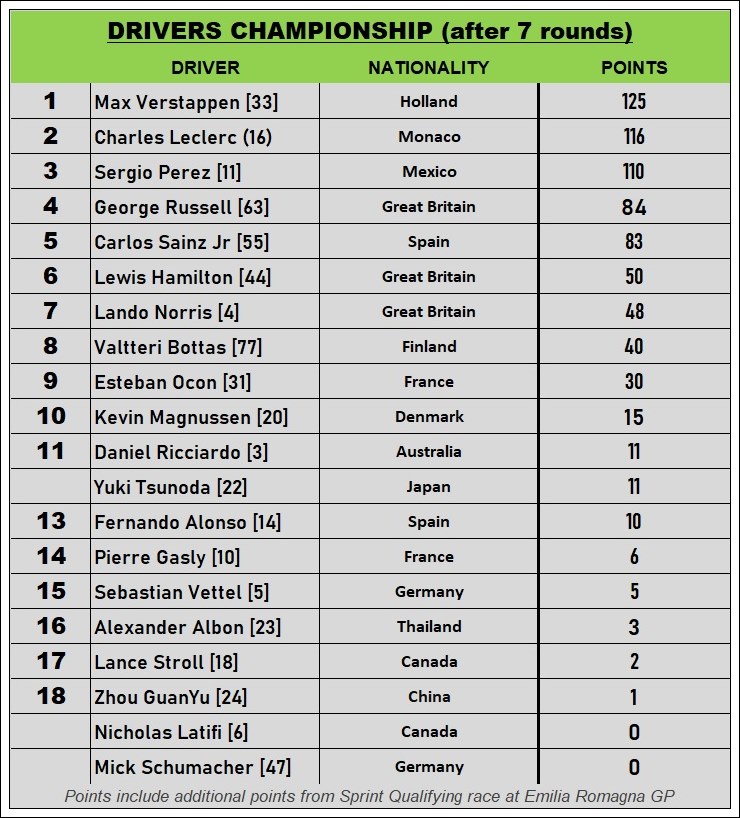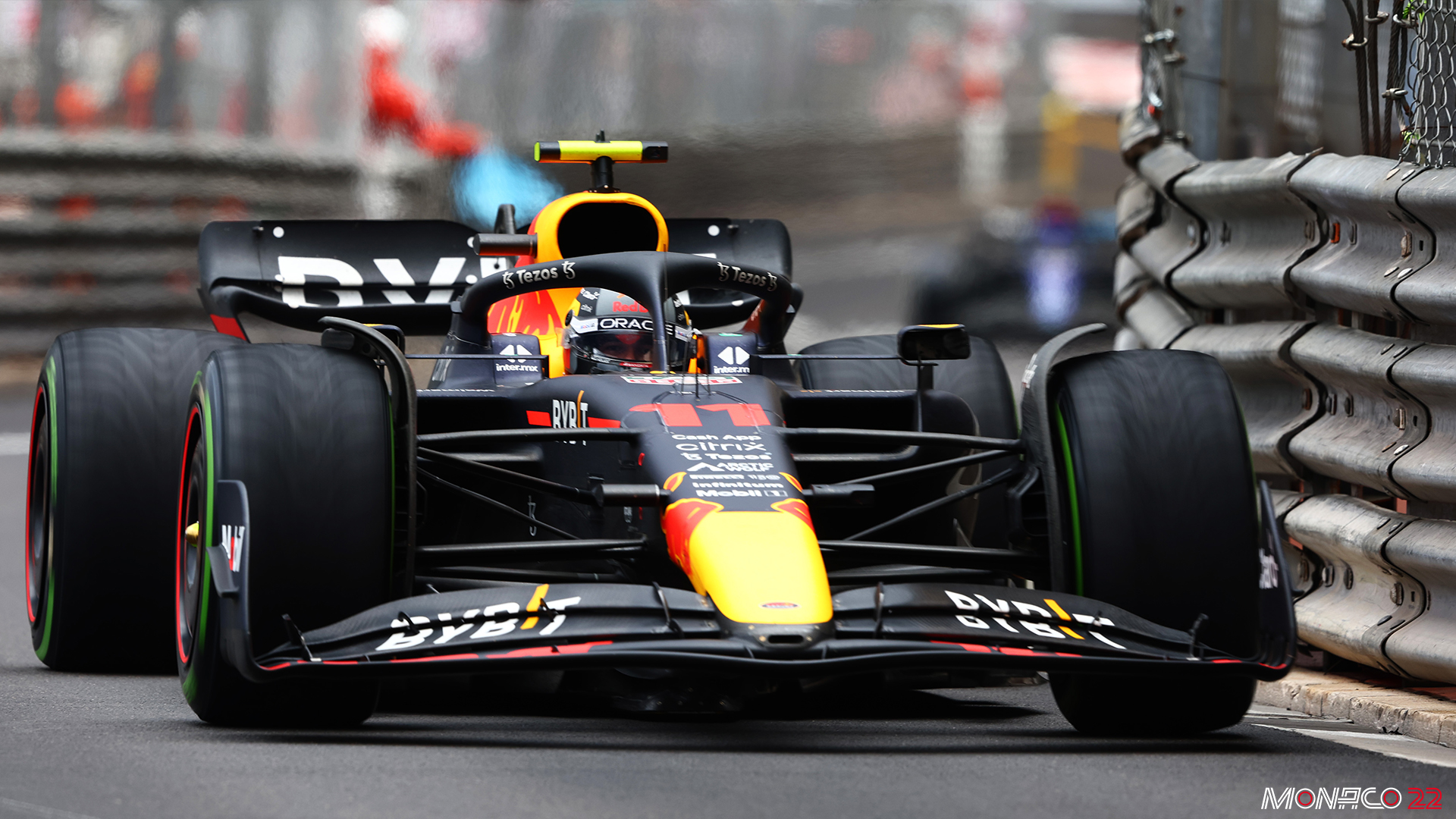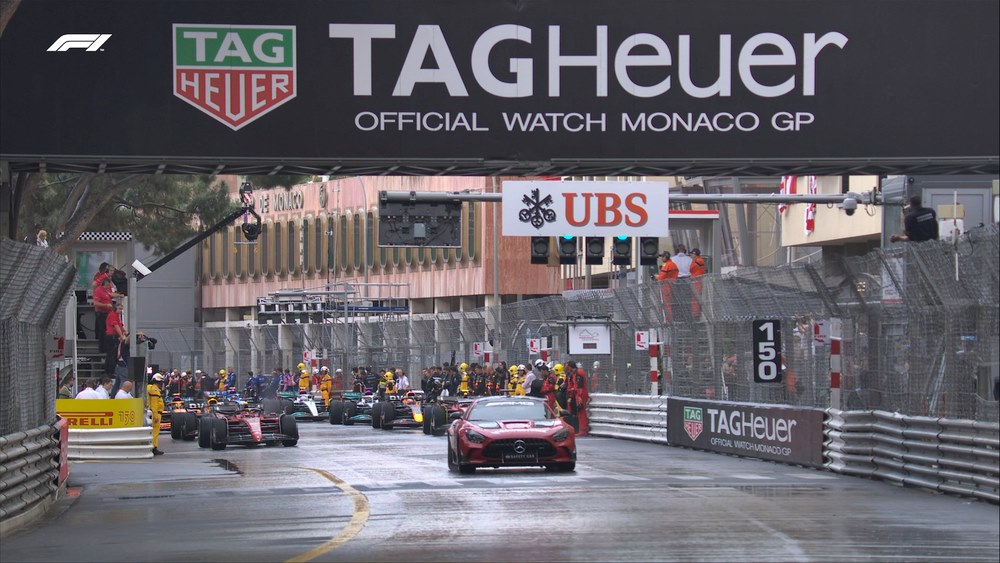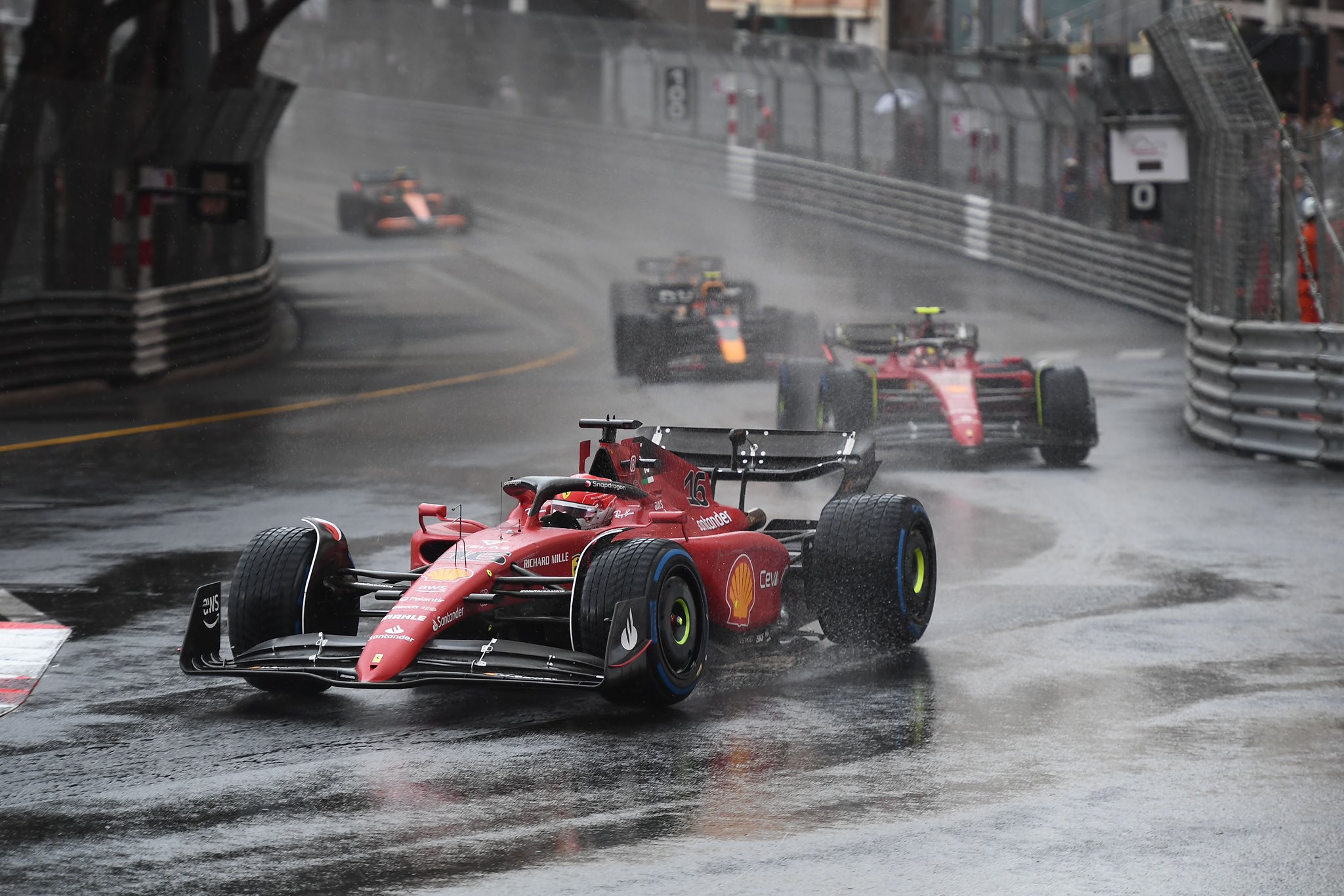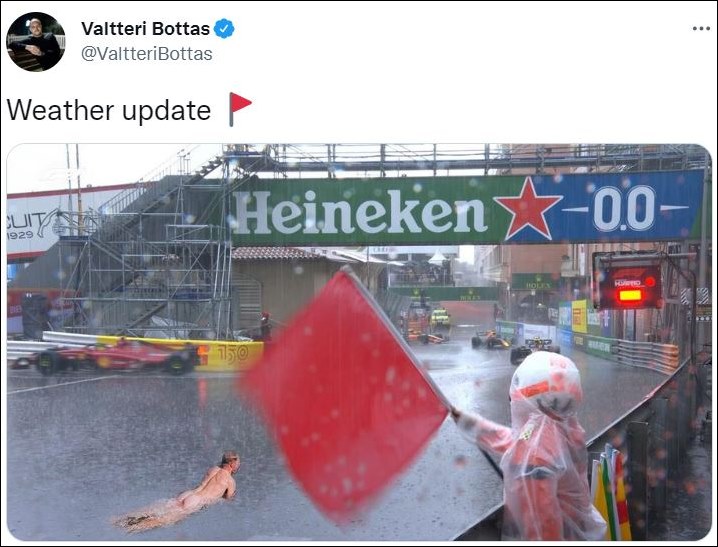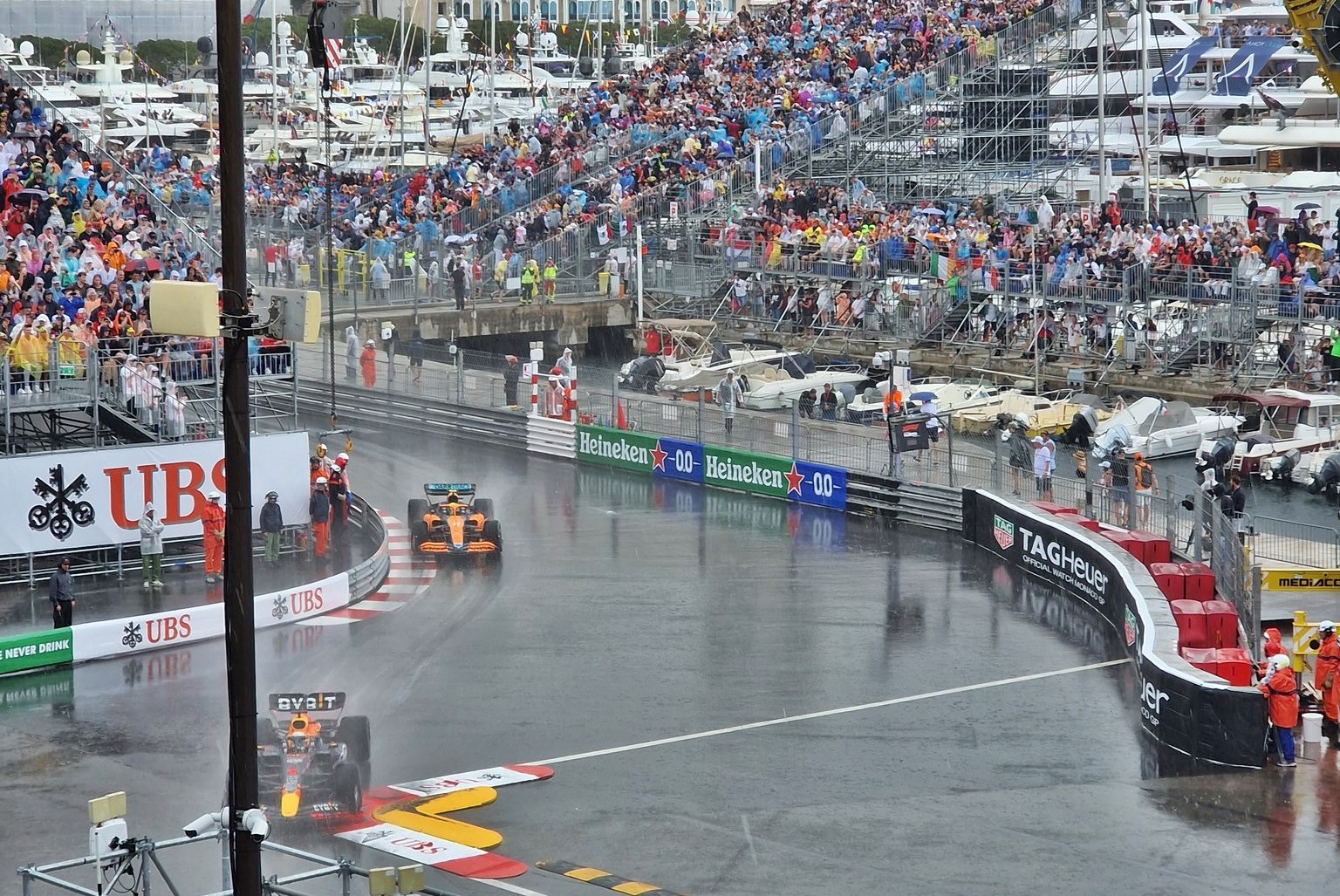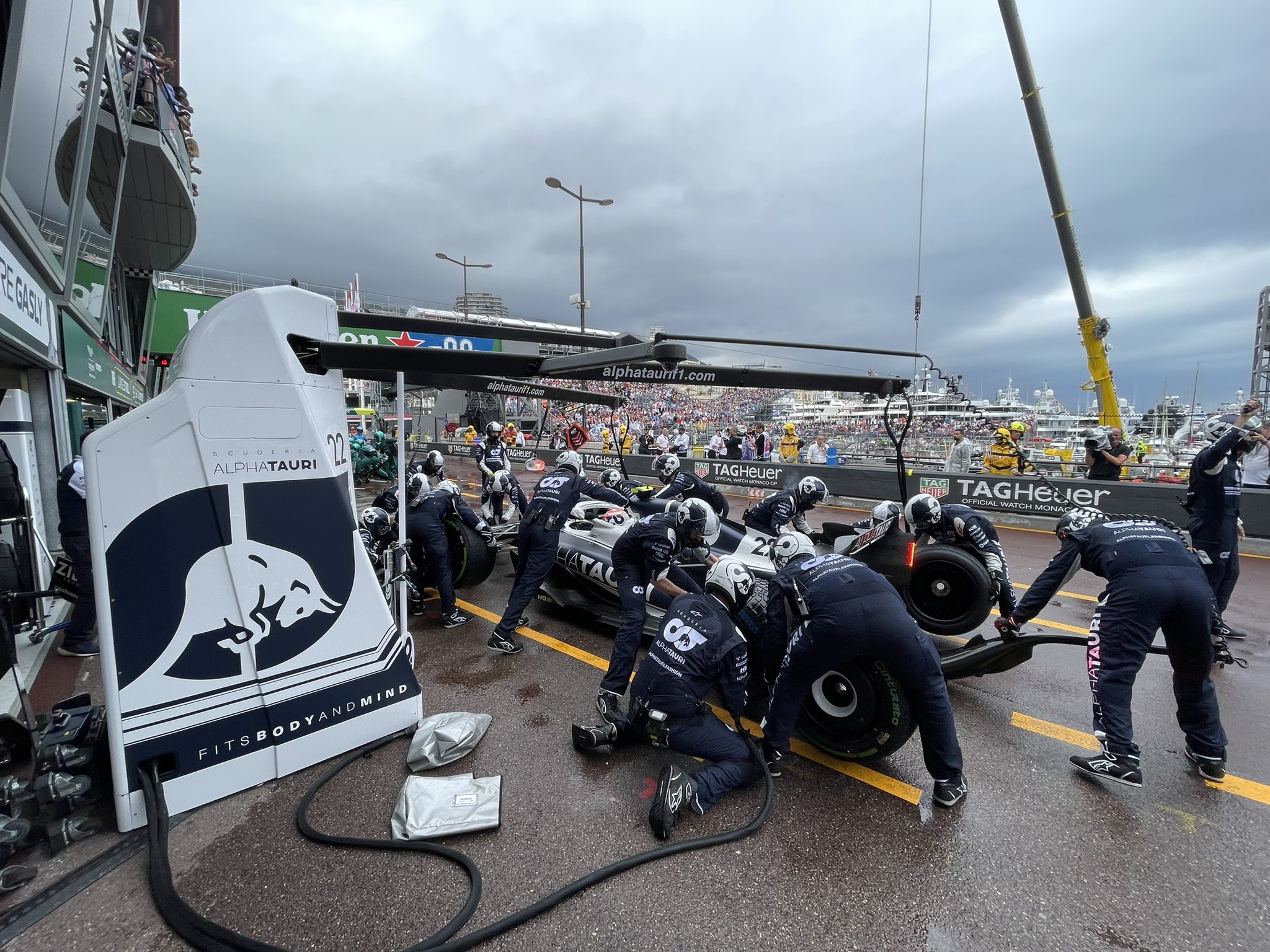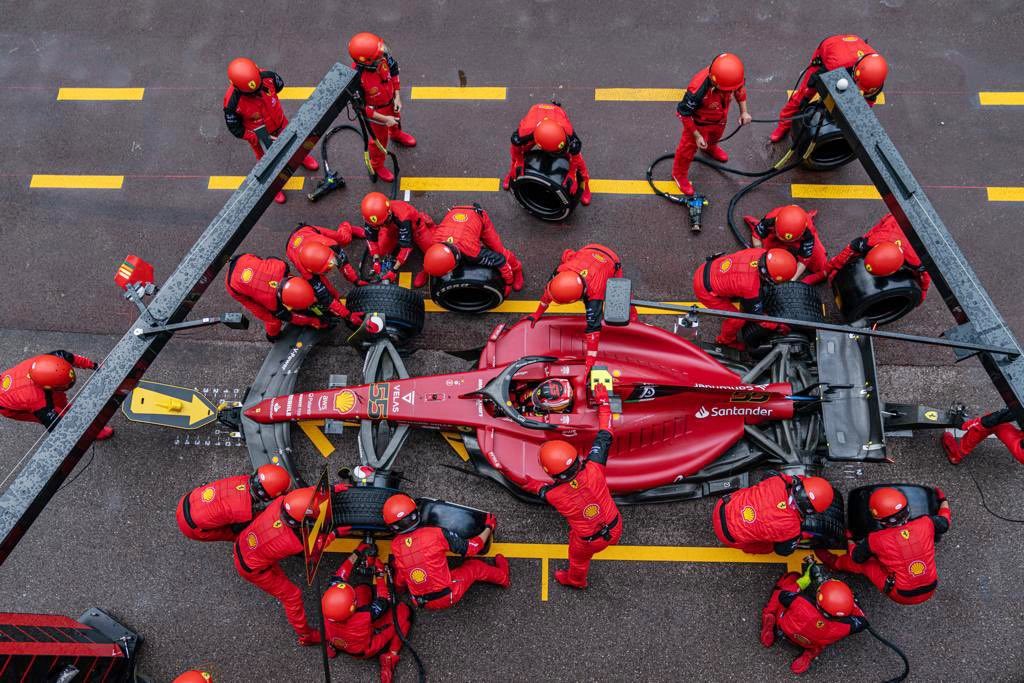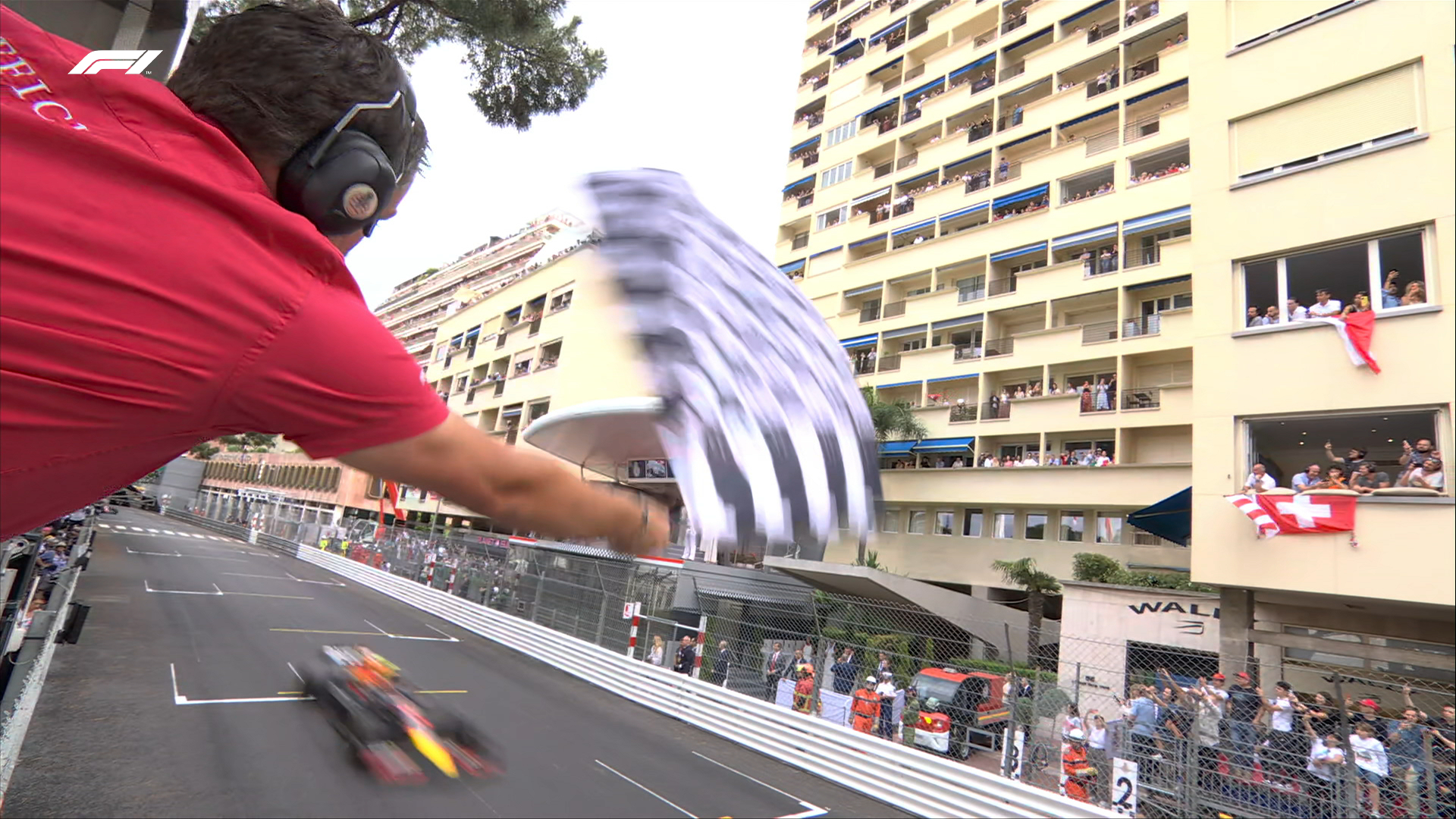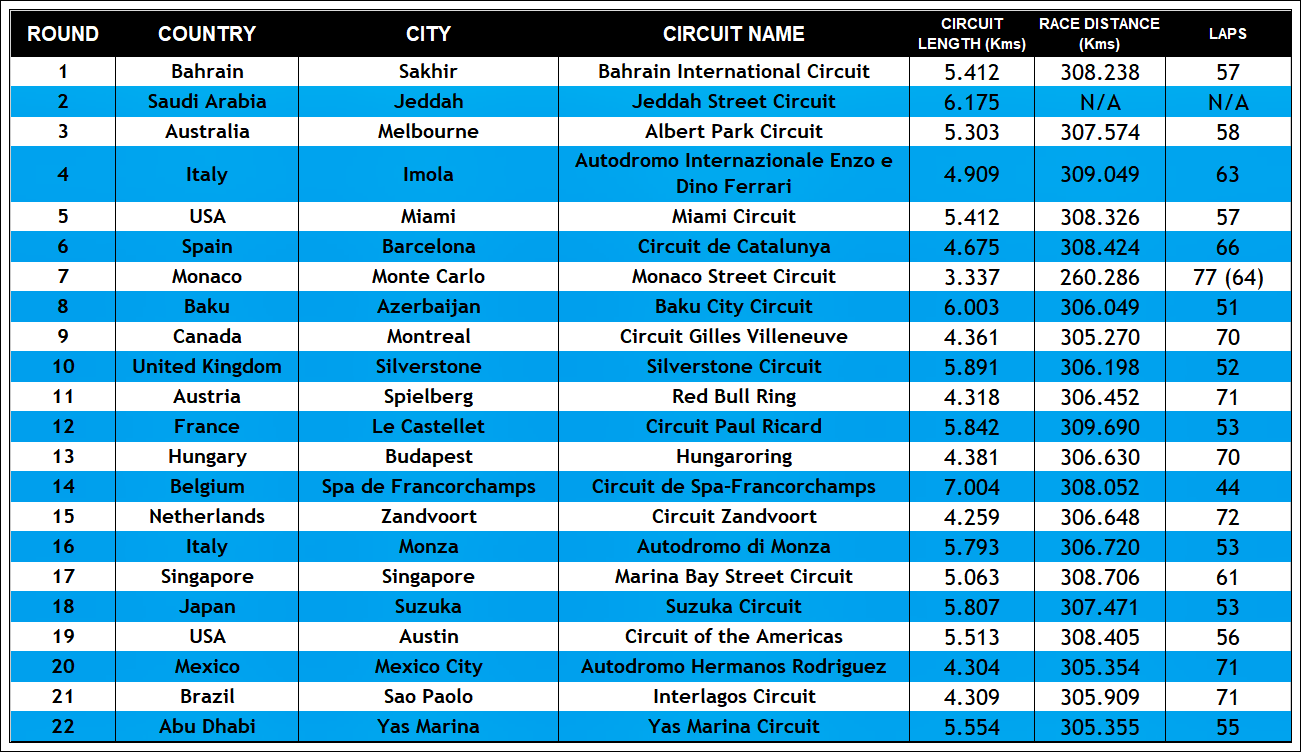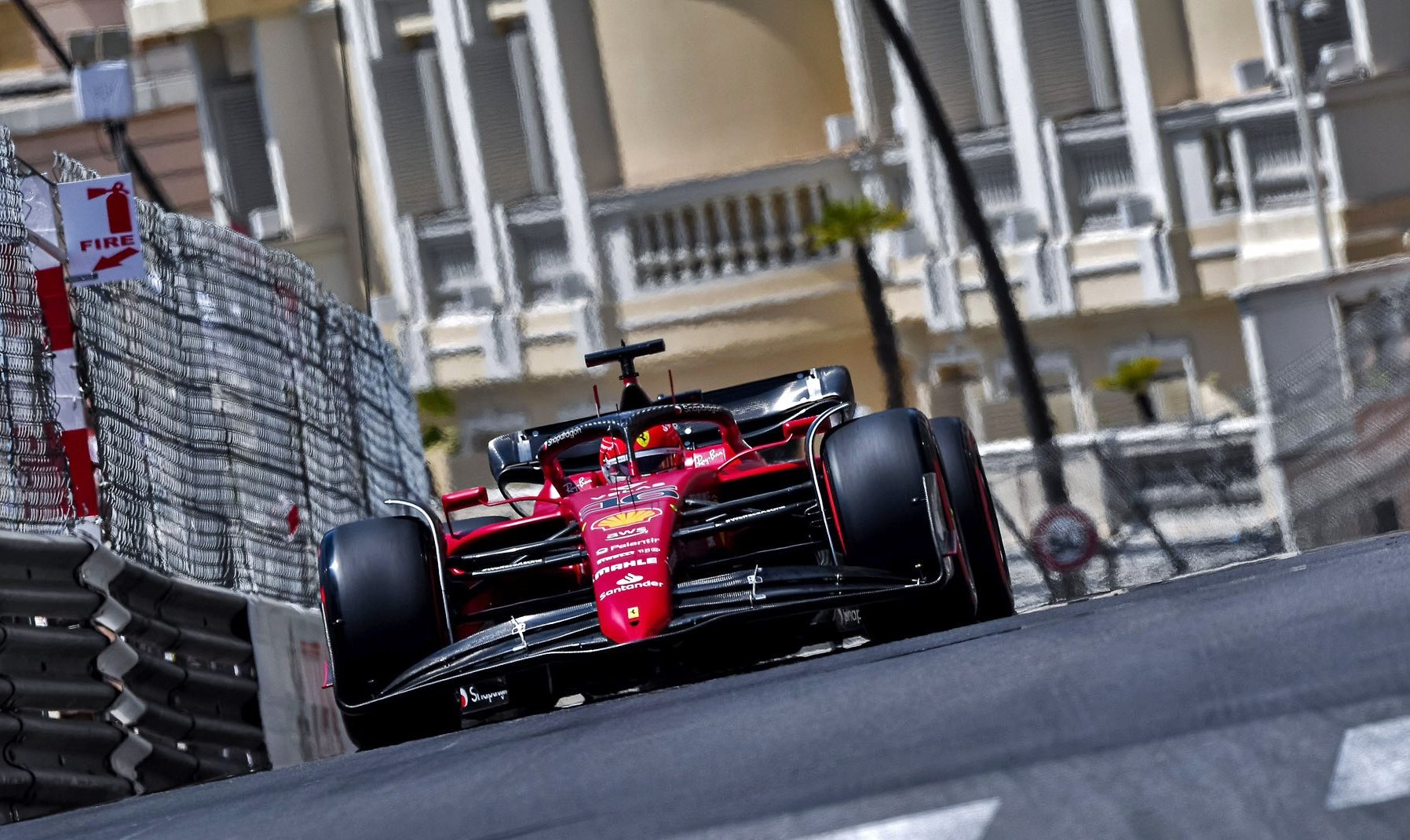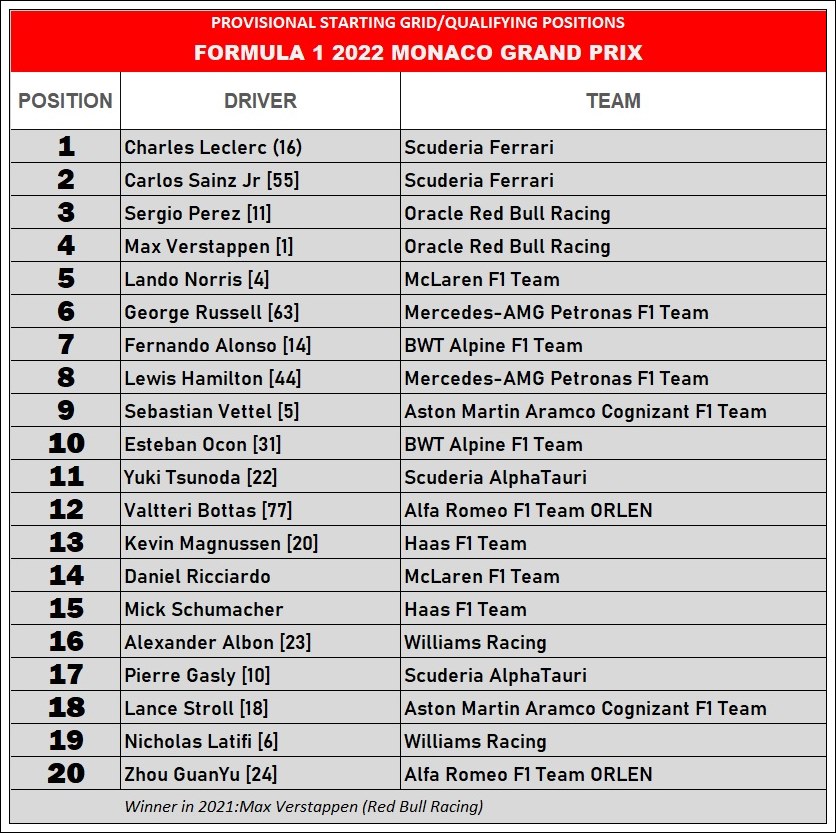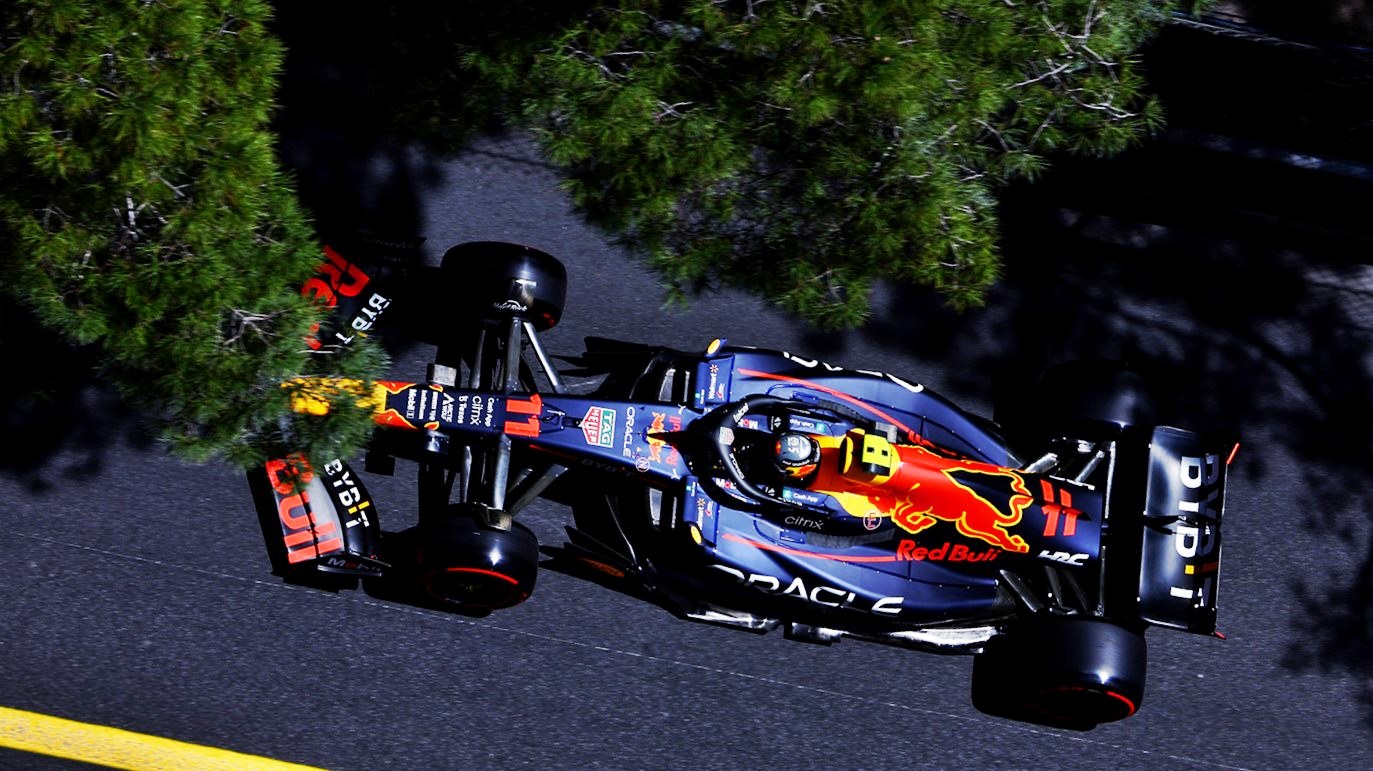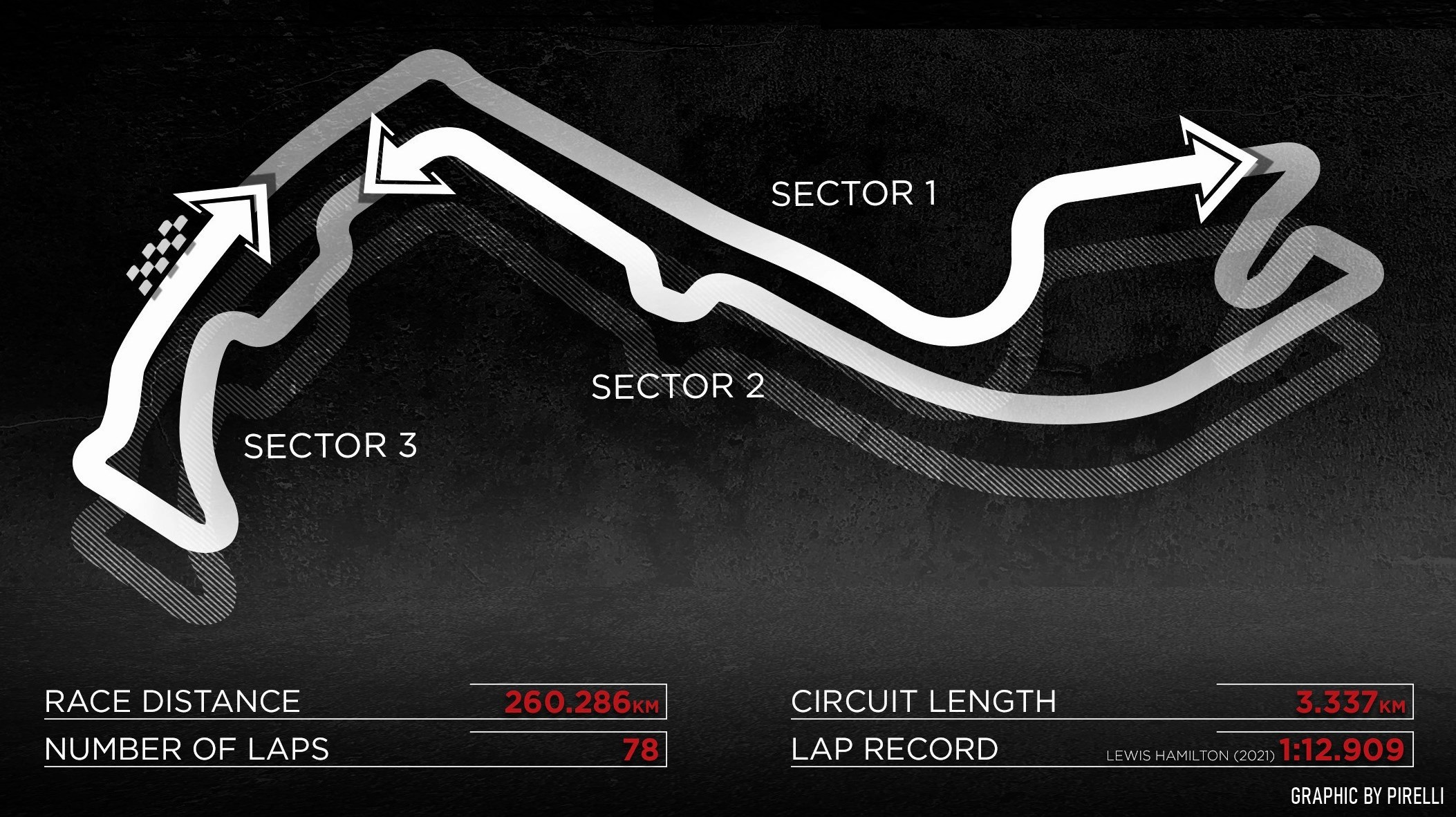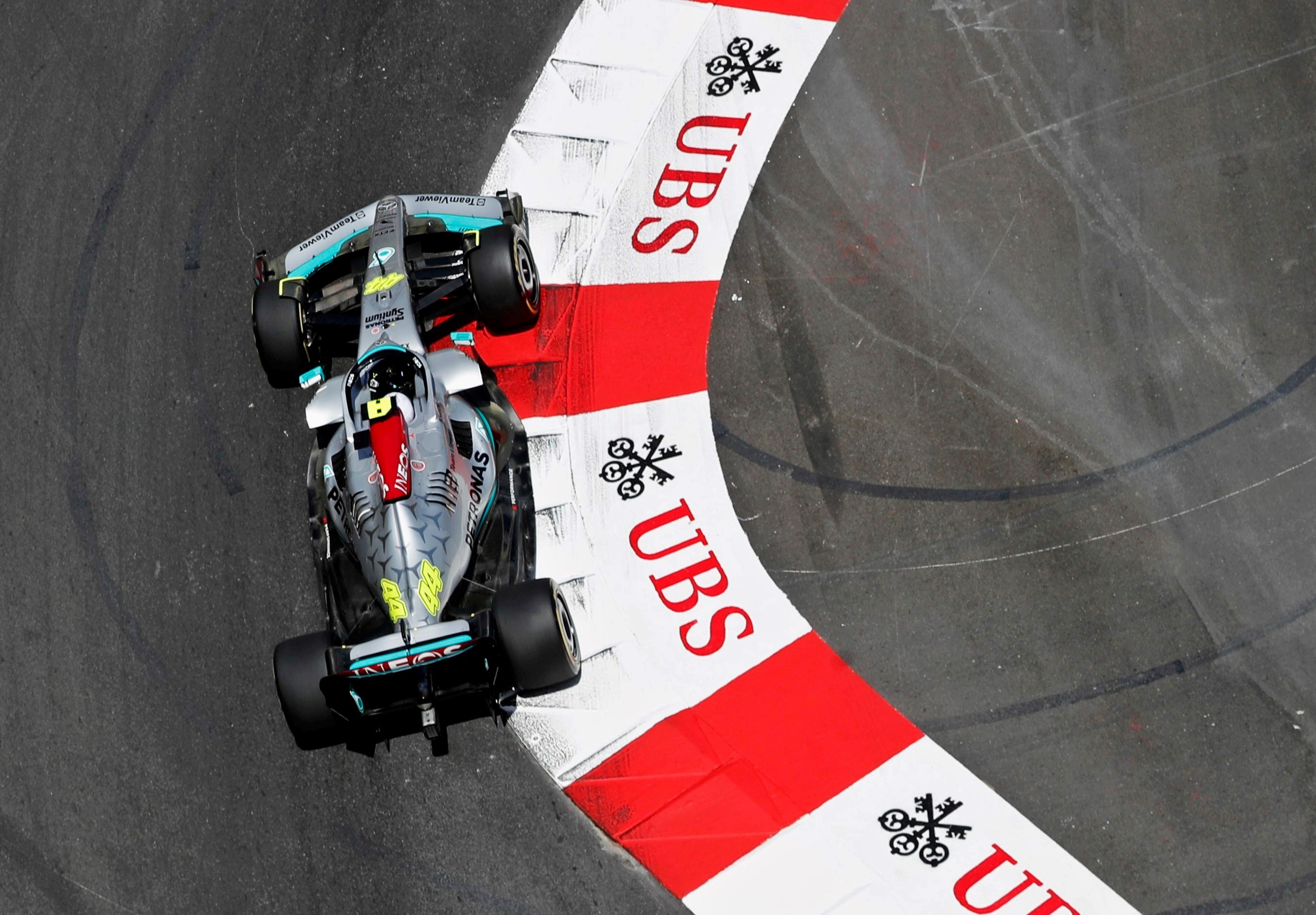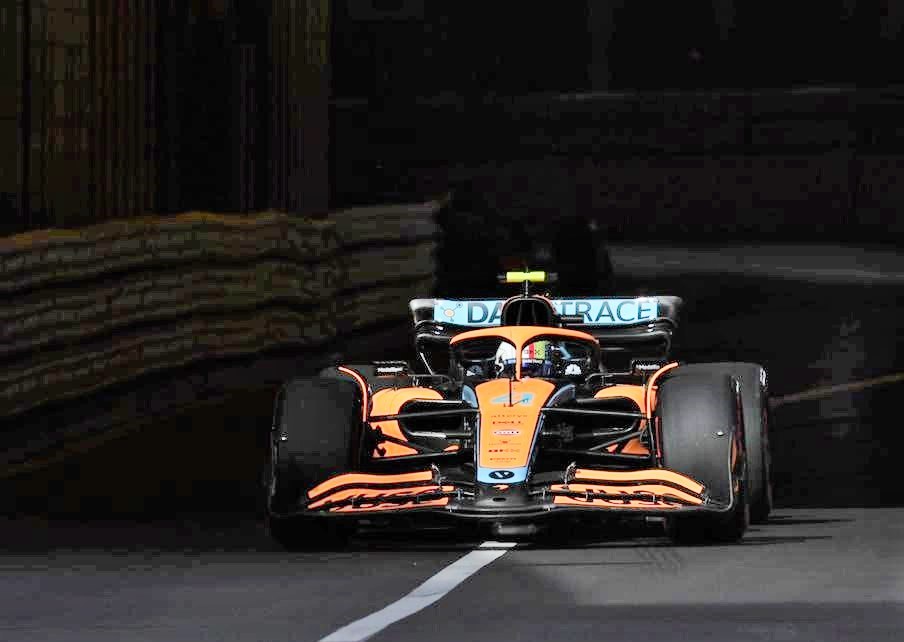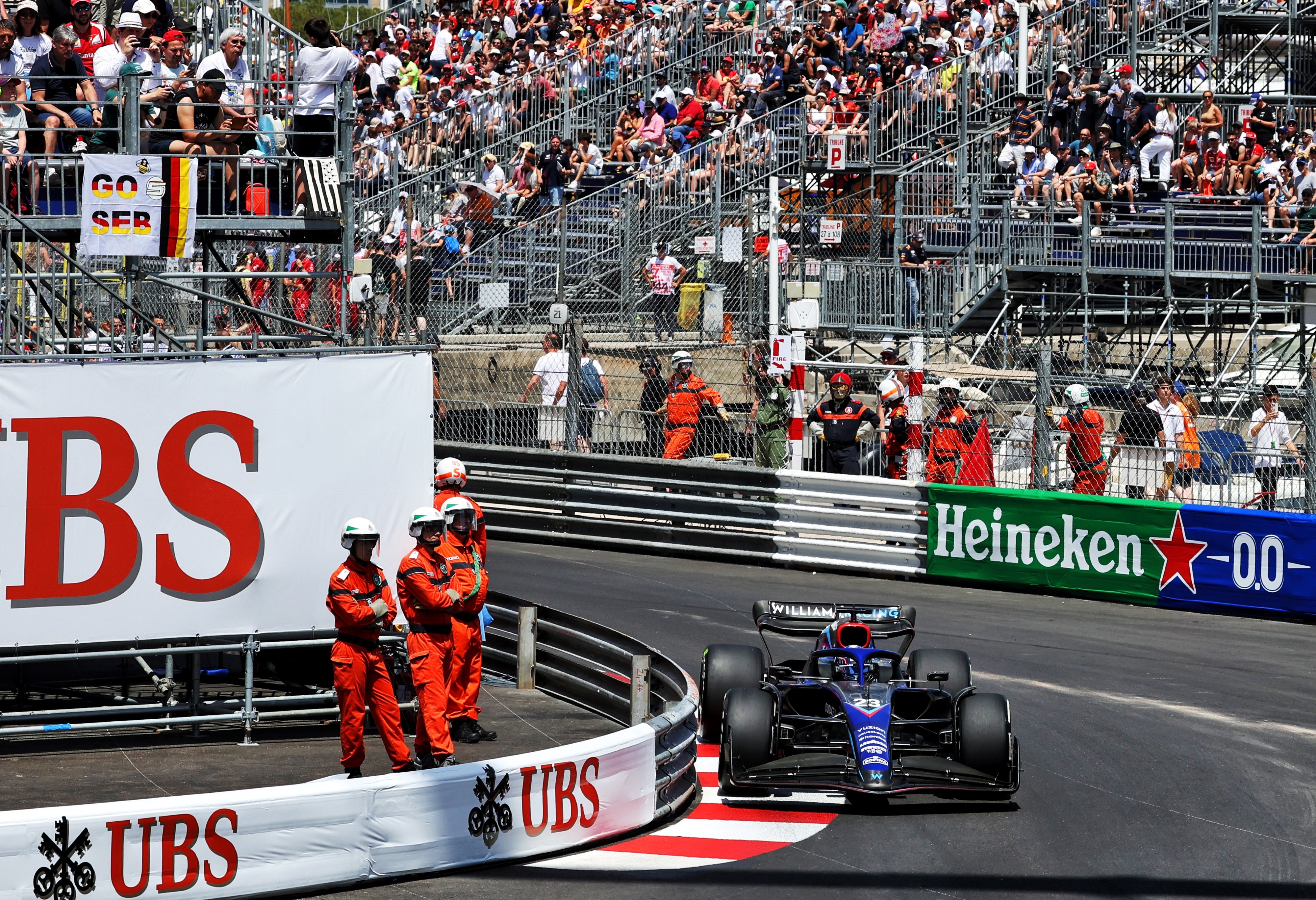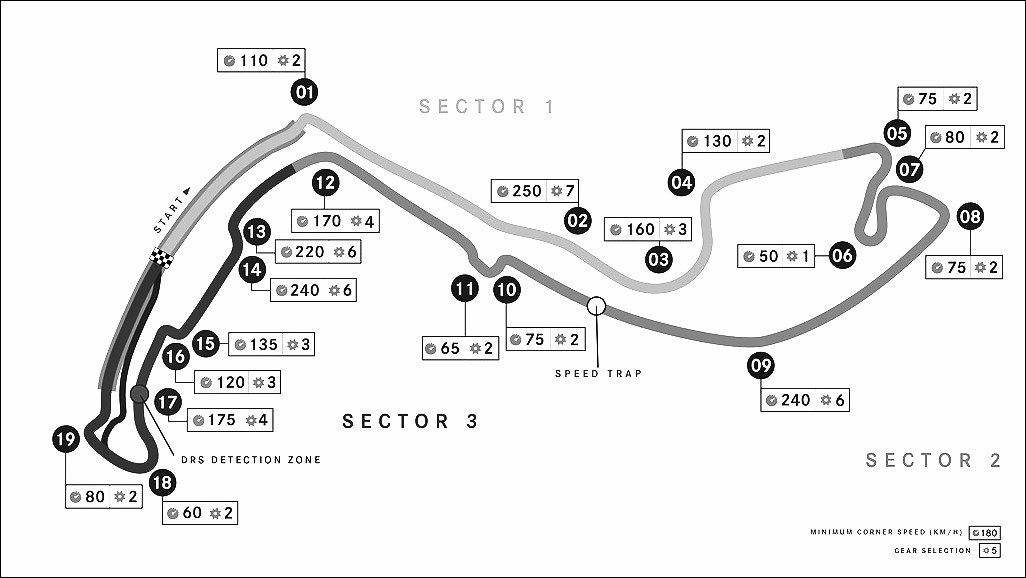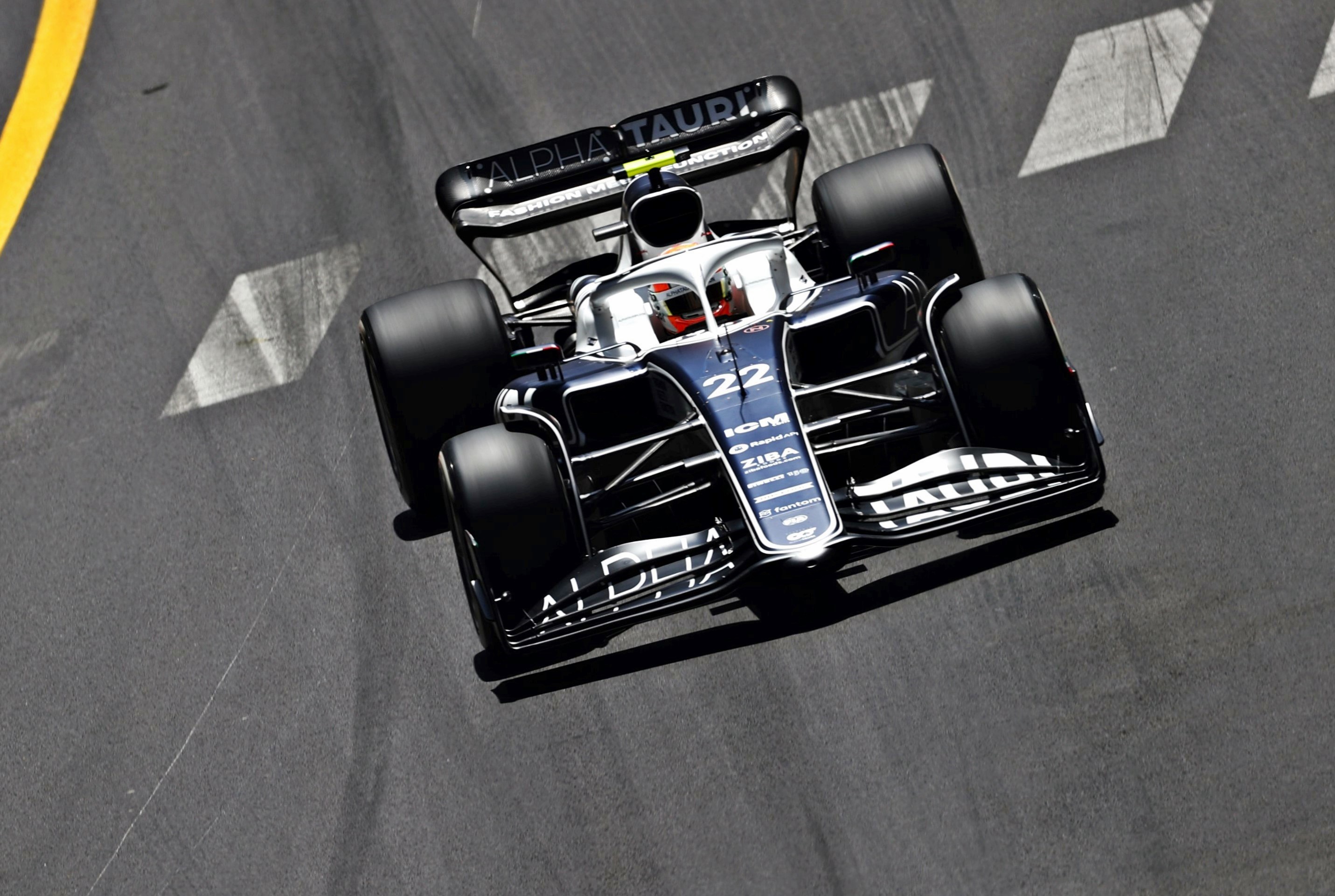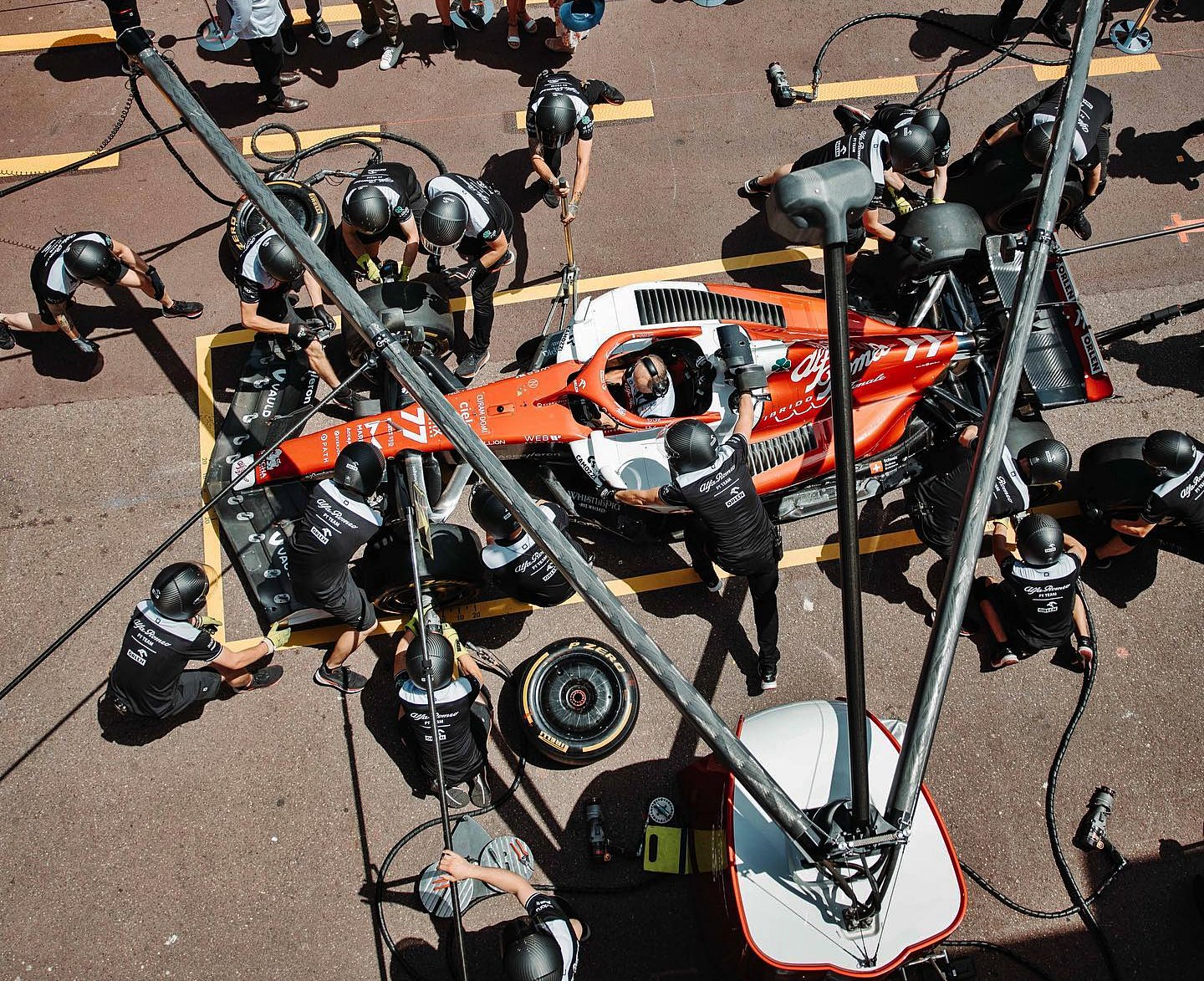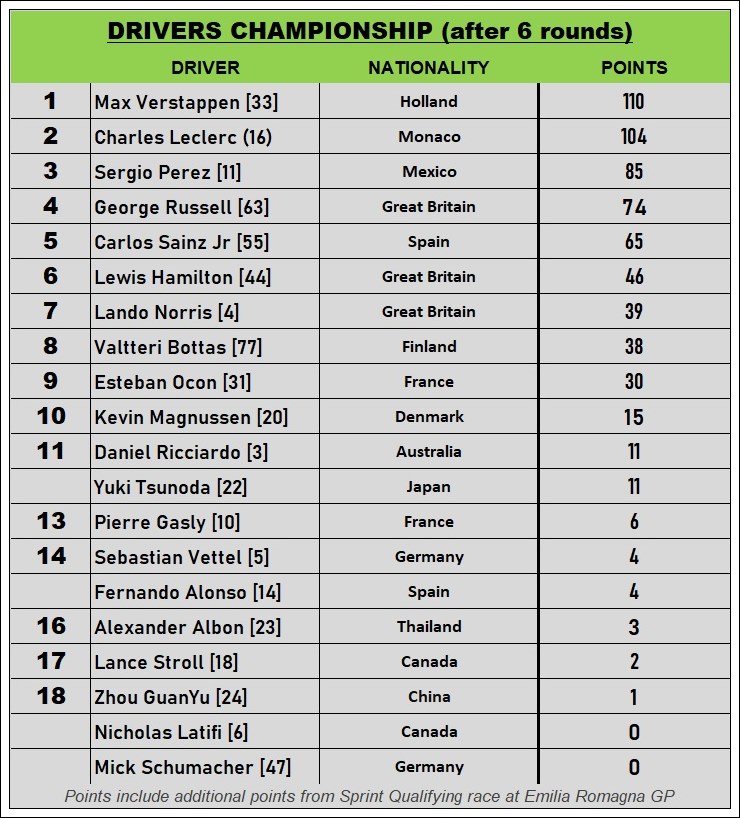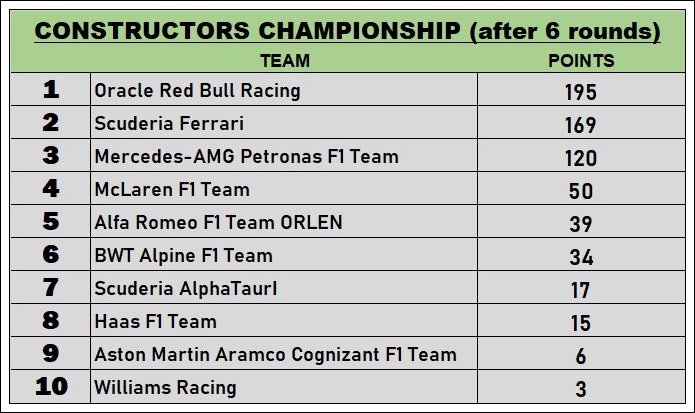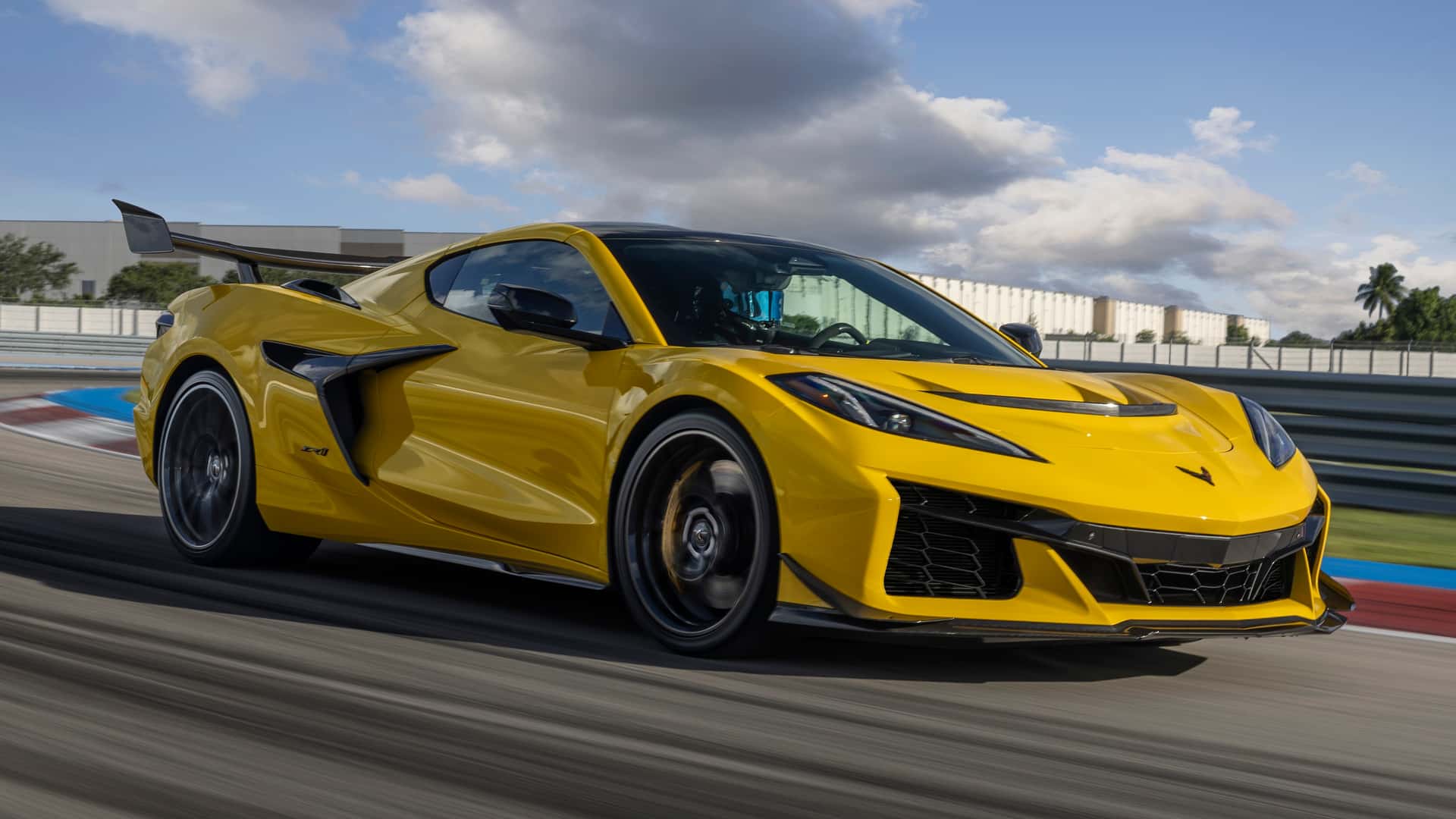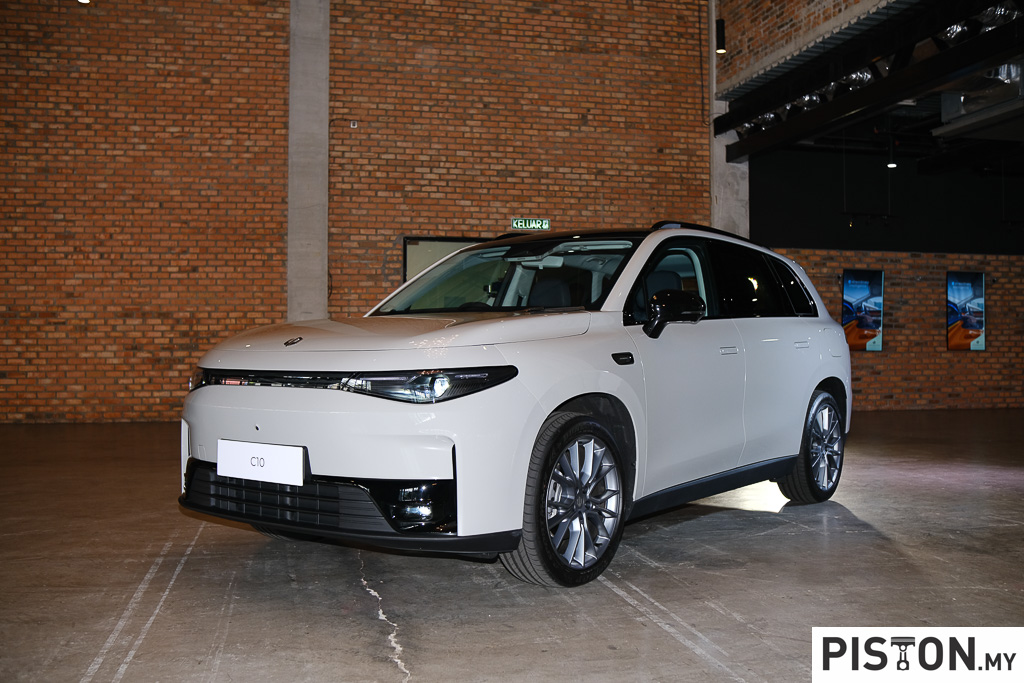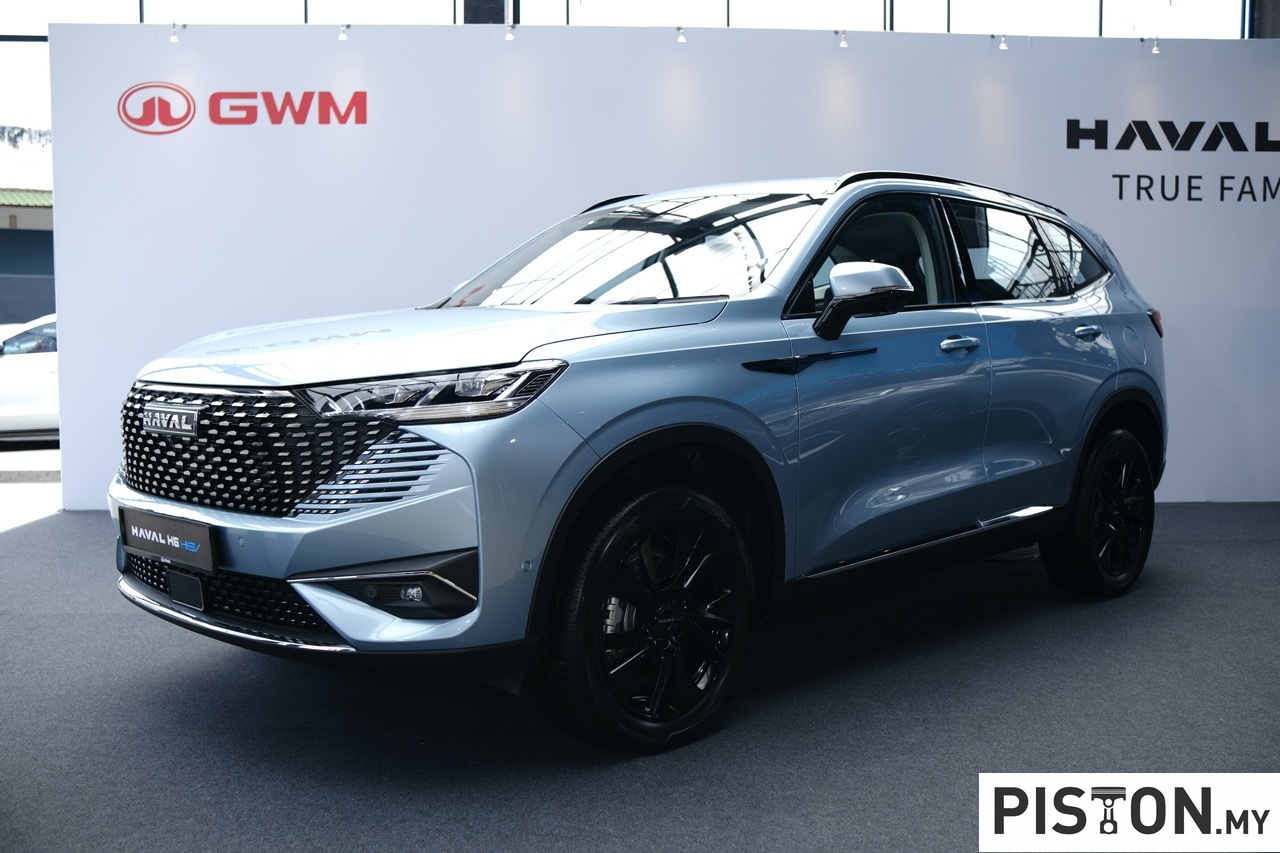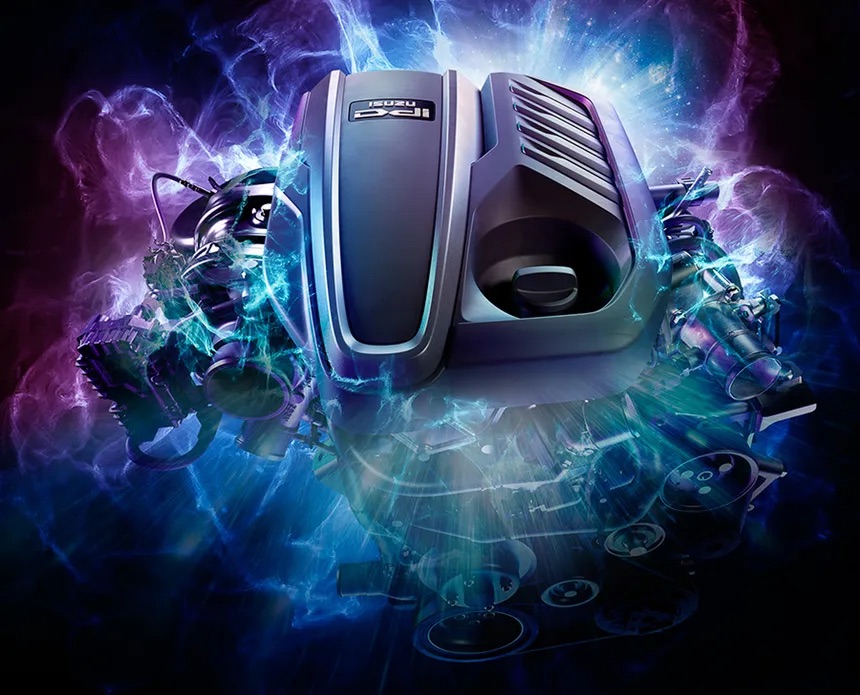Race starts at 3 pm in Austria/9 pm in Malaysia
After the dramatic British Grand Prix at Silverstone last week, the F1 teams crossed the English Channel to head to the Red Bull Ring for the Austrian Grand Prix, Round 11 of the 2022 Formula 1 World Championship. For this round, a Sprint Race has been included which will be run on Saturday. This is the second Sprint race of the year, following the one at Imola in April.
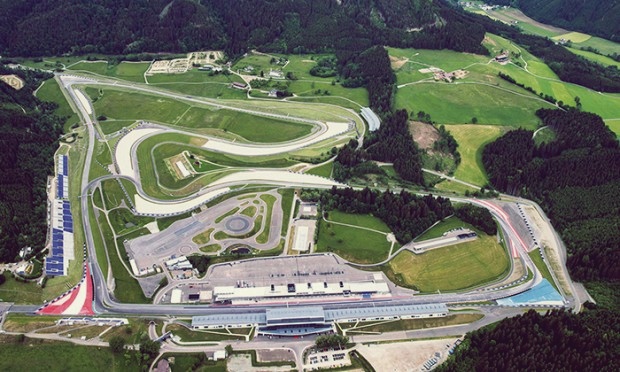
The short race with a 100-km distance proved popular with drivers and spectators when it was first run at the British GP last year. Being run over a shorter distance, drivers will be flat out from start to finish, with no pit stops needed during the 24 laps. The best effort will be necessary as the finishing order will determine the starting positions for the main race (not the positions in Qualifying), so there is a chance to improve on the position gained in Qualifying. There are also points for the top three finishers of the race. There are also points for the top 8 finishers which are added to the overall championship points.
Although Austria has had a World Championship Grand Prix 35 times since 1964, it has not always been held at the Red Bull Ring. The Red Bull Ring was originally known as the Osterreichring and hosted the Austrian GP continuously from 1970 to 1987, as well as from 1997 to 2003. It was later bought over by Red Bull’s co-founder Dietrich Mateschitz and, after being renovated, renamed as the Red Bull Ring in 2013. From 2014, F1 rounds were held at the track as the Austrian GP and last year, the Styrian GP was also held there.
Each lap of the 4.318-km circuit is covered in two distinct sections. The layout has just 10 corners, so it is short and sharp and also a rollercoaster as it is on a hillside with constant elevation changes. Though it is not the shortest track, the Red Bull Ring has the shortest lap time of all the circuits in the 2022 calendar. The faster drivers will be crossing the start/finish line in just over minute. This allows them to do more laps, both in the practice sessions and in qualifying – provided they have enough sets of tyres.
“The asphalt at the Red Bull Ring offers reasonably low grip on a low-severity circuit, which makes it possible to bring the softest tyres in the range. This helps us in putting the focus on entertainment, at a venue that has often delivered exciting races in the past, thanks to a busy and compact lap that’s essentially a series of short corners. Our tyre nomination makes a variety of different potential strategies possible,” said Mario Isola, Pirelli’s Motorsport Director.
The track puts huge demands on a car’s handling while, at the same time, demands good mechanical grip at low speeds and excellent performance at high speed. Ultimately, the engineers have to find a compromise when setting up the racing car and dial in the right amount of downforce.
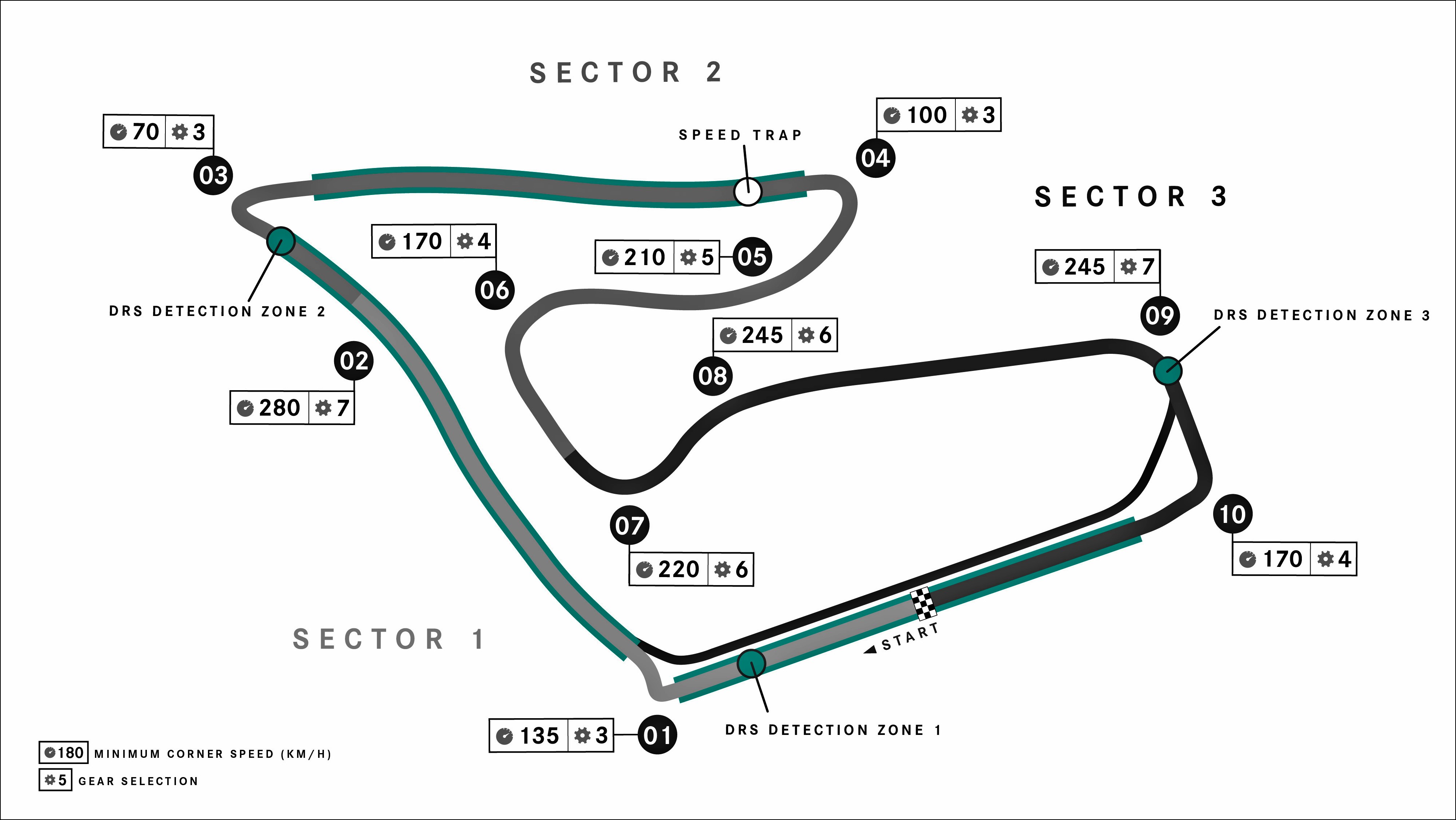
There are 3 very hard braking zones in succession on the approaches to Turns 1, 3 and 4, and the brakes are unable to cool down sufficiently over the rest of the track as the lap is relatively short. This impacts the maximum pressure and general wear and tear experienced. For that reason, teams have to apply as much cooling as possible to the brakes, so the front tyres hardly get warmed up at all.
The Red Bull Ring is also notorious for its aggressive kerbs and is considered to be one of the toughest tests for the suspension. This applies especially to the kerbs at the exits of T1, T6 and T7, which take an exceptionally high toll on the cars because of their frequency (ie the gap between the highest and lowest points of the kerbs) and the speeds at which they are taken.
THE SPRINT RACE
There was a bit of confusion as the race was about to start and there was a short delay which meant another formation lap for the cars. In that time, Alpine’s Fernando Alonso had his car pushed back to the pits and he would not race, while Alfa Romeo’s Zhou GuanYu had engine problems that saw him having to start from the pitlane.
So 18 cars were on the starting grid when the lights went out, and Red Bull Racing’s Max Verstappen – starting from pole position, got ahead of the rest. In the first few corners, the two Ferrari drivers exchanged positions with Carlos Sainz taking second initially and then losing it to team mate Charles Leclerc.
Sergio Perez, the other Red Bull, had cut through traffic to move 5 positions up from starting at 13th place. Mercedes-AMG’s Lewis Hamilton had a poor start and dropped back to 11th behind Williams Racing’s Alex Albon. However, the other Mercedes-AMG driver, George Russell, was taking on Sainz.
By the 7th lap, Verstappen was pulling away, taking advantage of the duel between the two Ferrari drivers for second place. Russell was watching and watching for a chance to slip past as well. On the same lap, at TuRn 3, Albon caught the attention of the Stewards as he pushed McLaren’s Lando Norris off the track and he was given a 5-second penalty.
Perez was working very hard to move forward, passing Hass F1’s Kevin Magnussen to get to sixth and having Alpine’s Esteban Ocon in his sights.
On lap 11, Aston Martin’s Sebastian Vettel slid into the gravel at the exit of Turn 6 after coming into contact with Albon’s car. Fortunately, he was not stuck and was able to get back onto the track but had dropped way down to 19th.
Down in ninth place, Hamilton was trying hard to overtake Michael Schumacher’s son, Mick, was who in the Haas F1. But the young German driver was able to hold off the 7-time world champion who must be finding it a new experience having to challenge youngesters.
With 3 laps remaining, Hamilton was still stuck behind Schumacher and complaining about it. Finally on lap 21, he managed to take over Schumacher’s position but the race was nearing the end anyway. But at least he would get one point at the end of the race which saw Verstappen taking the chequered flag.


